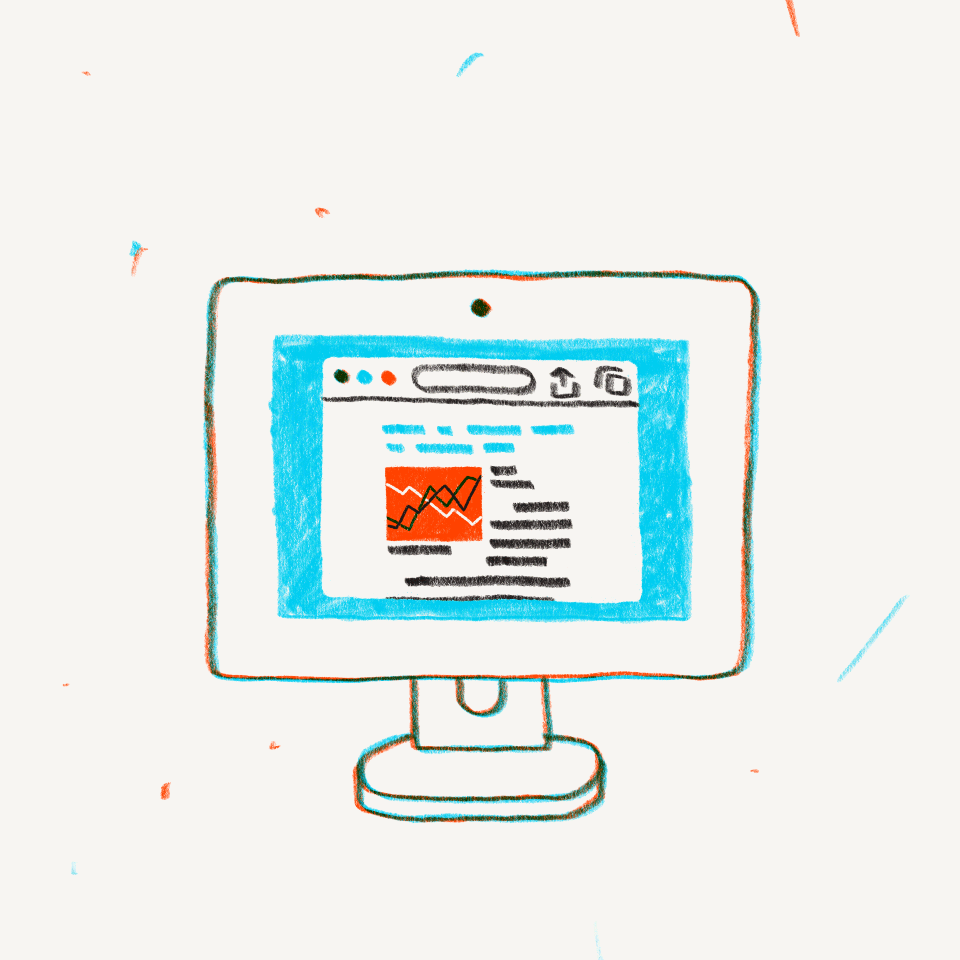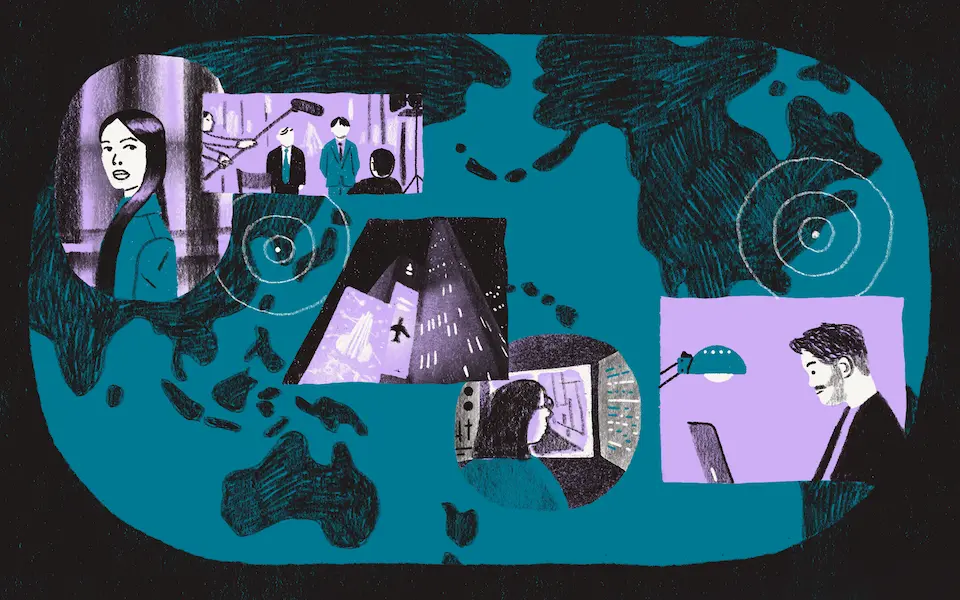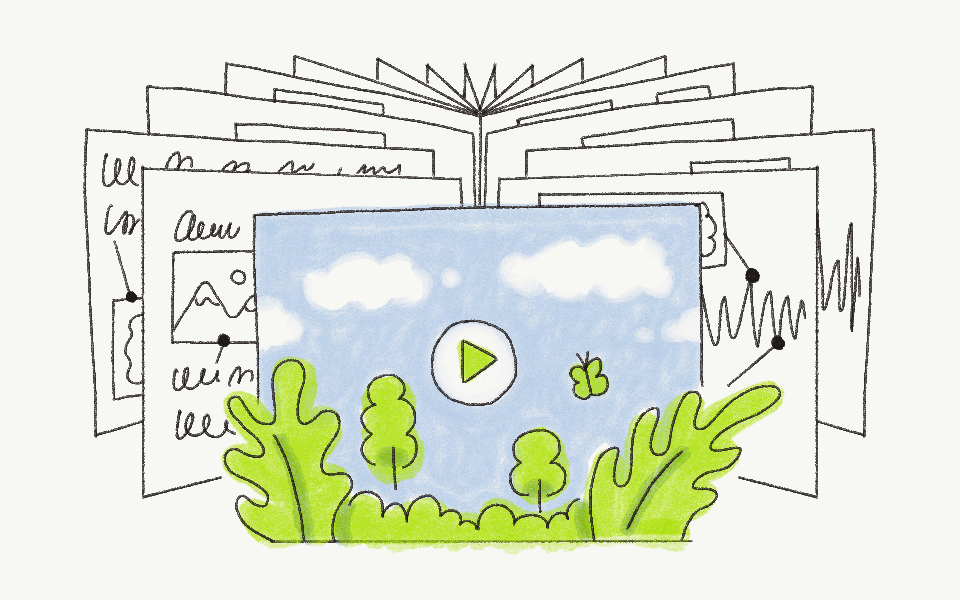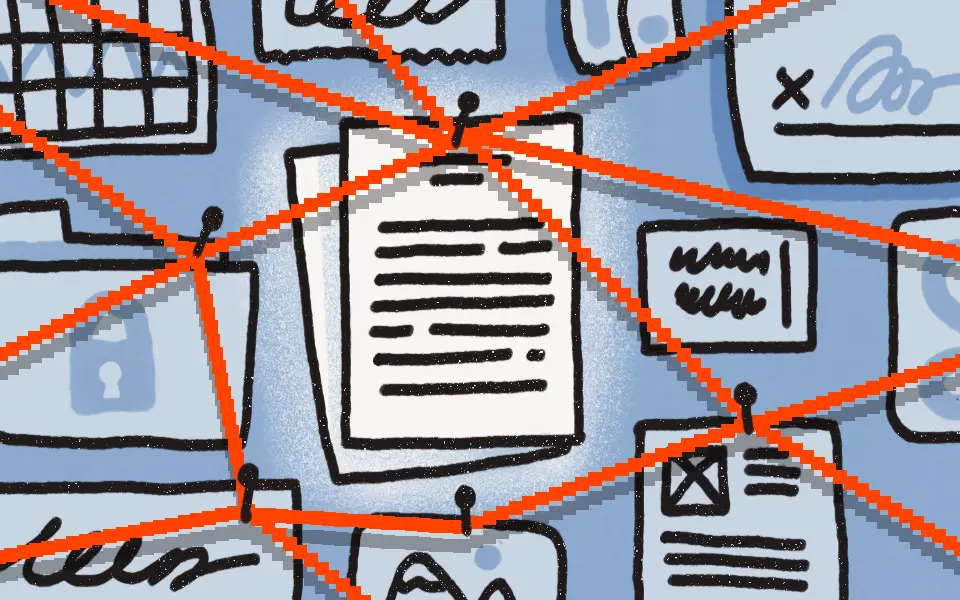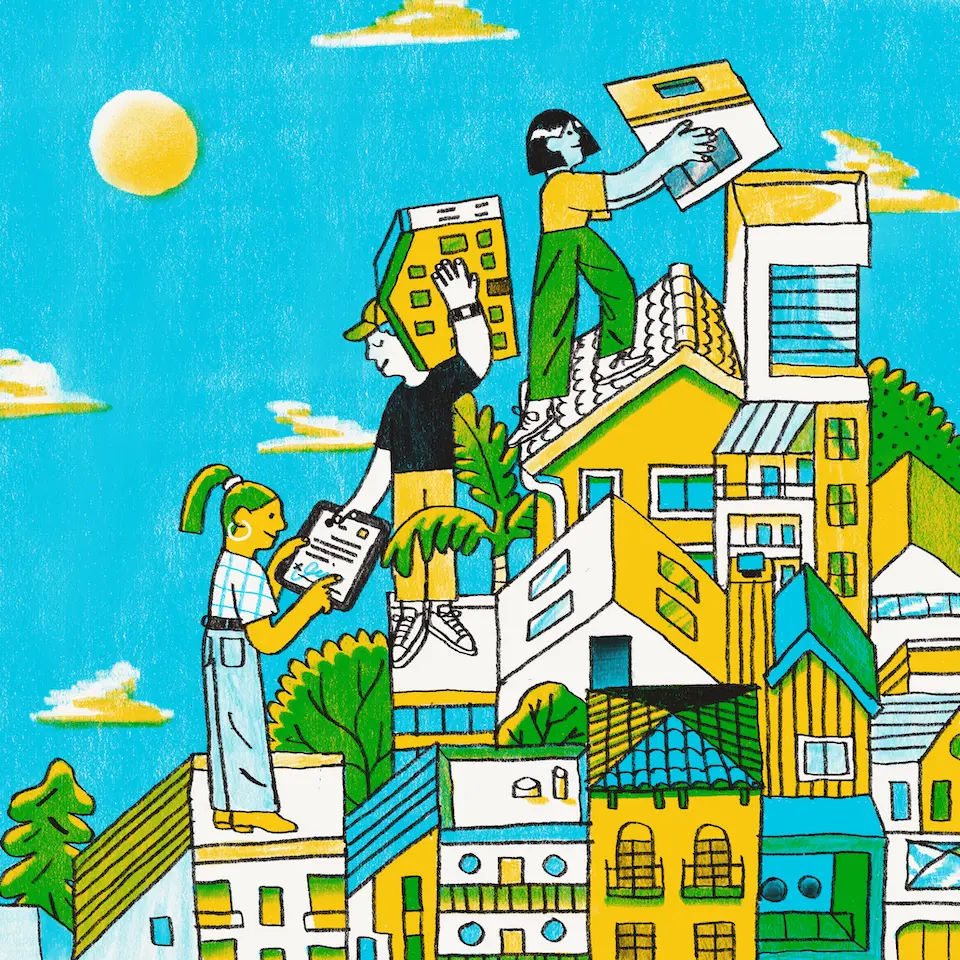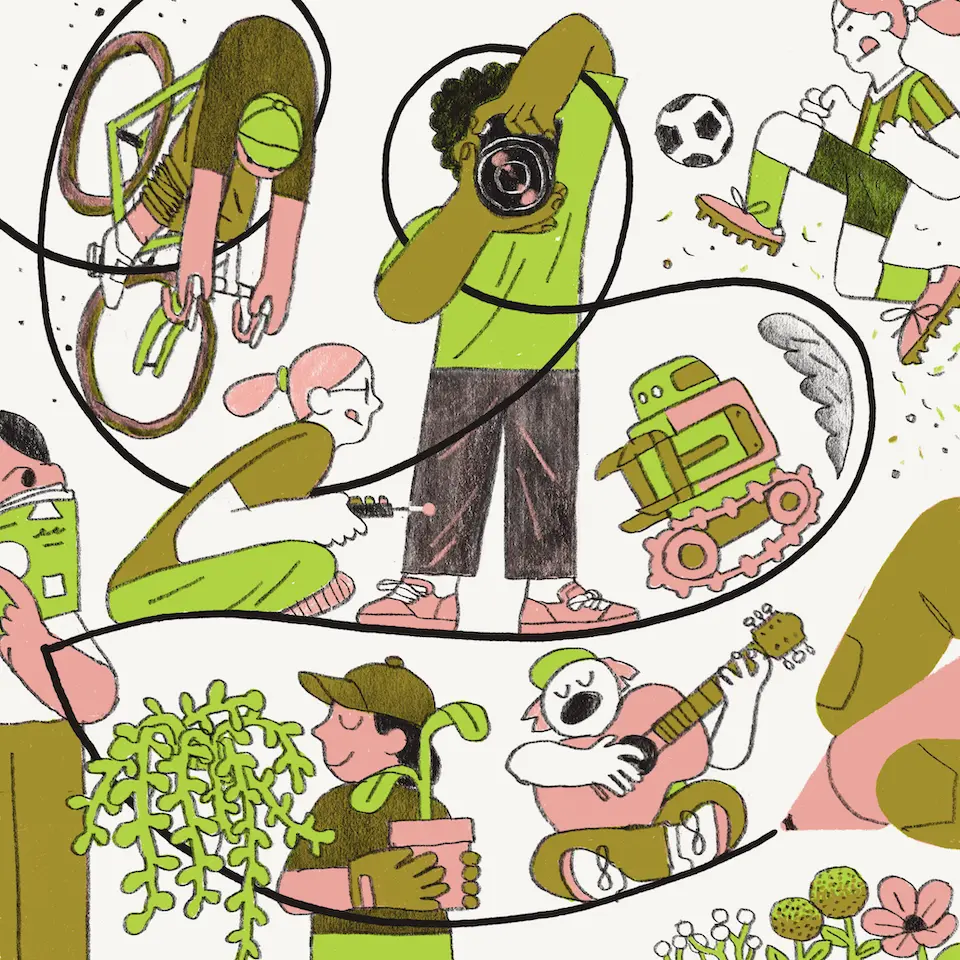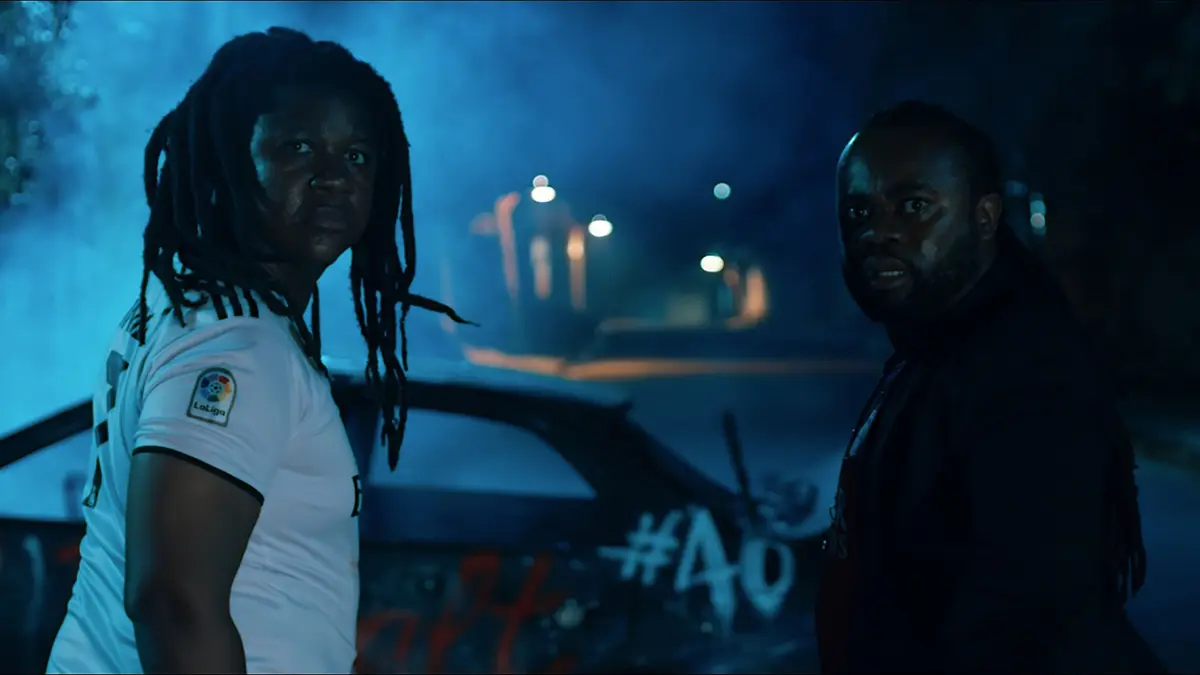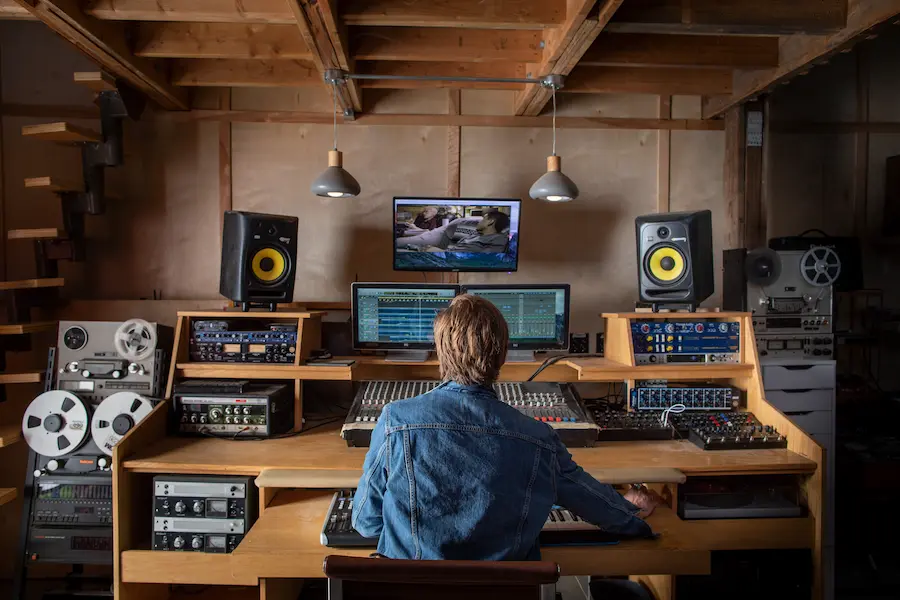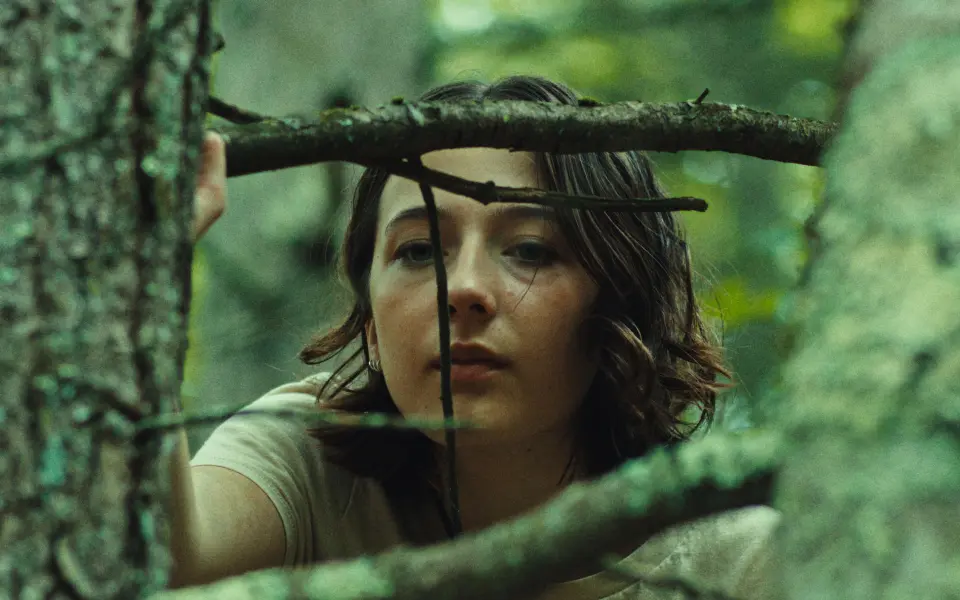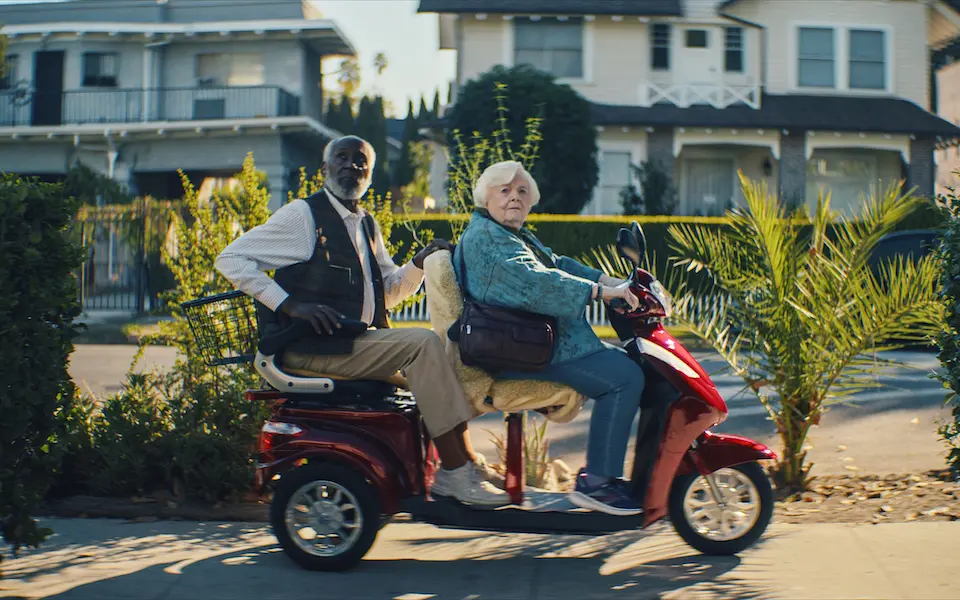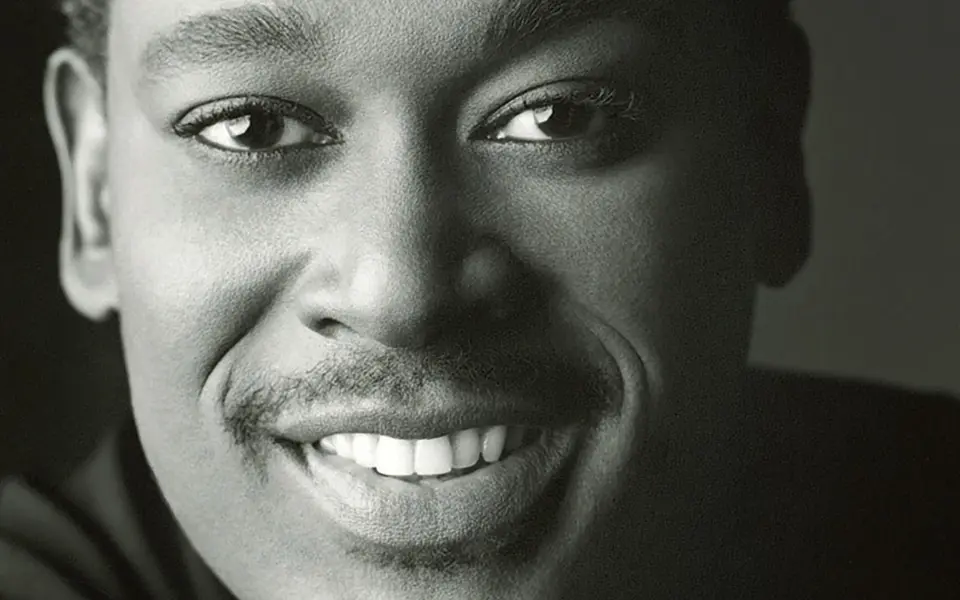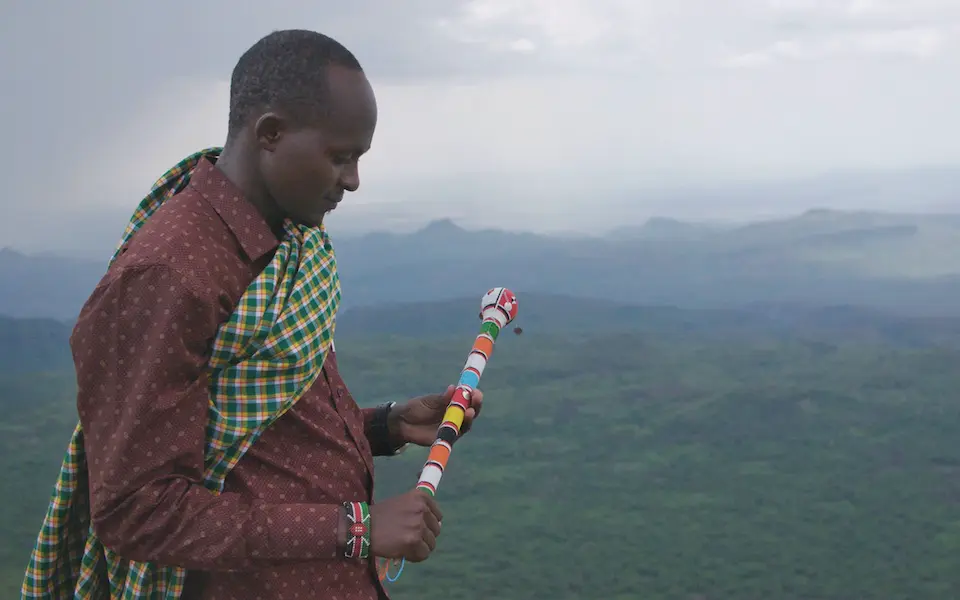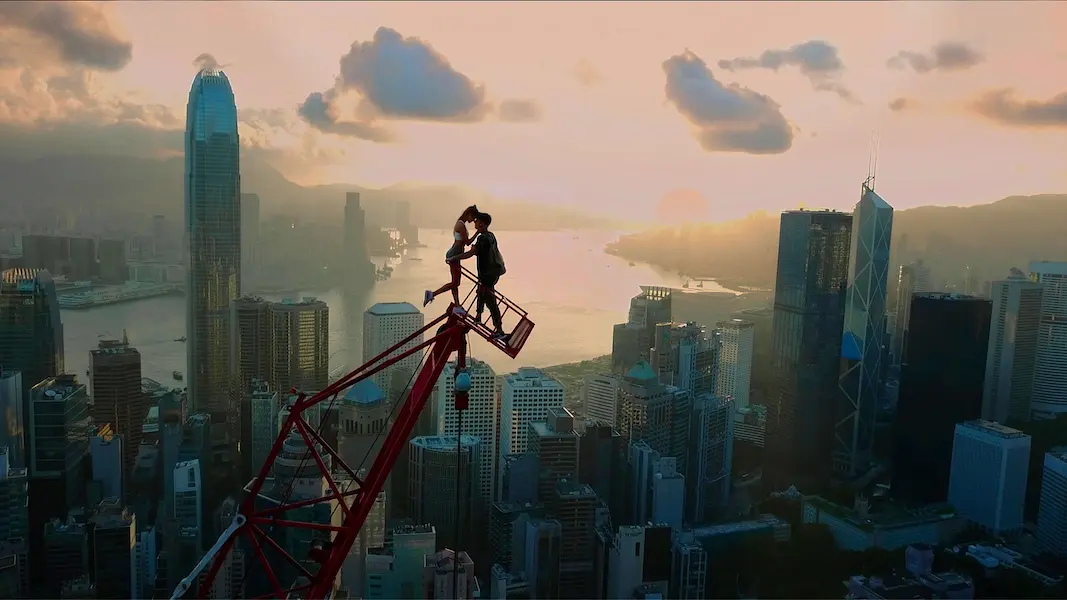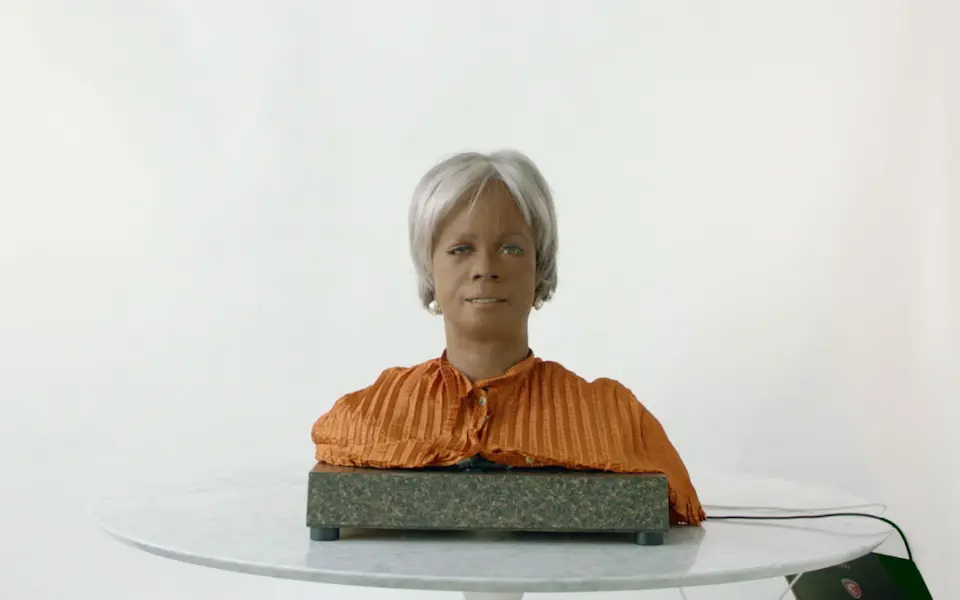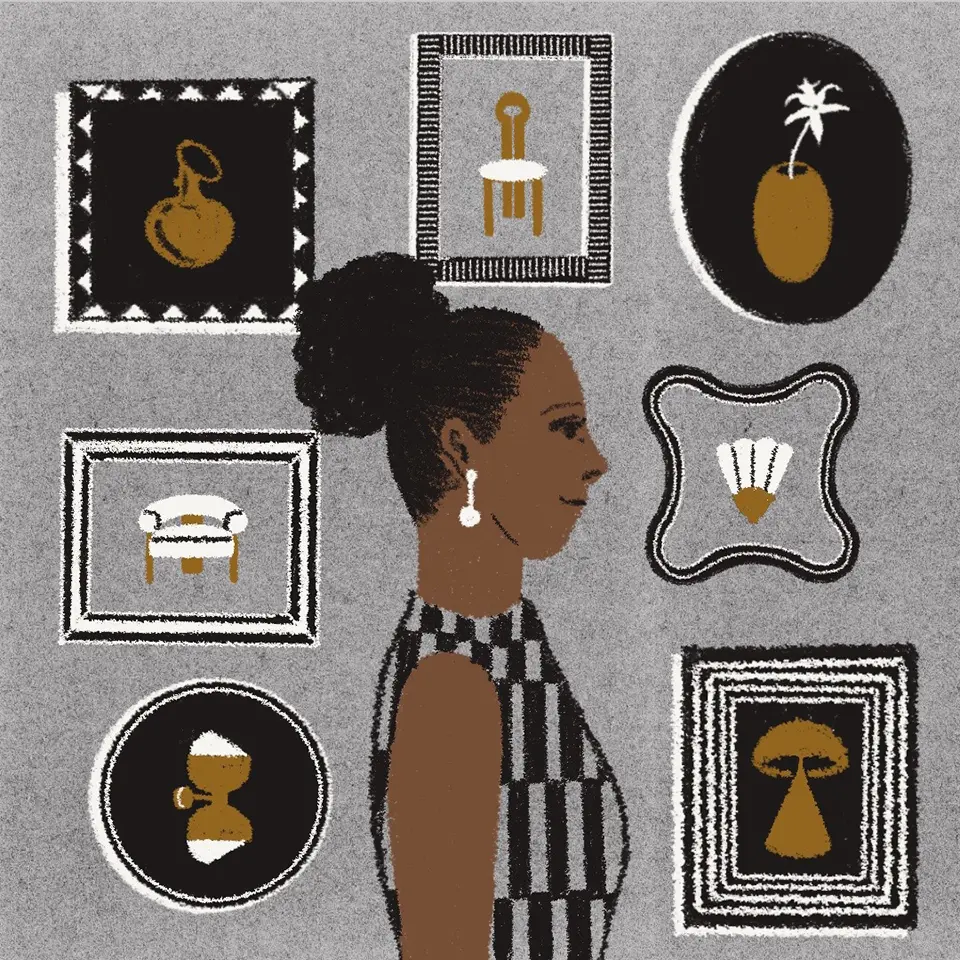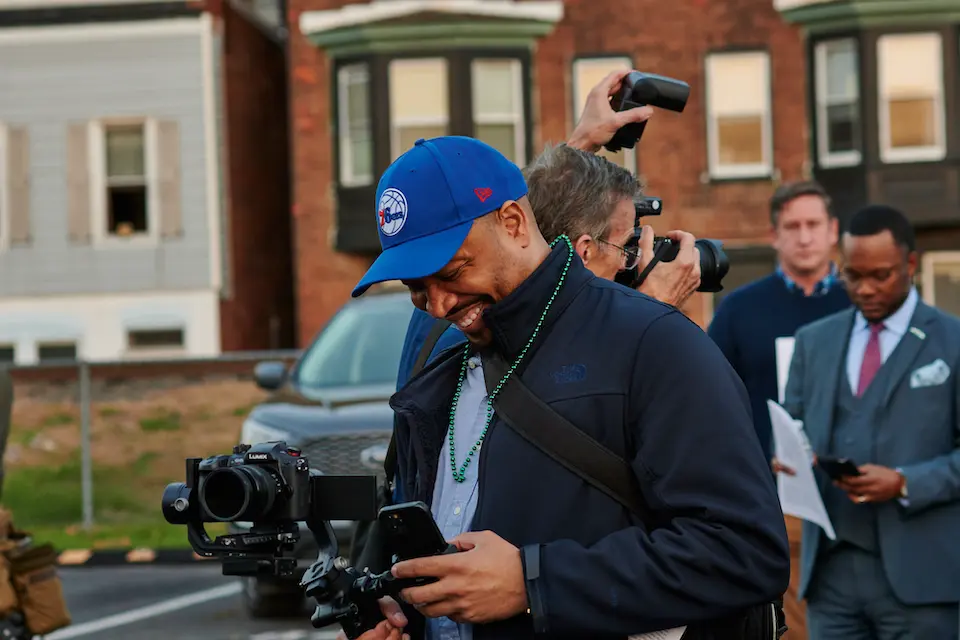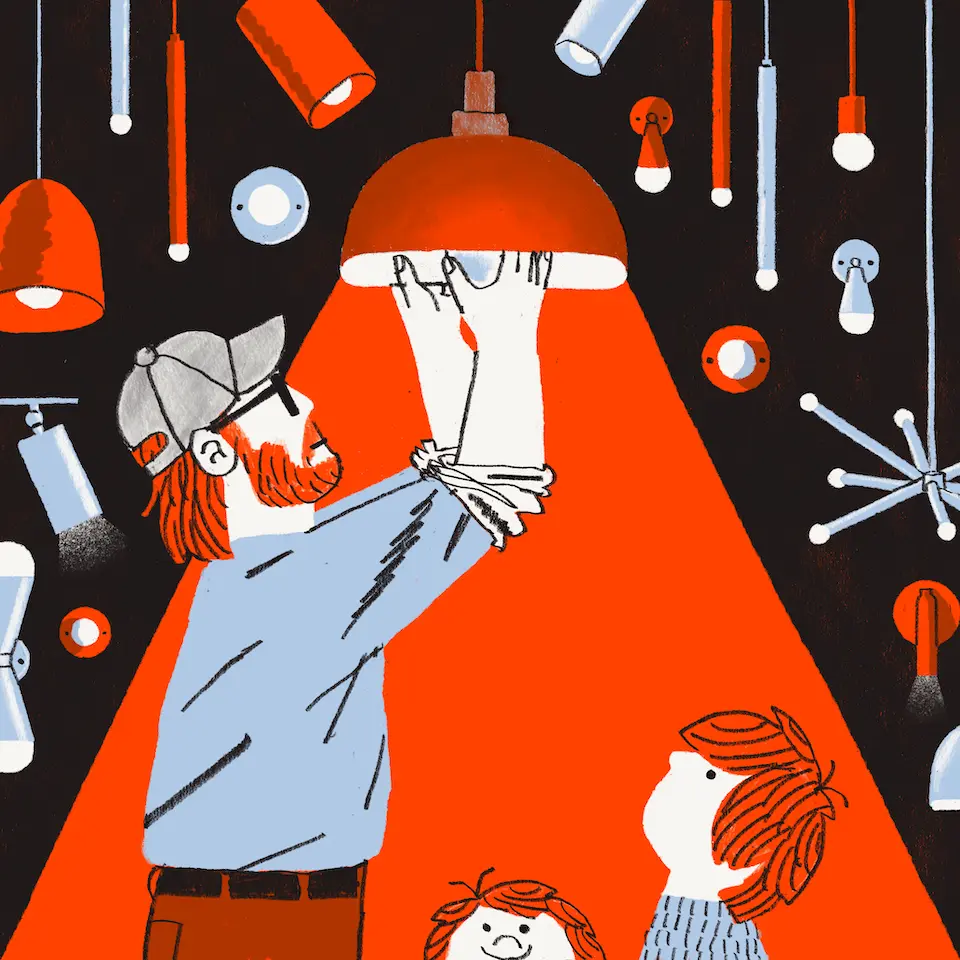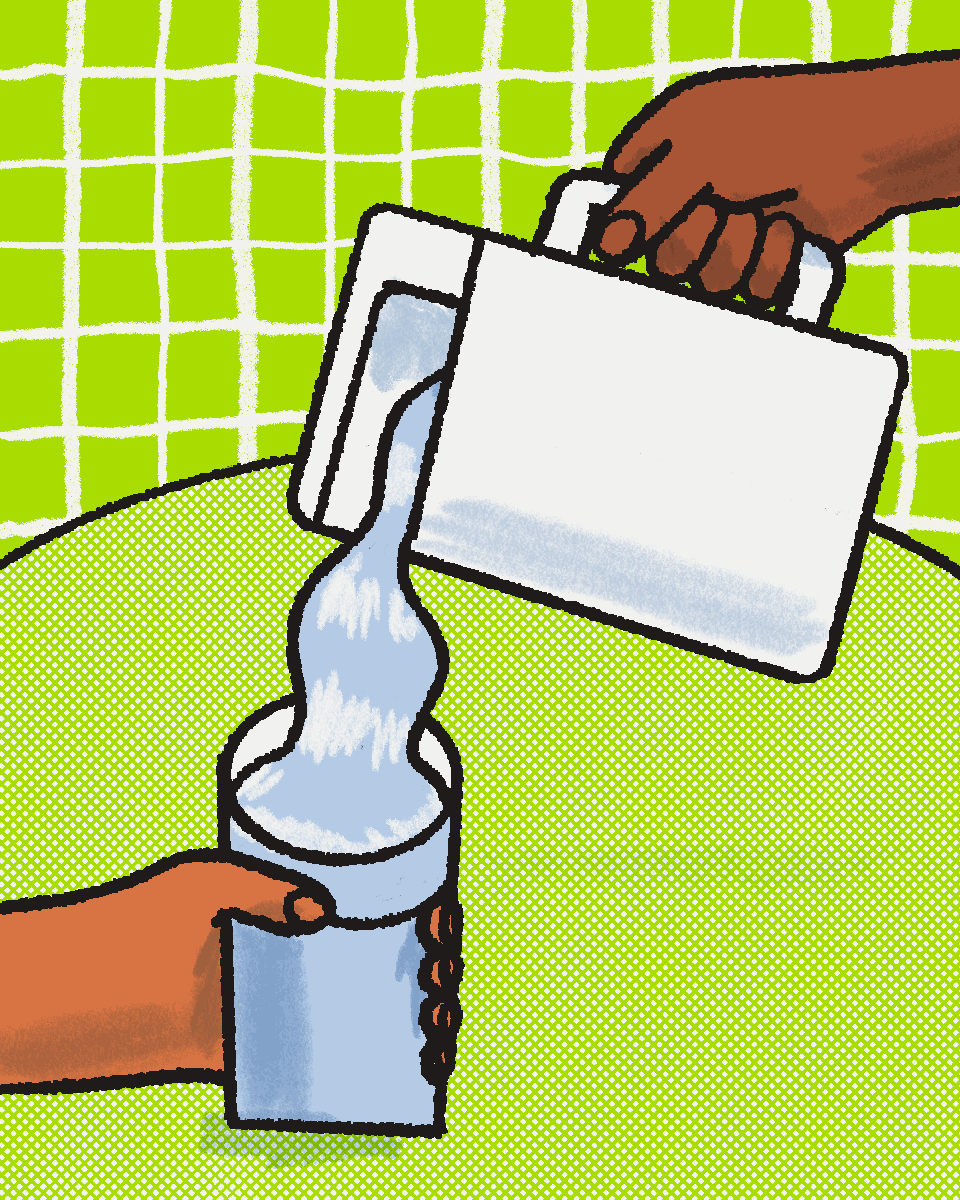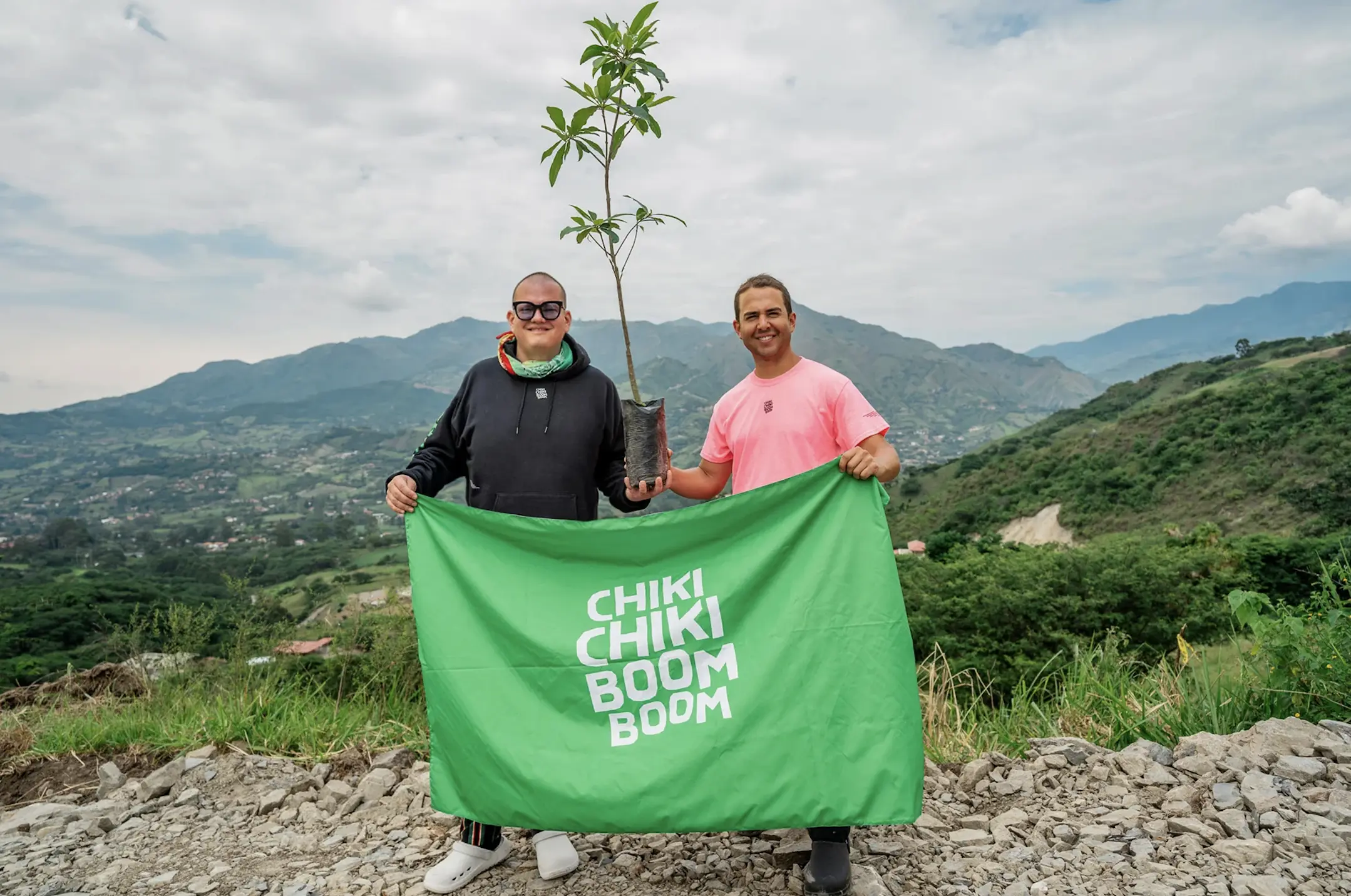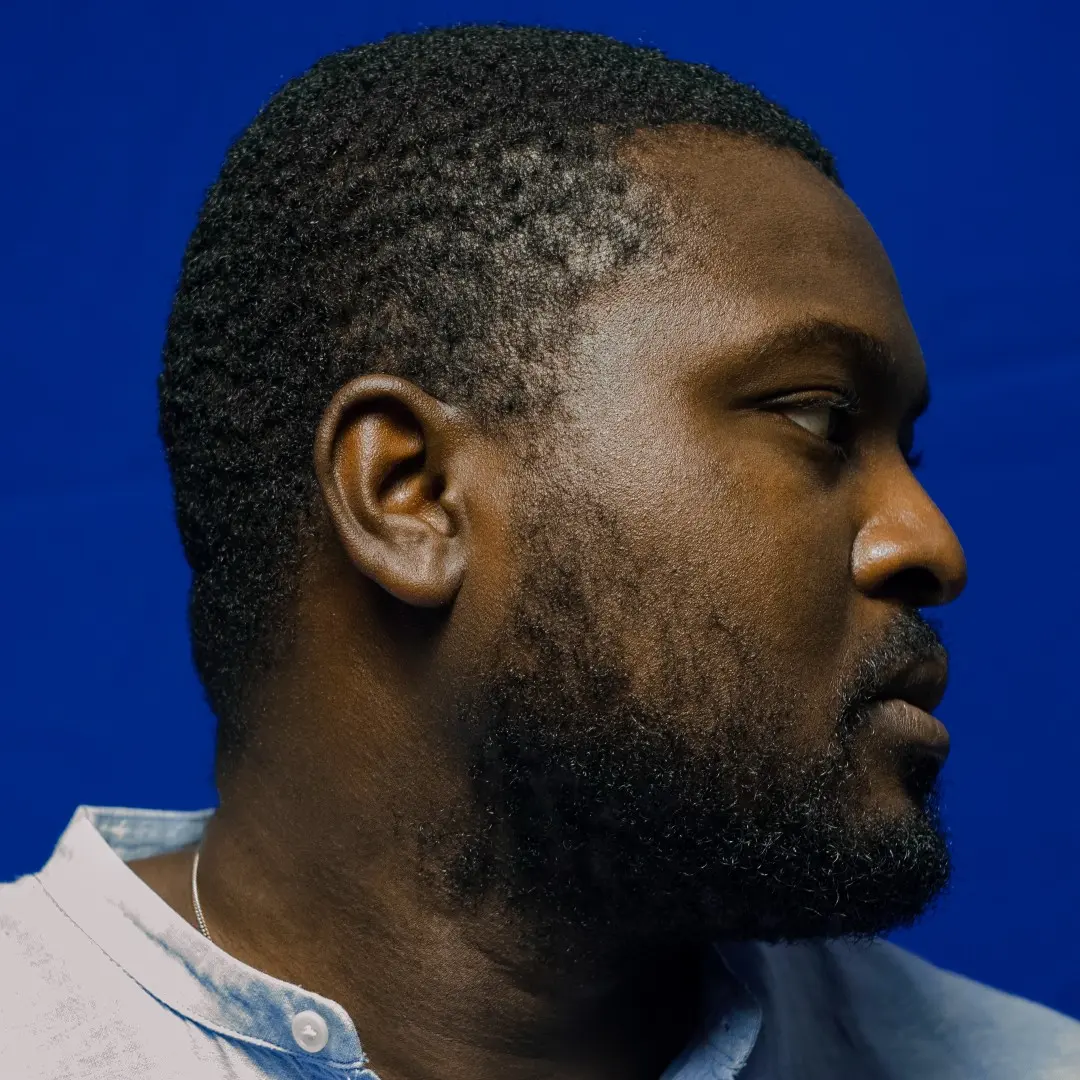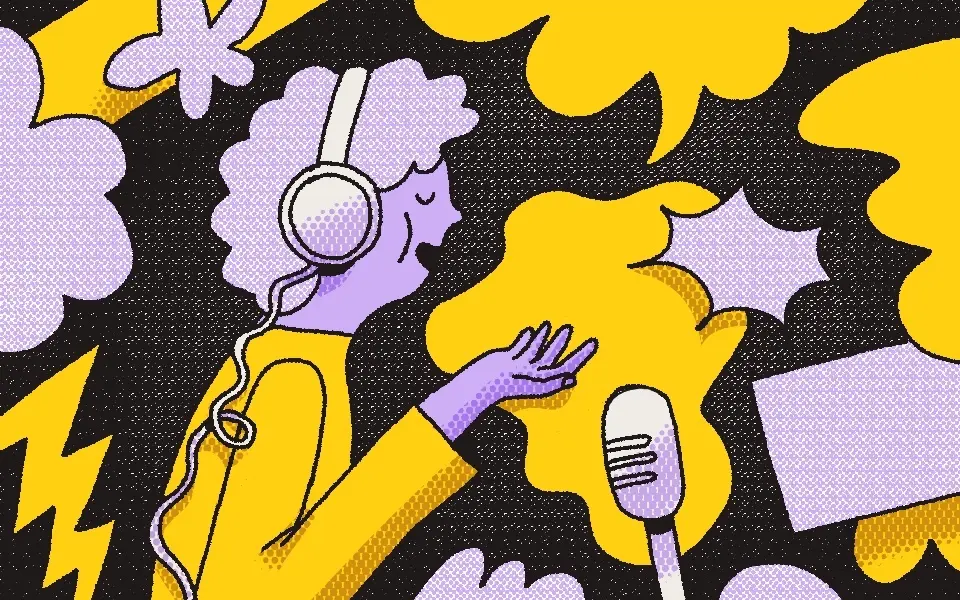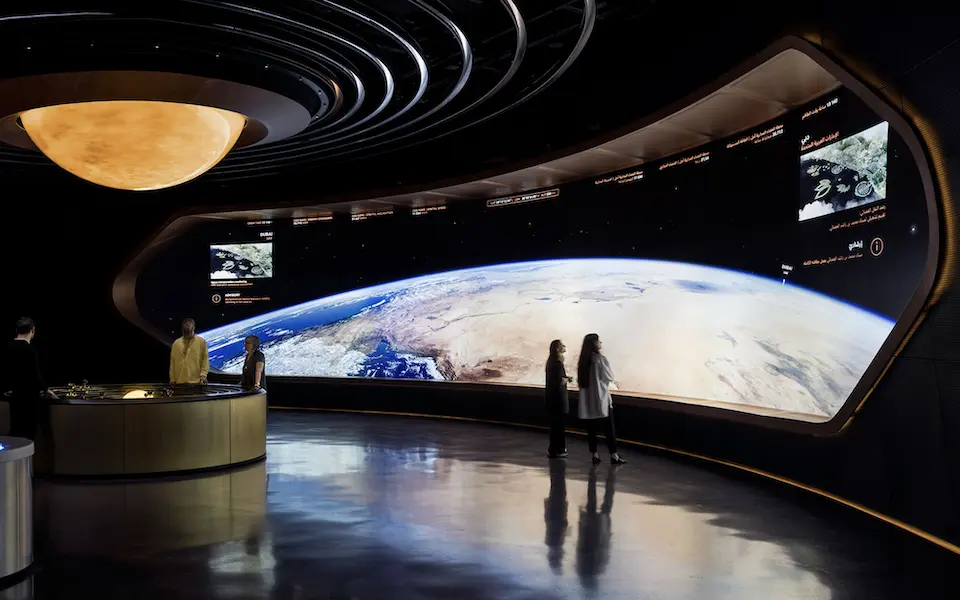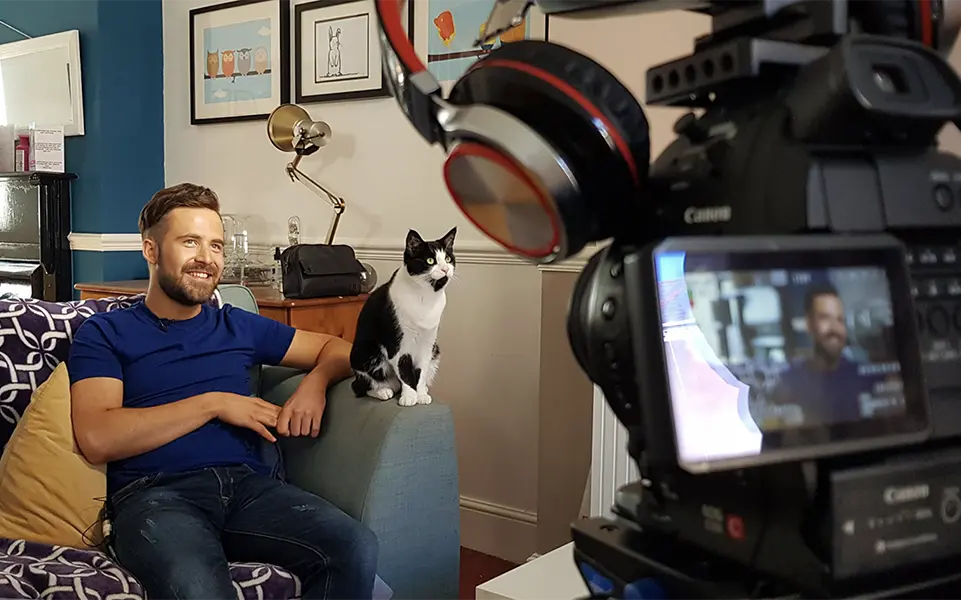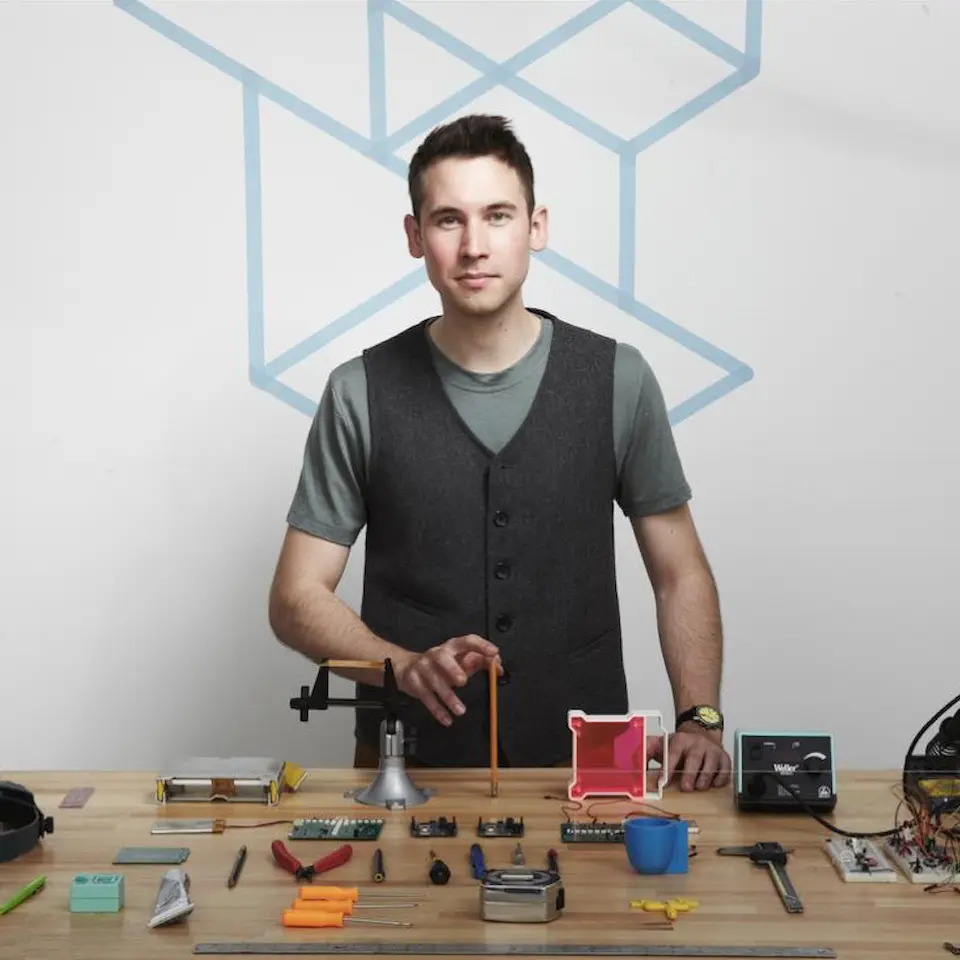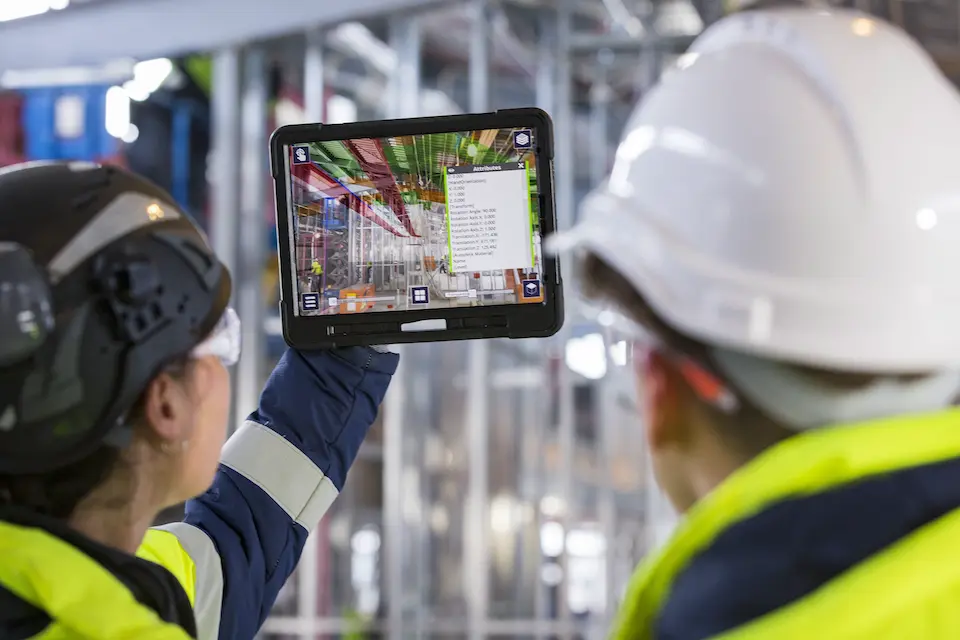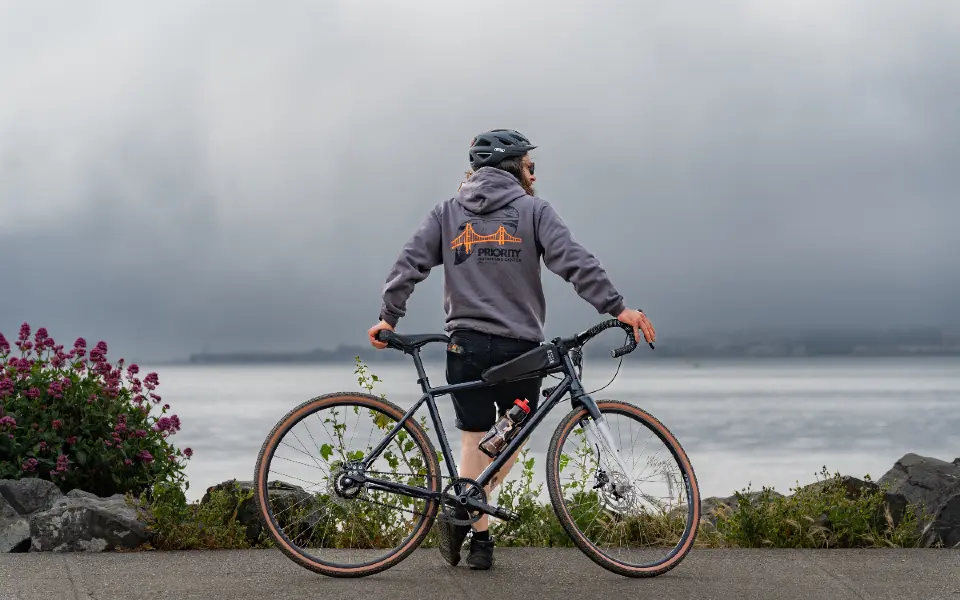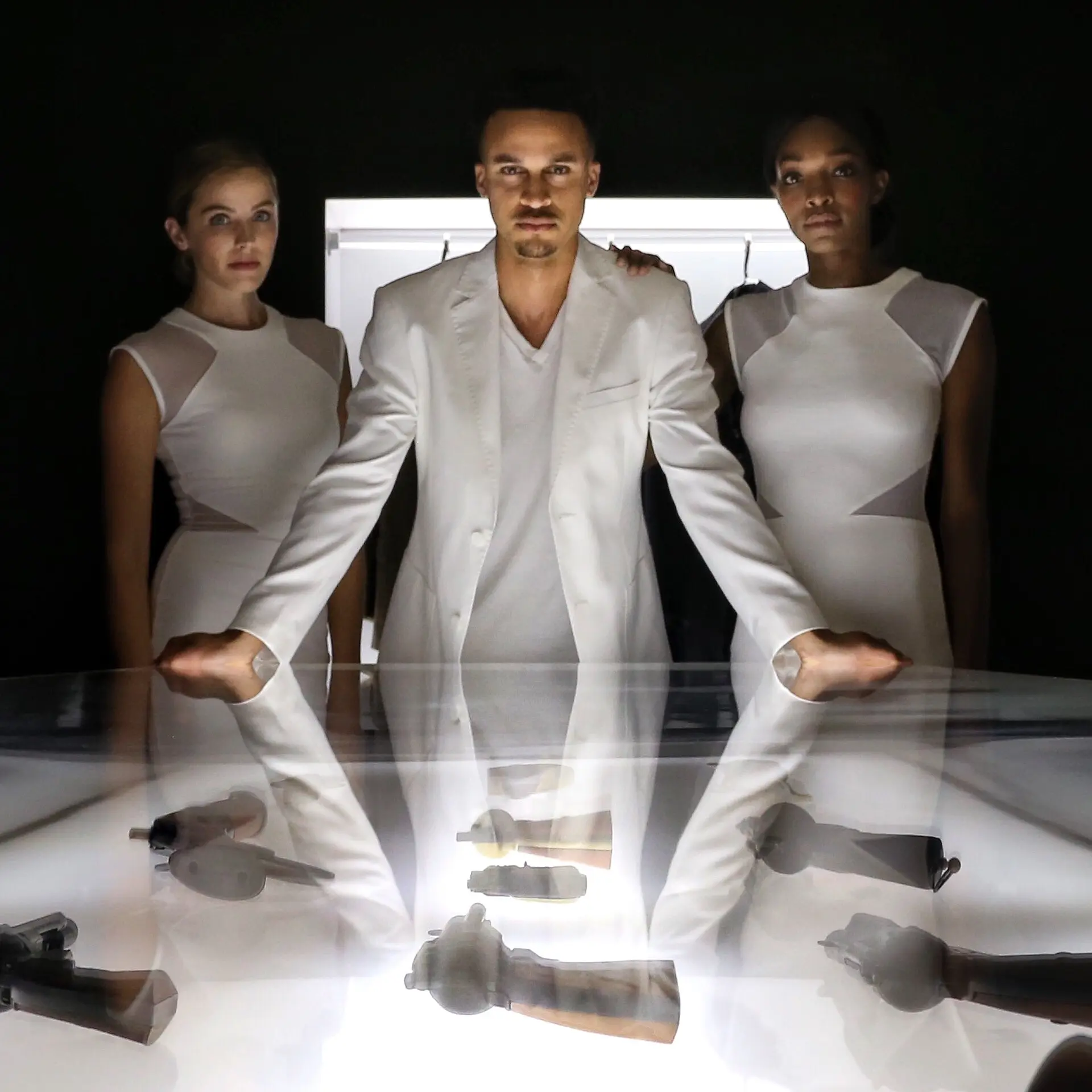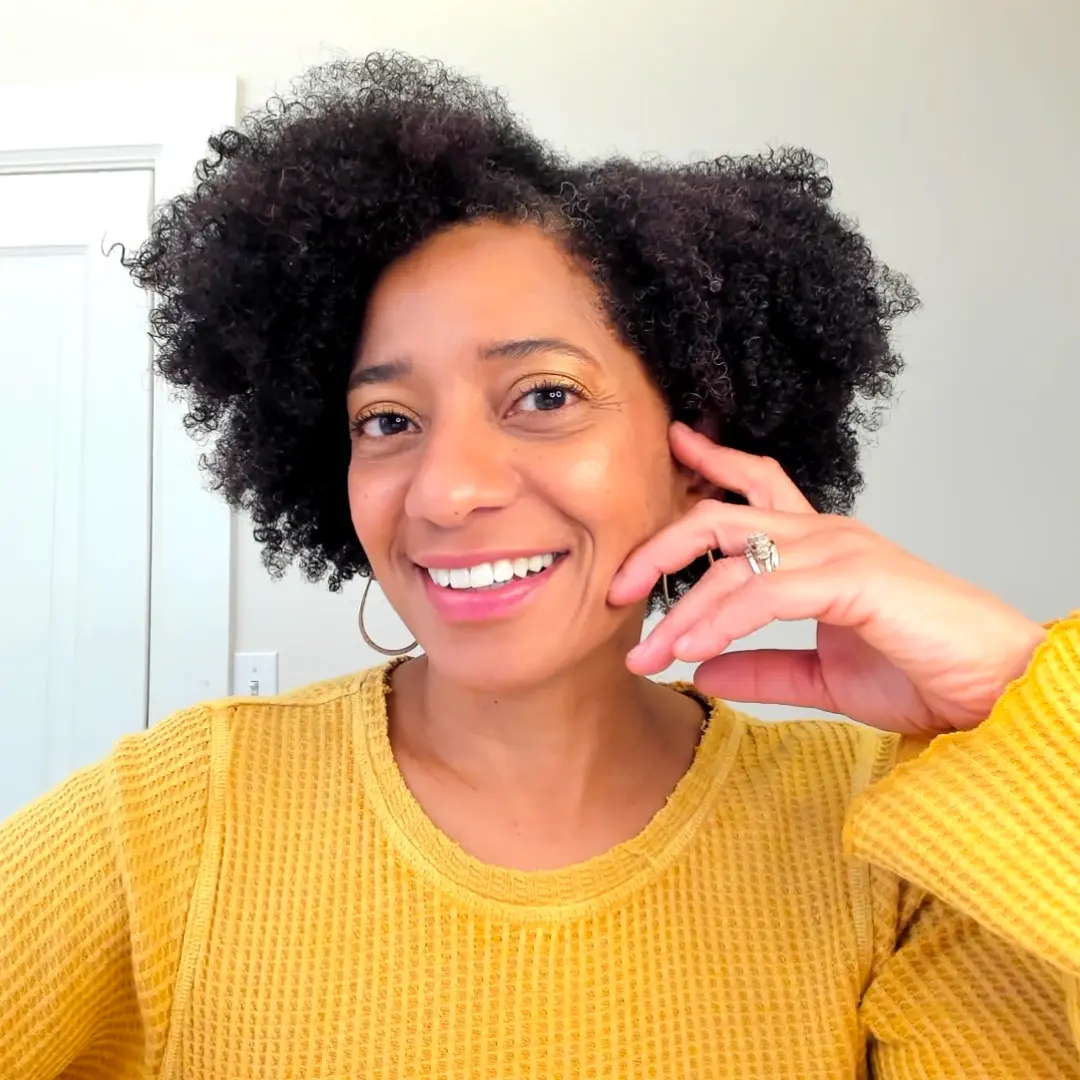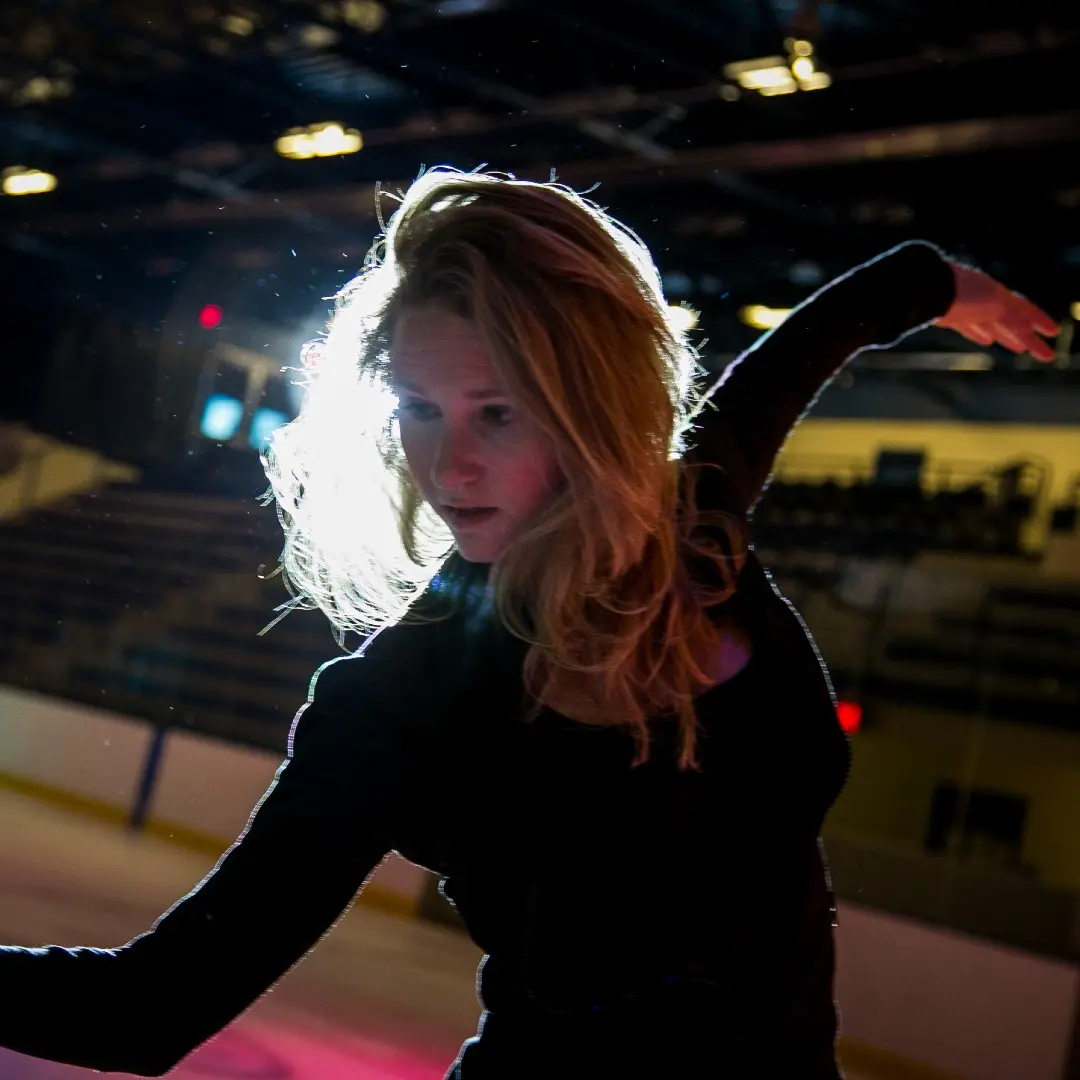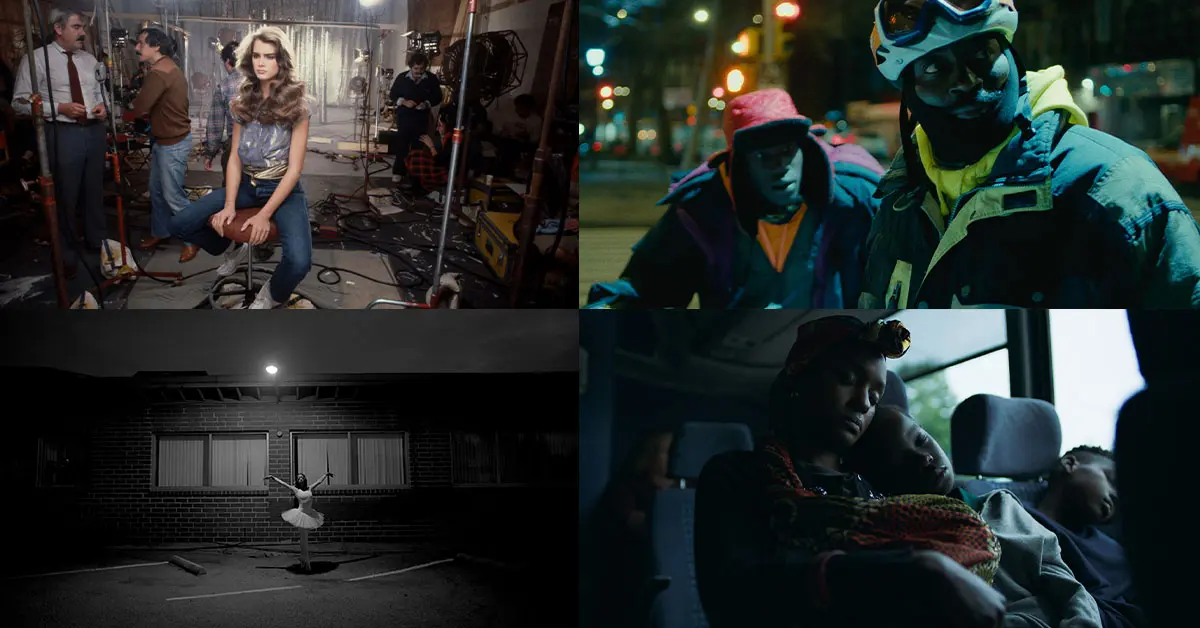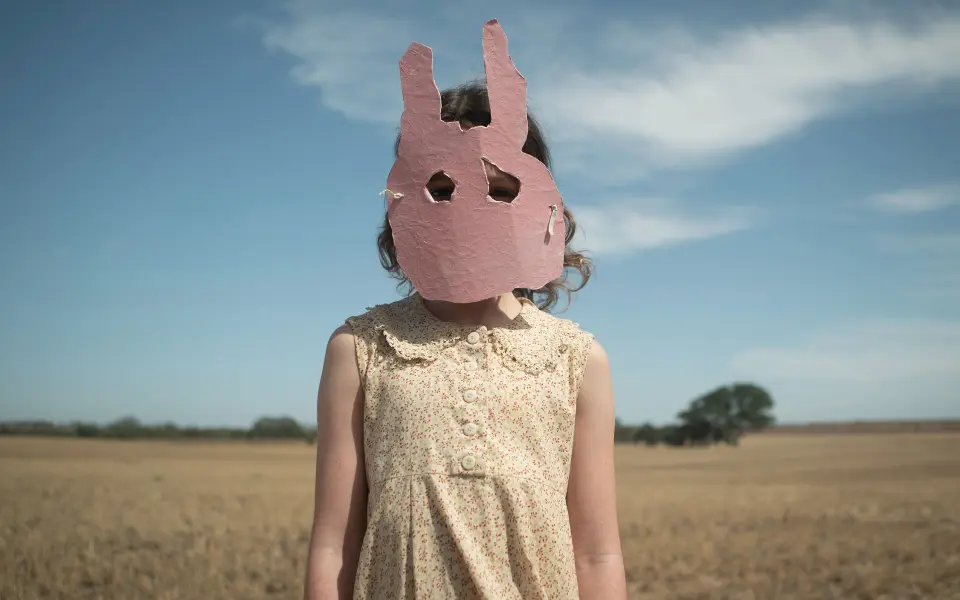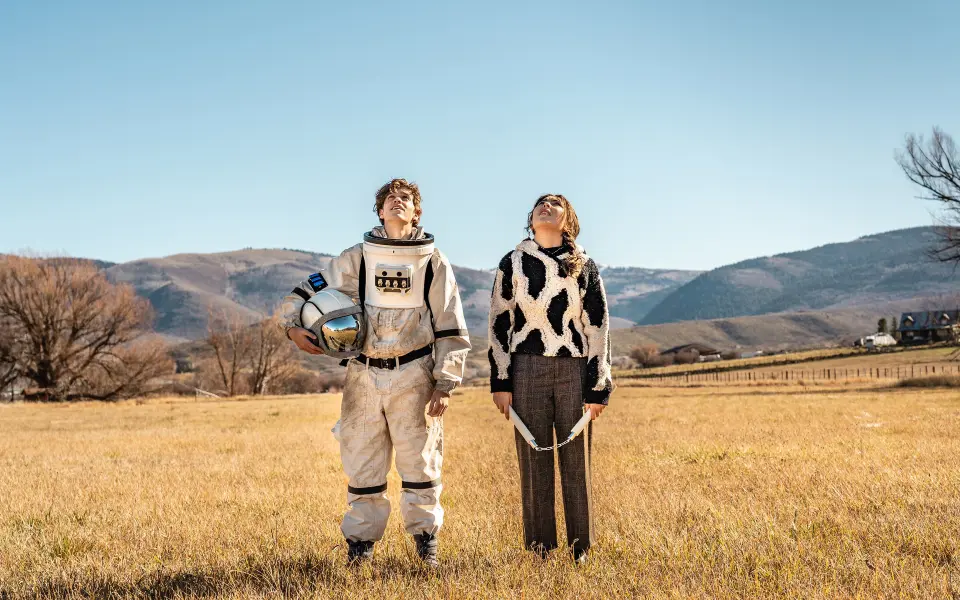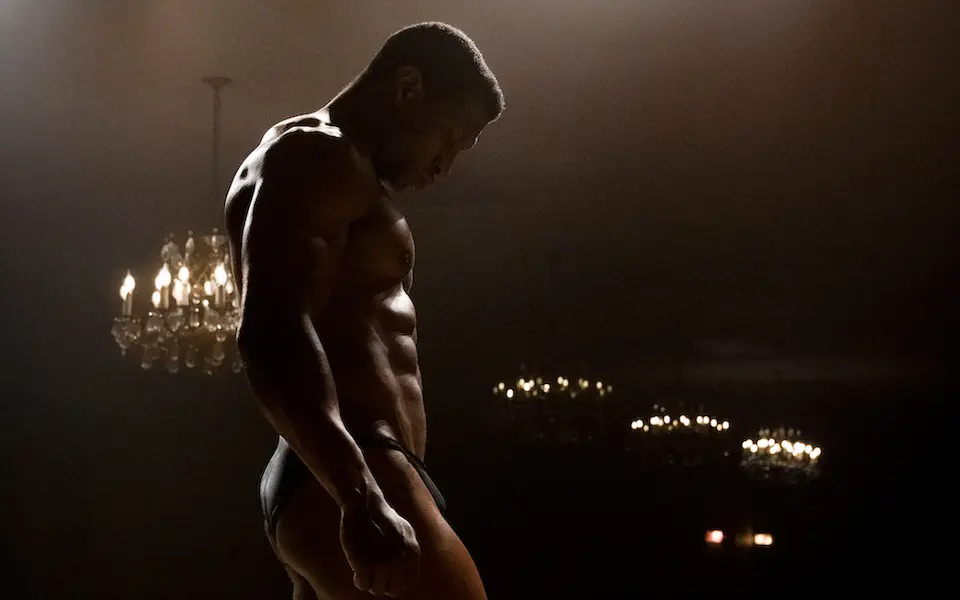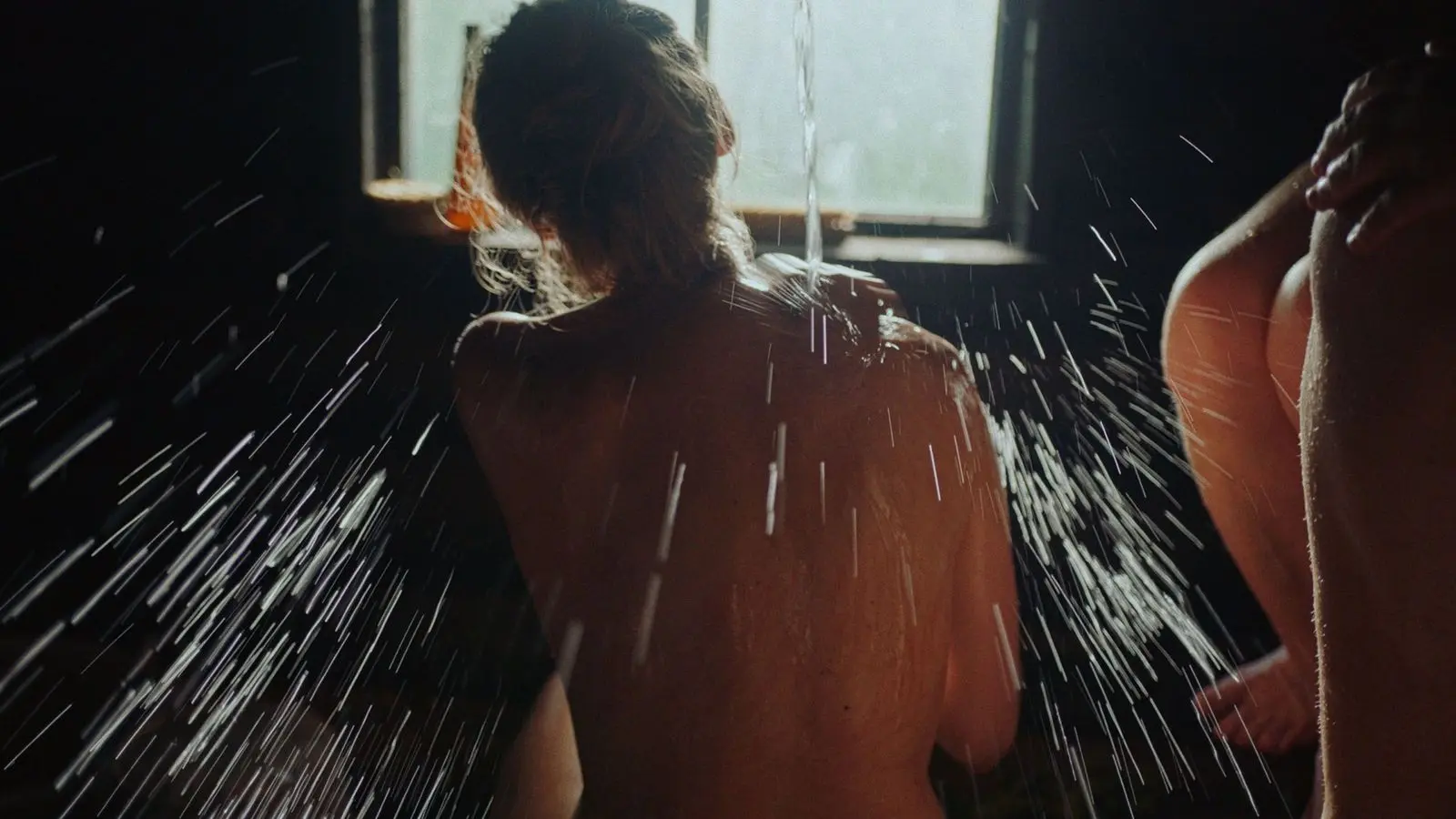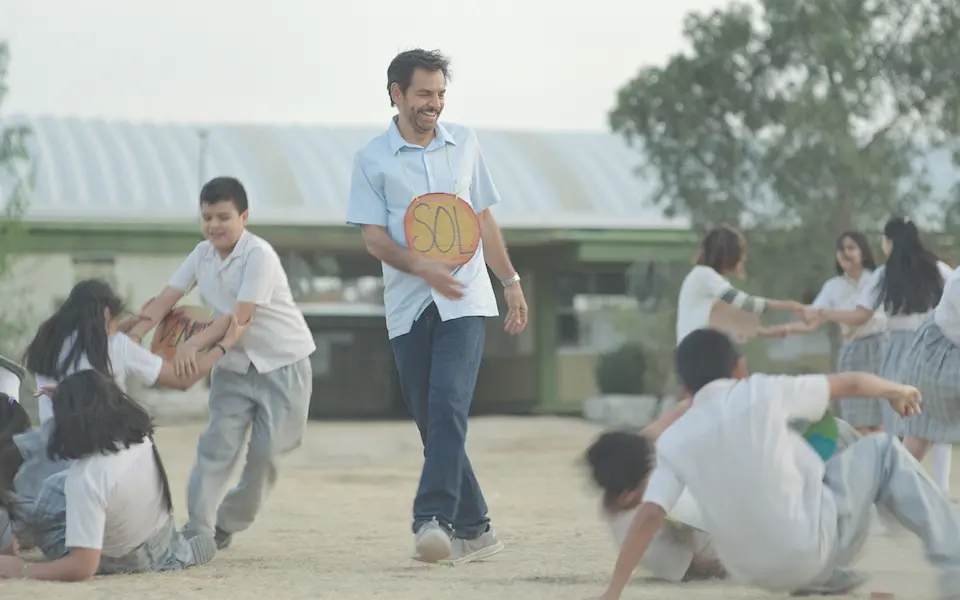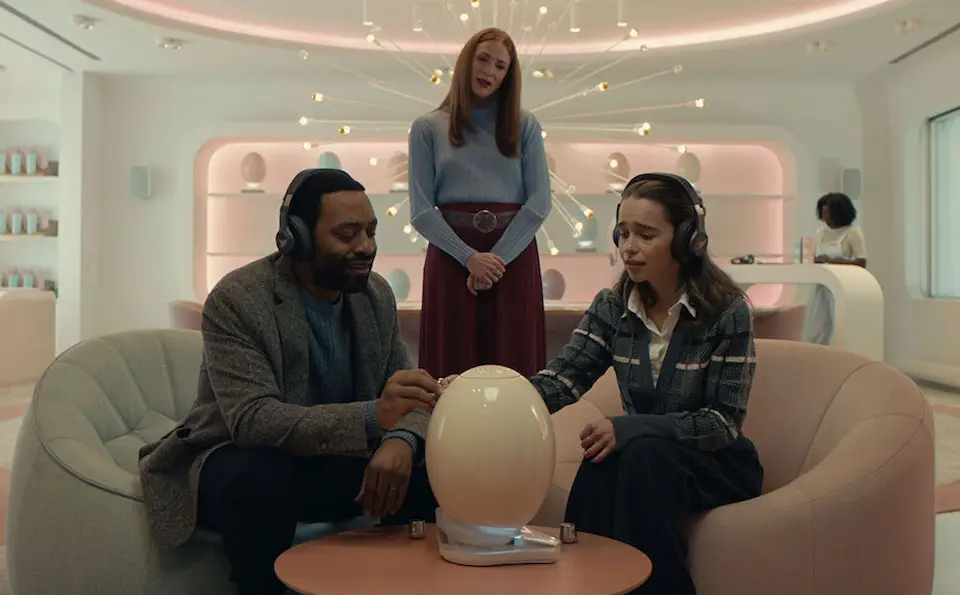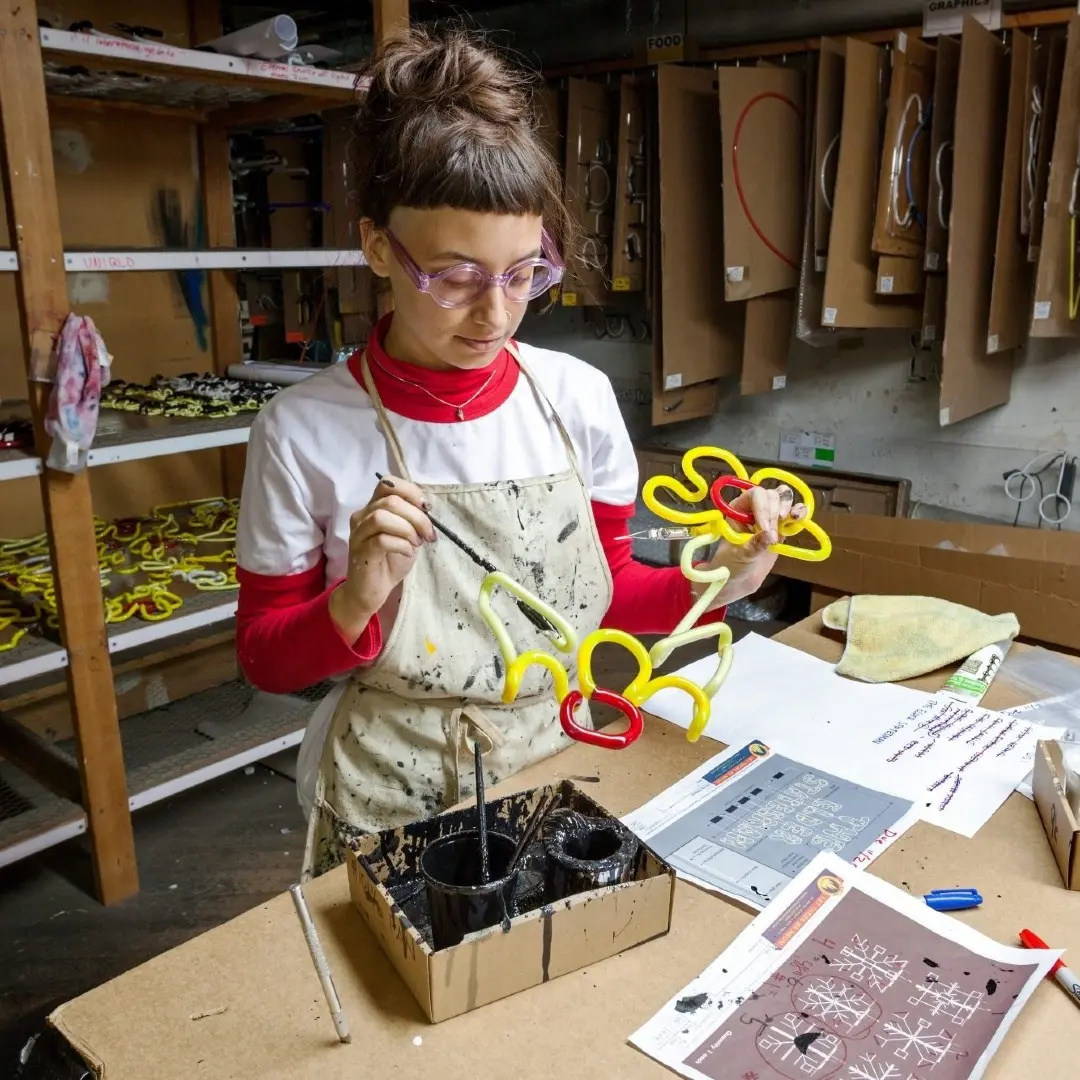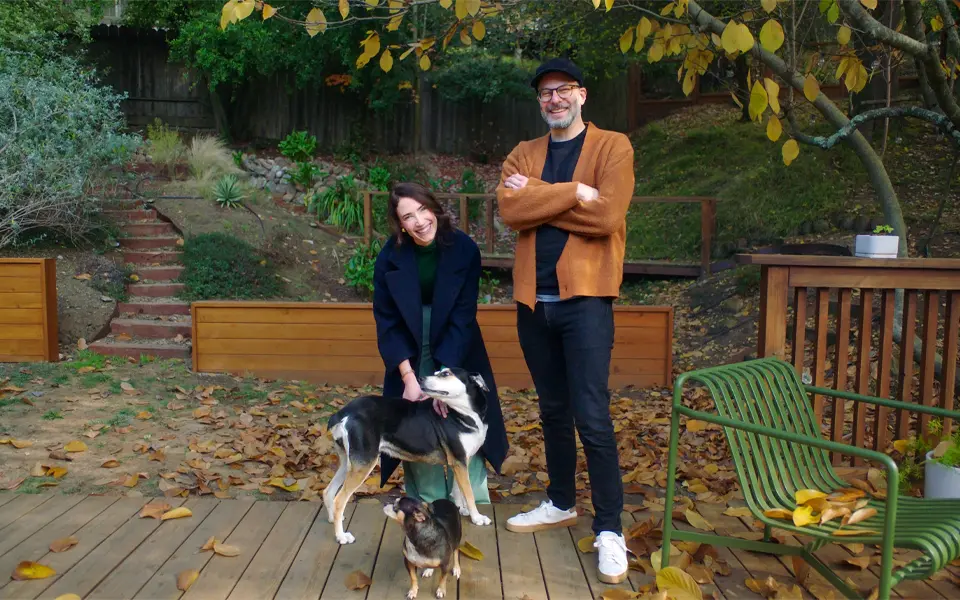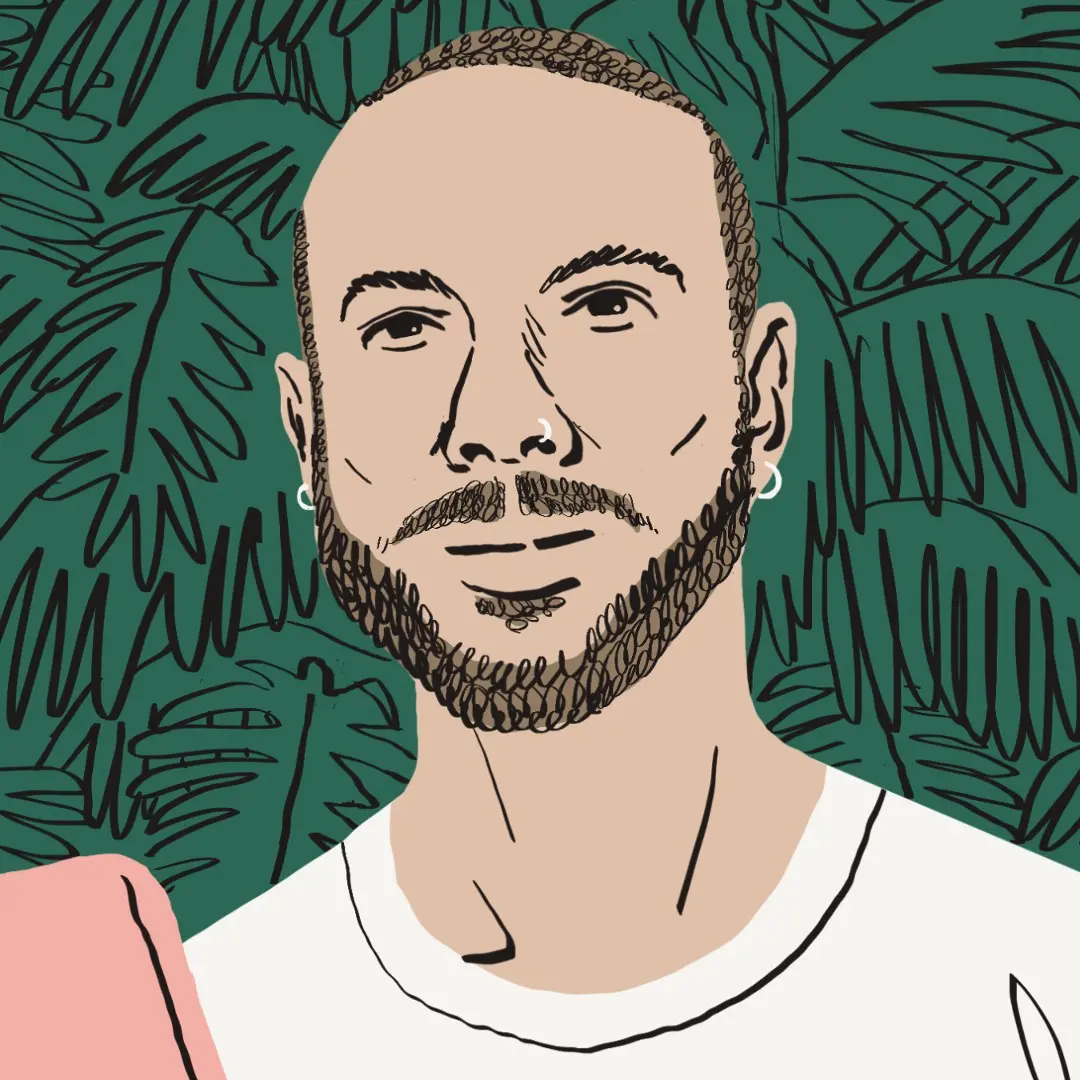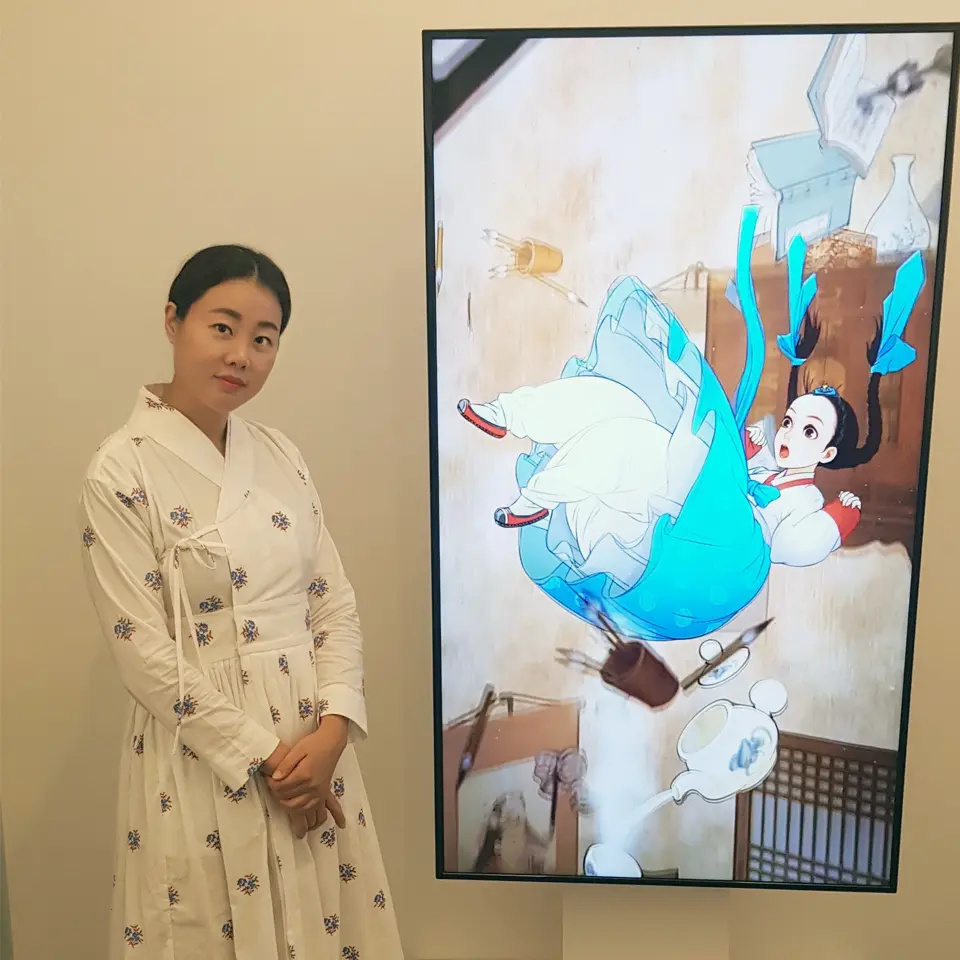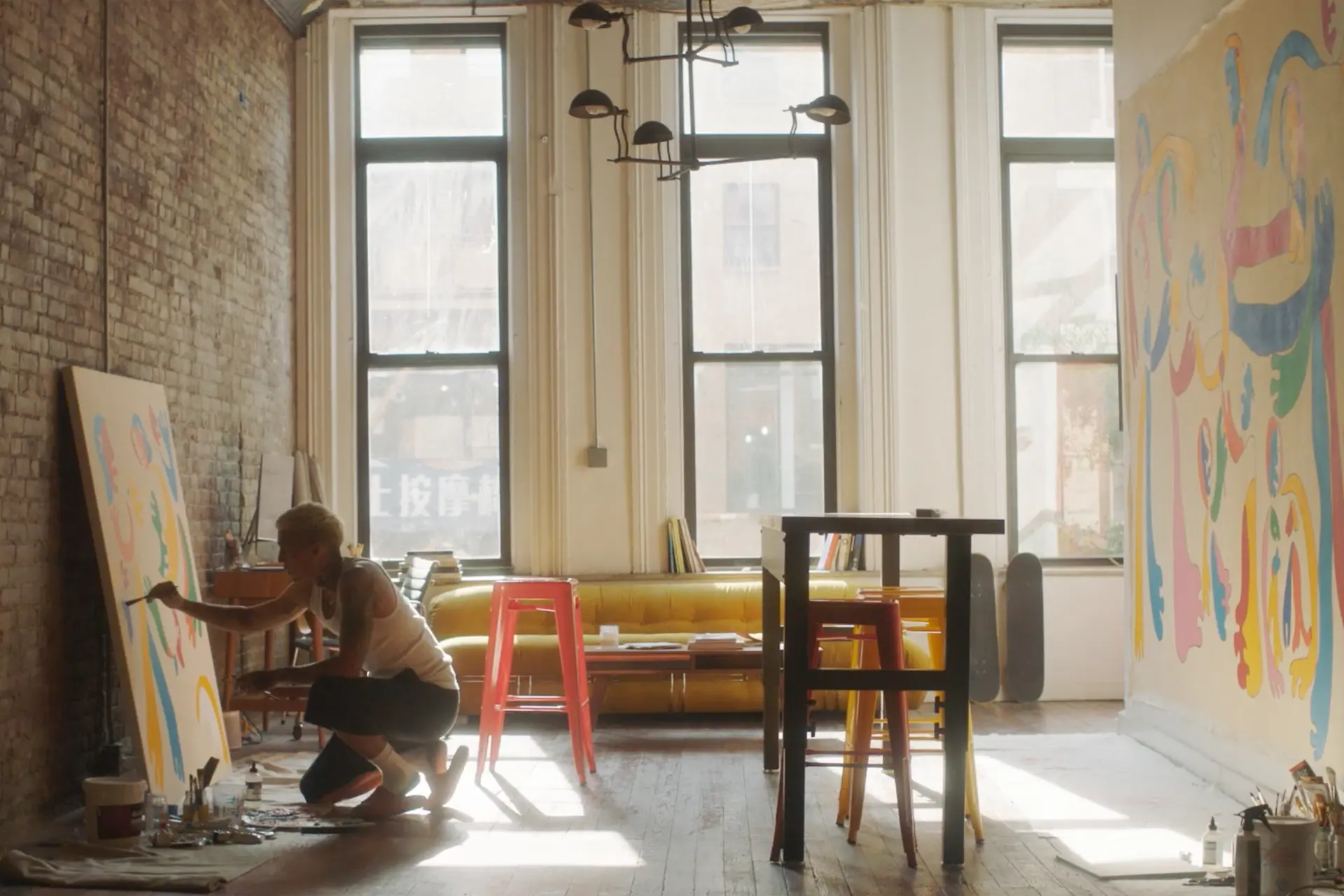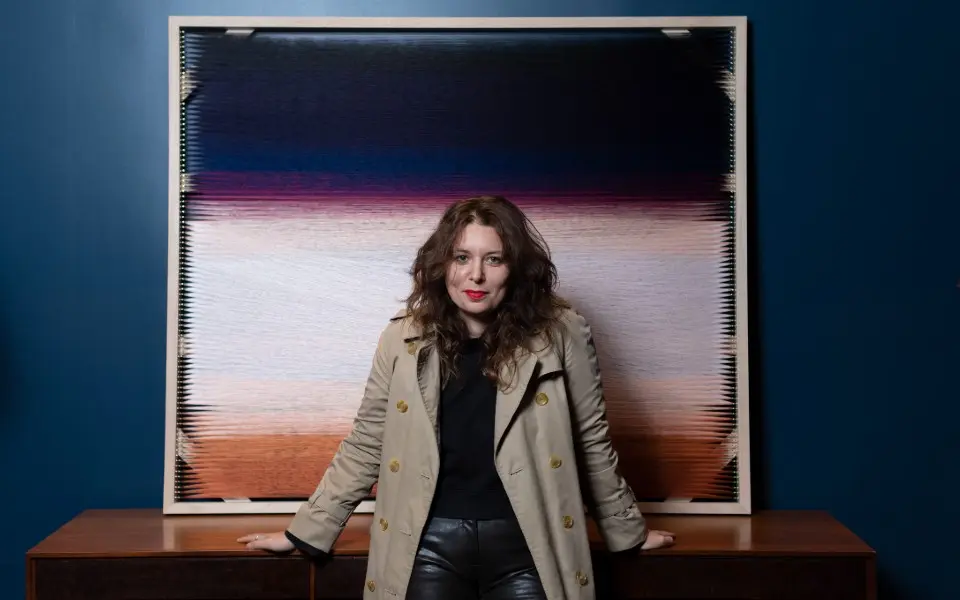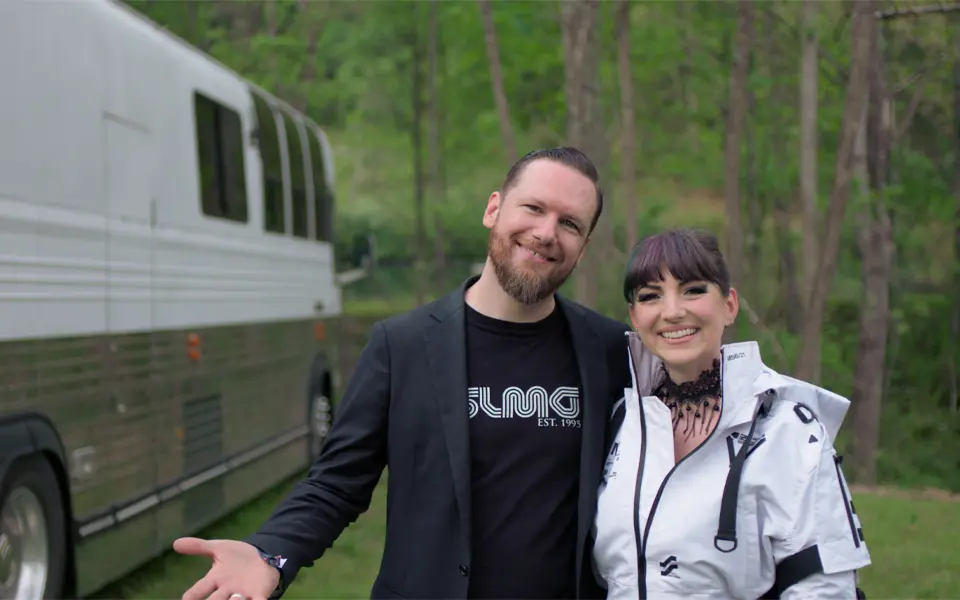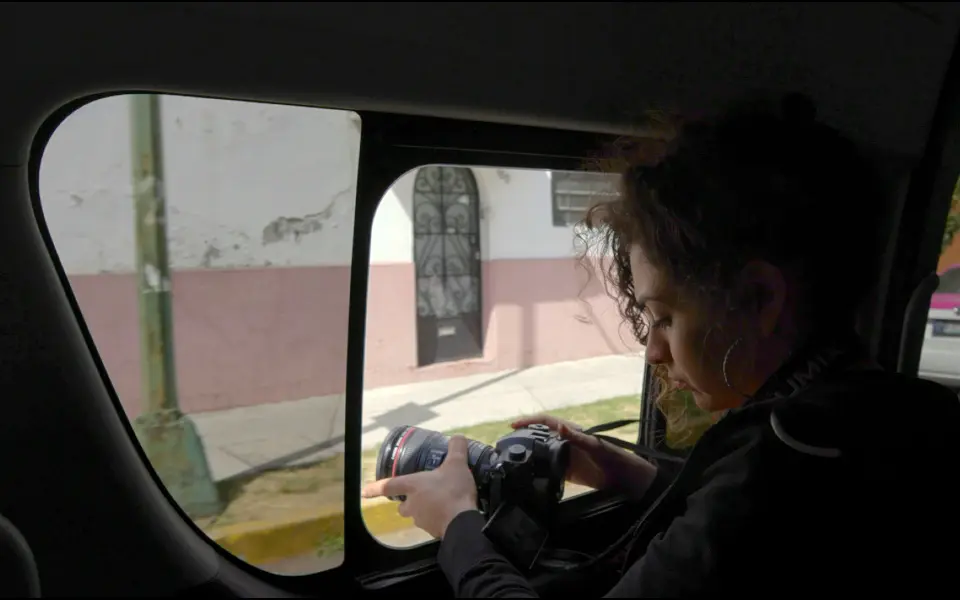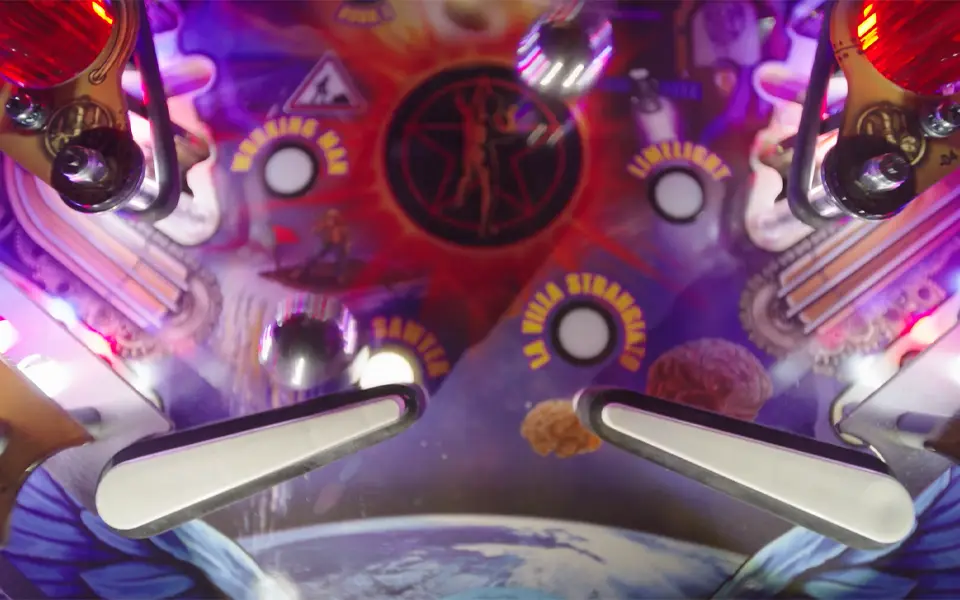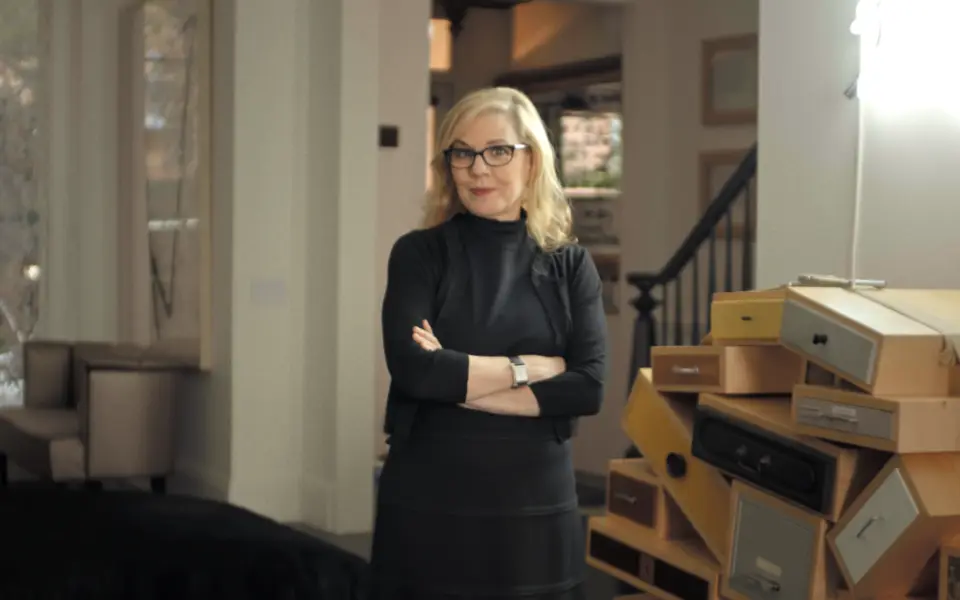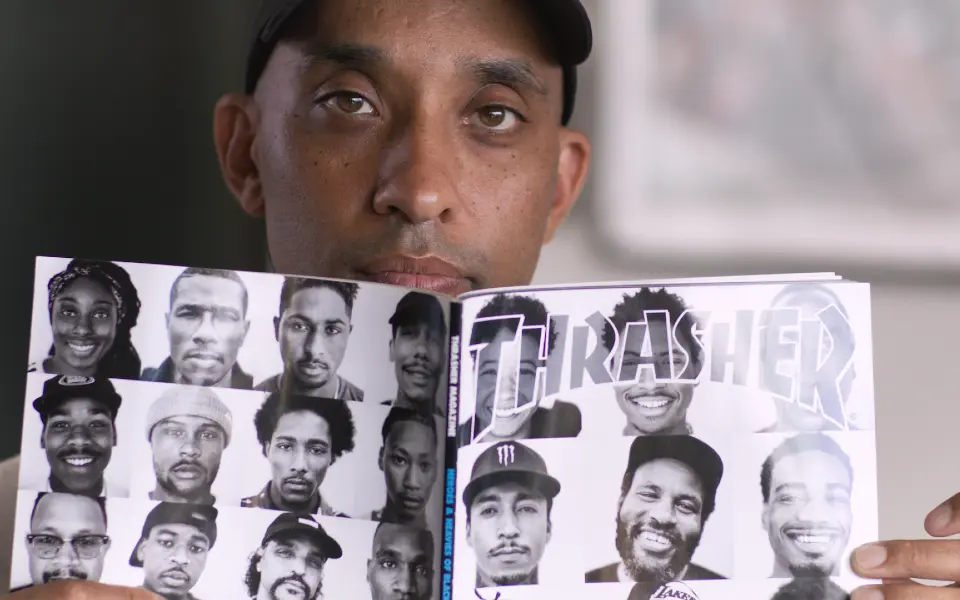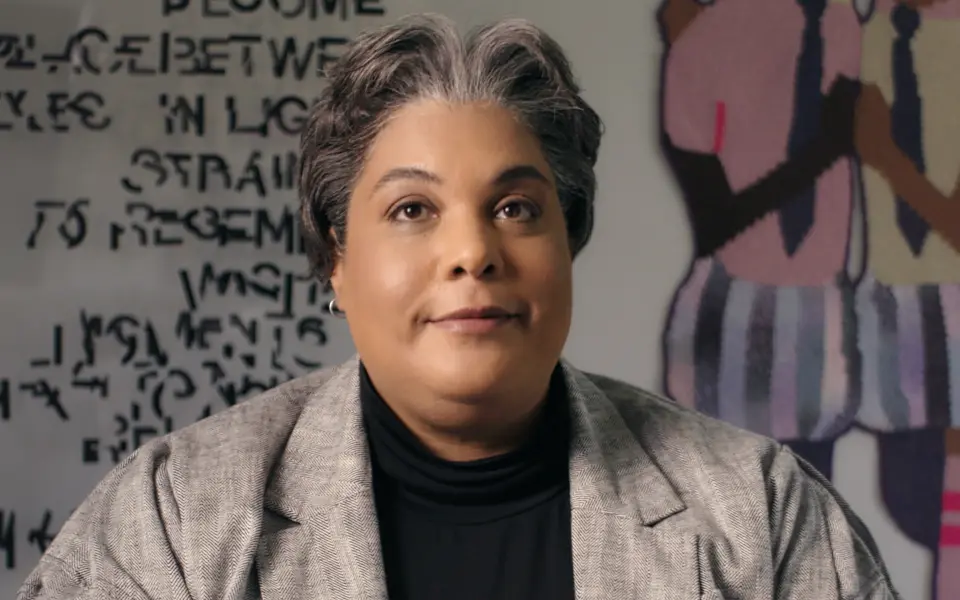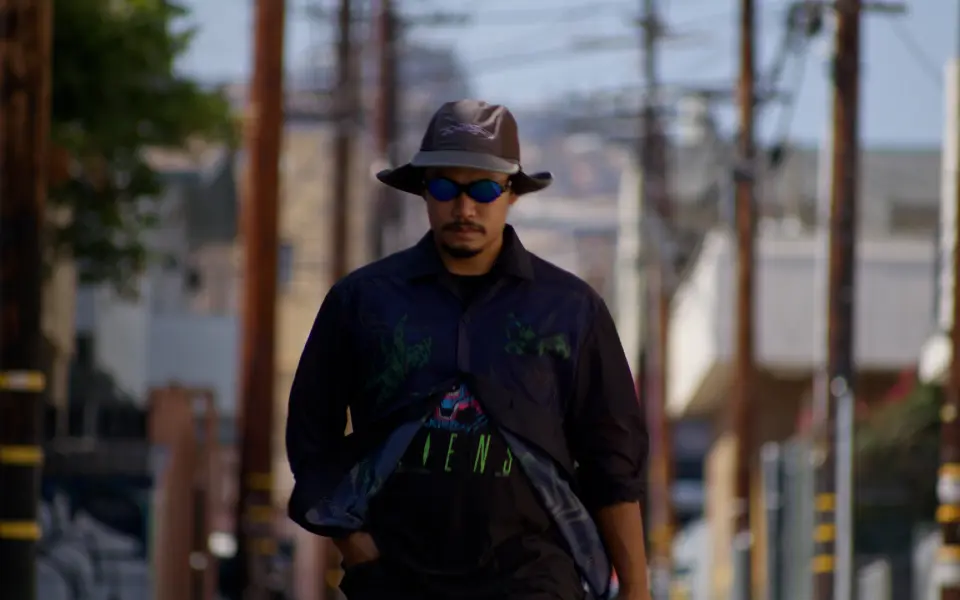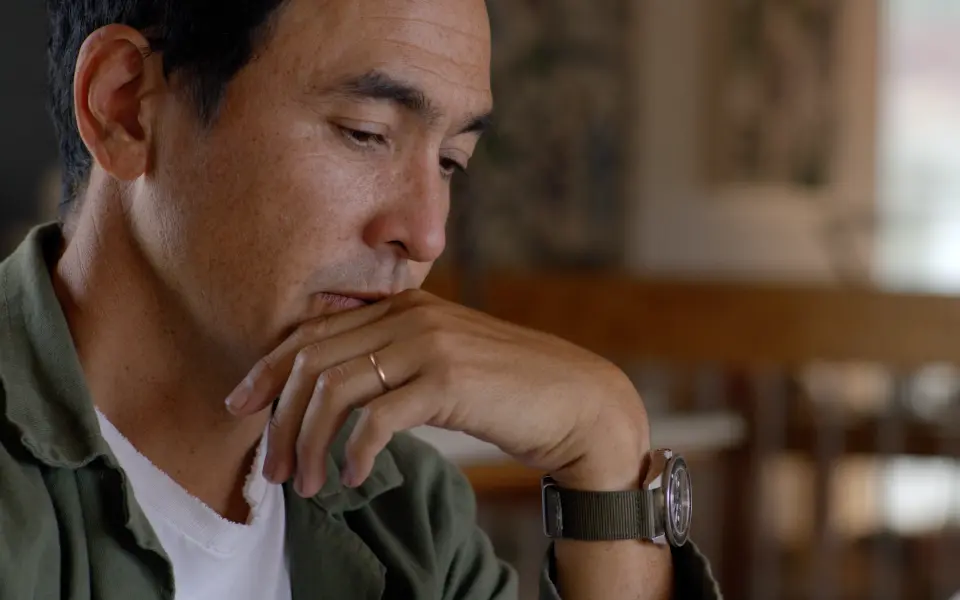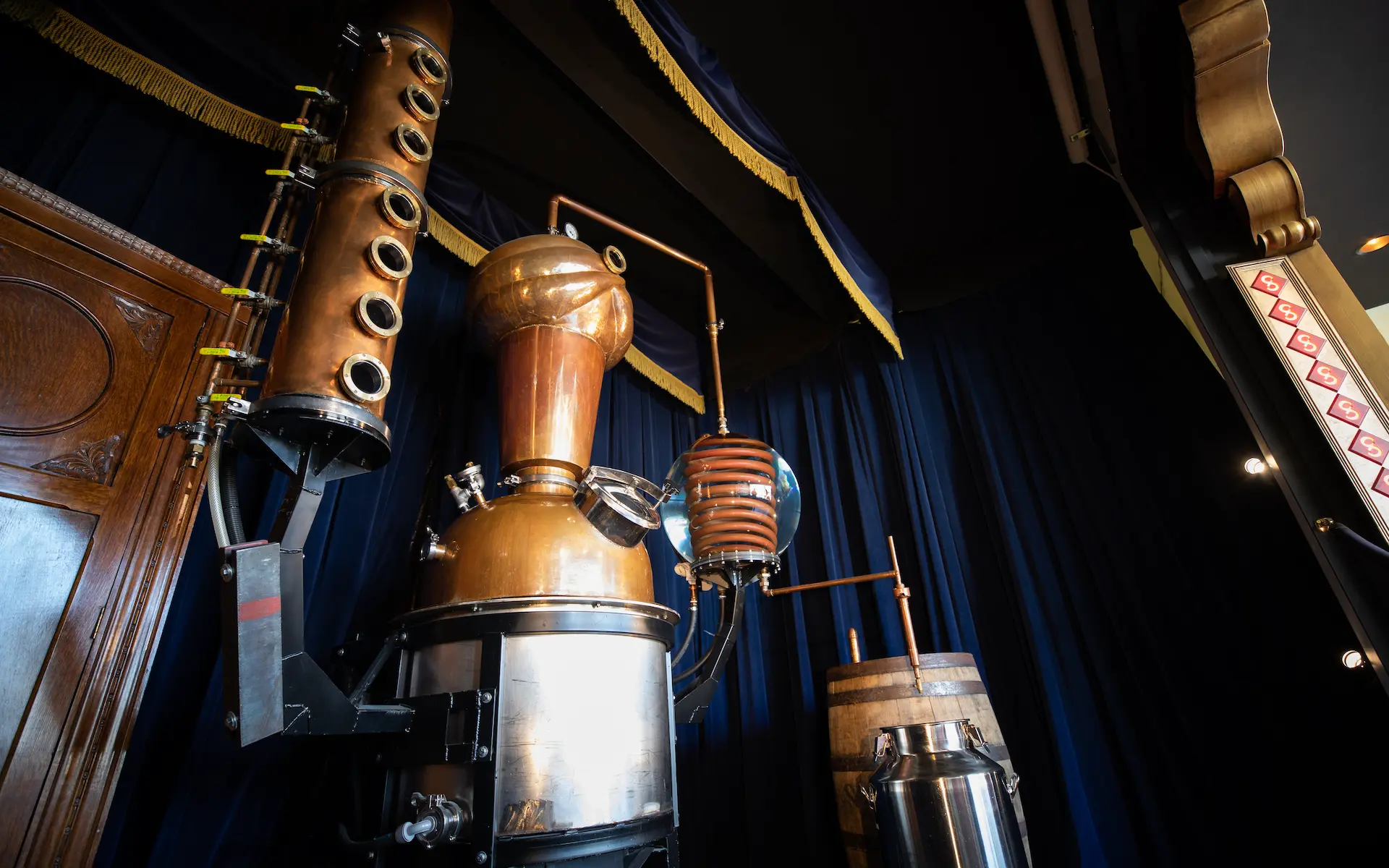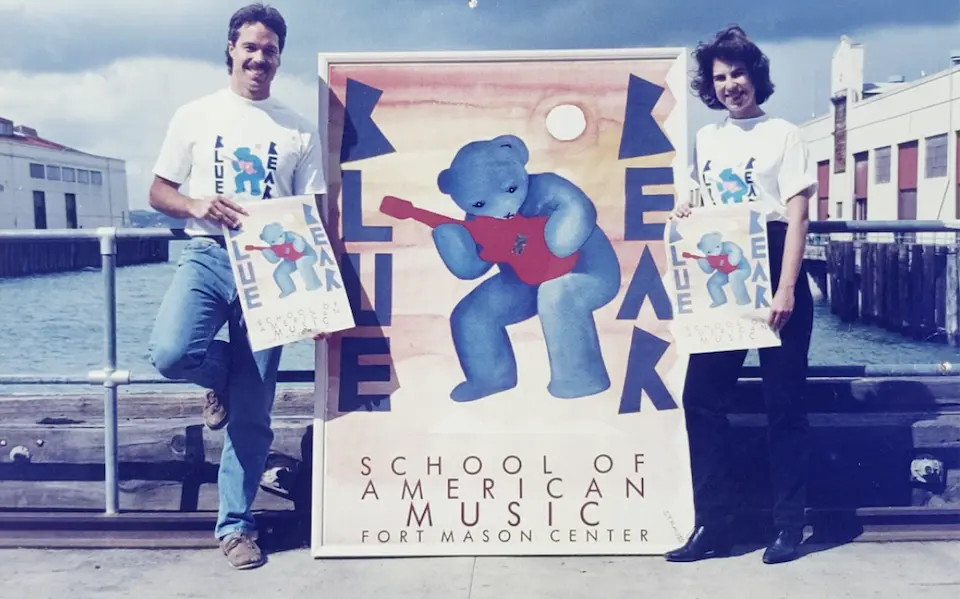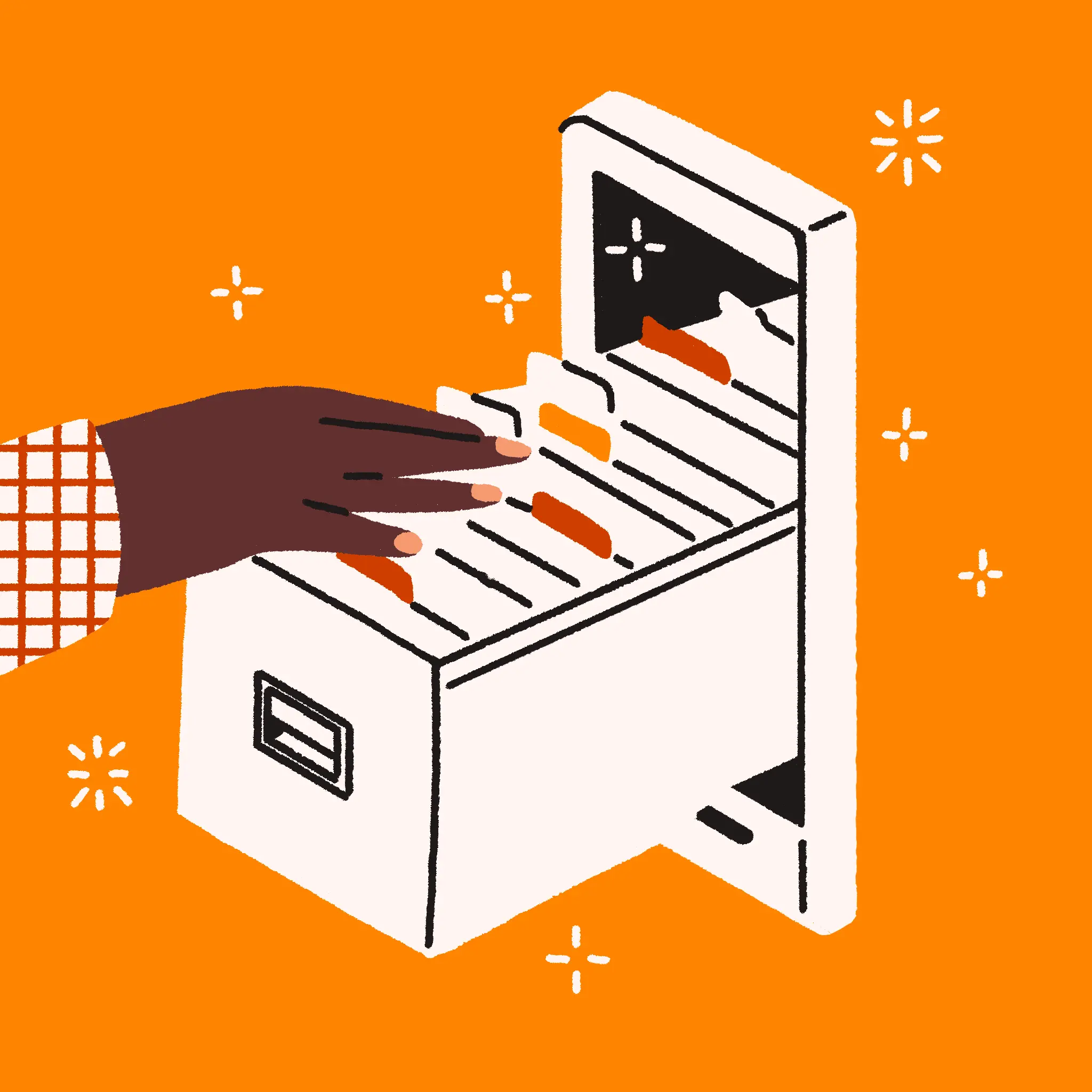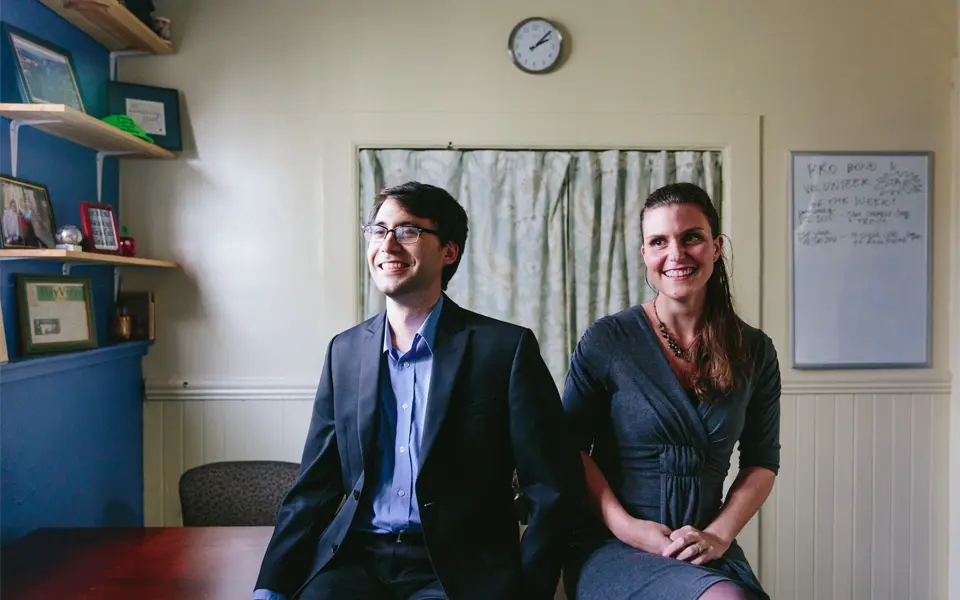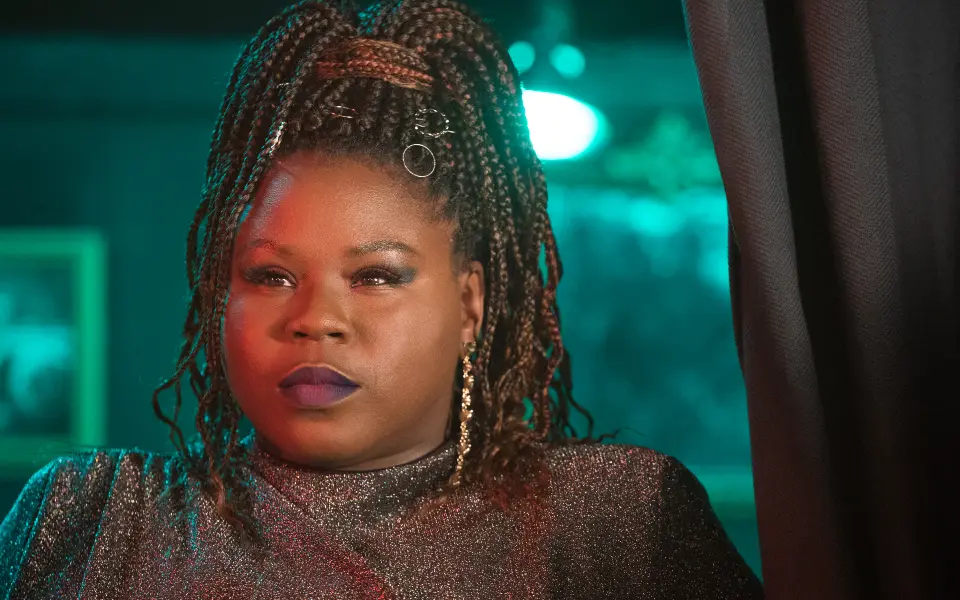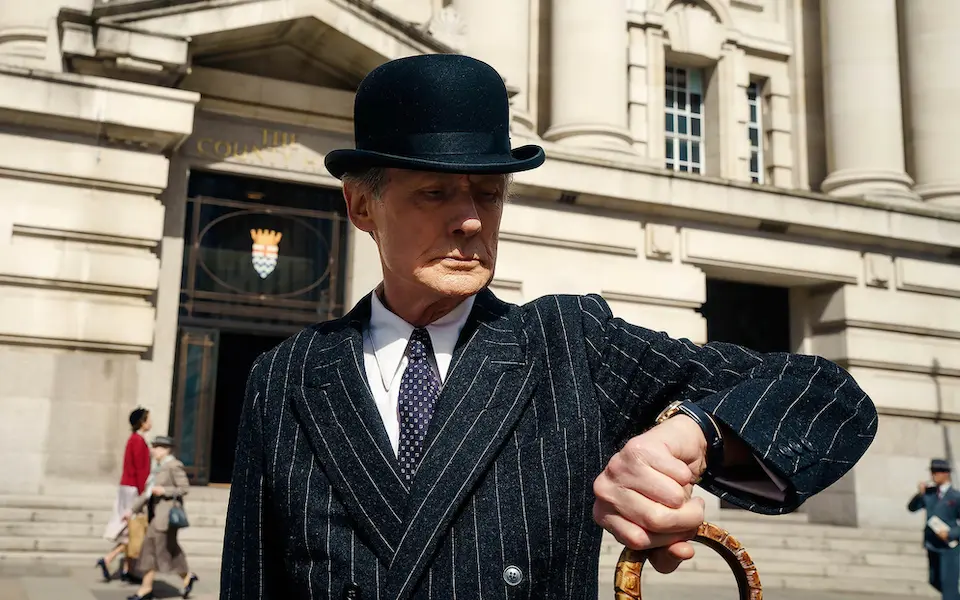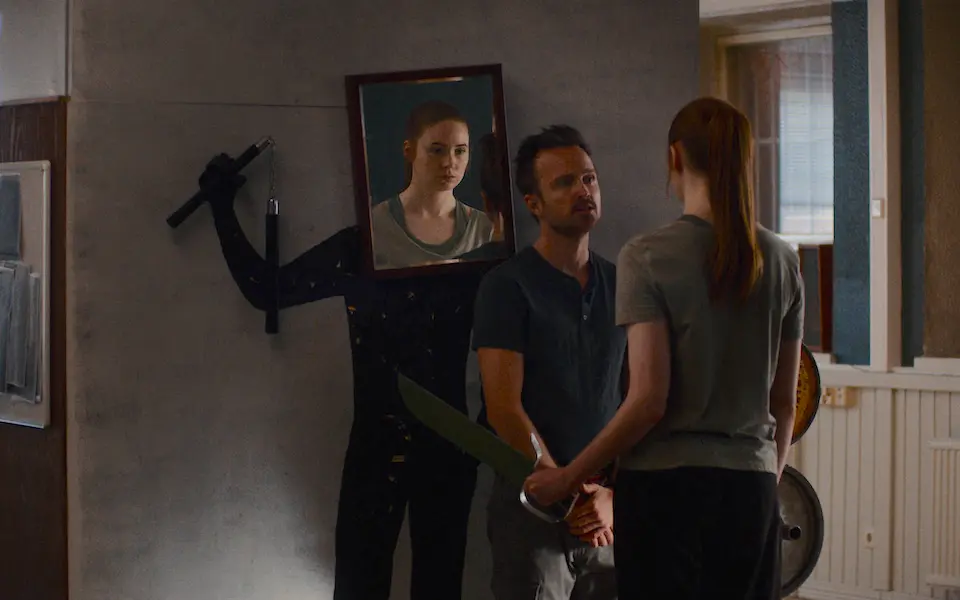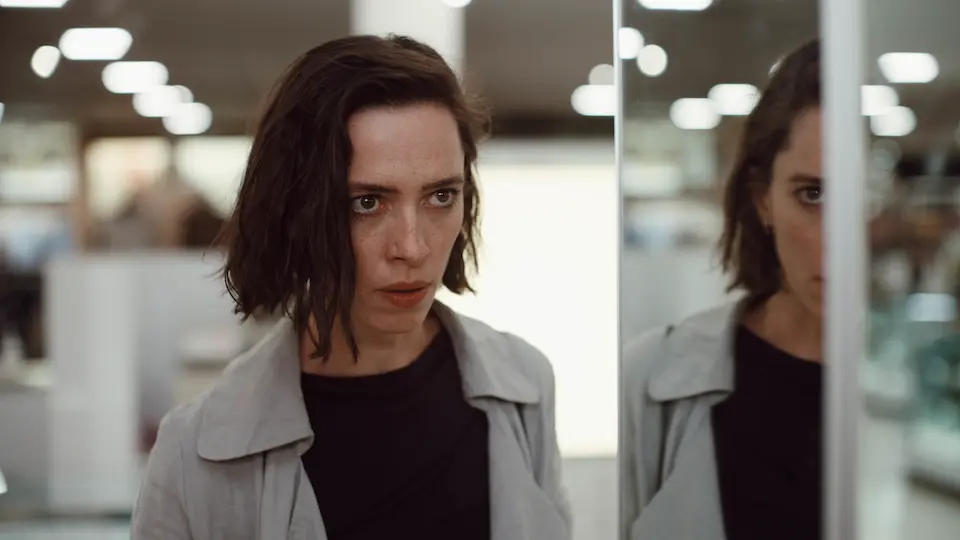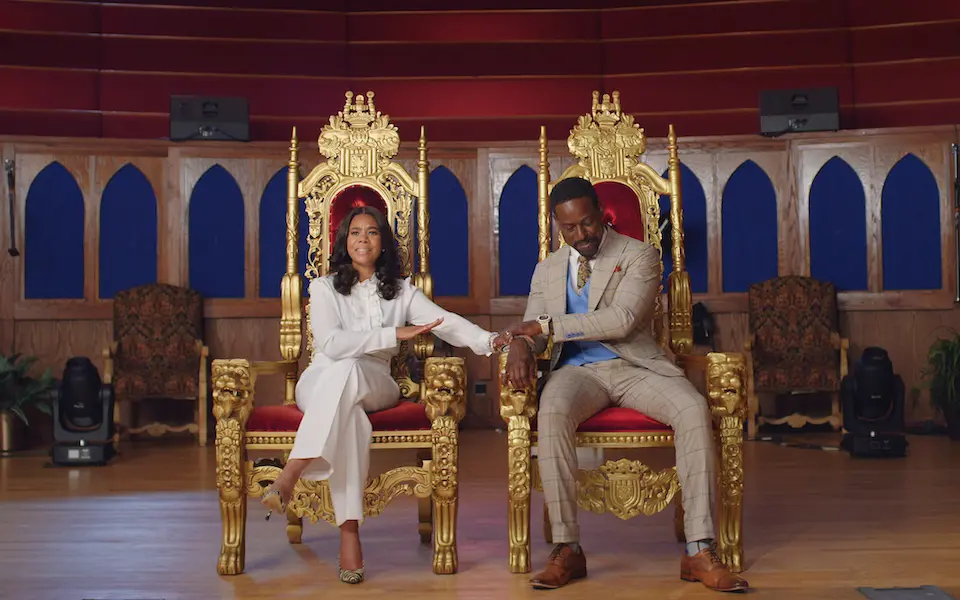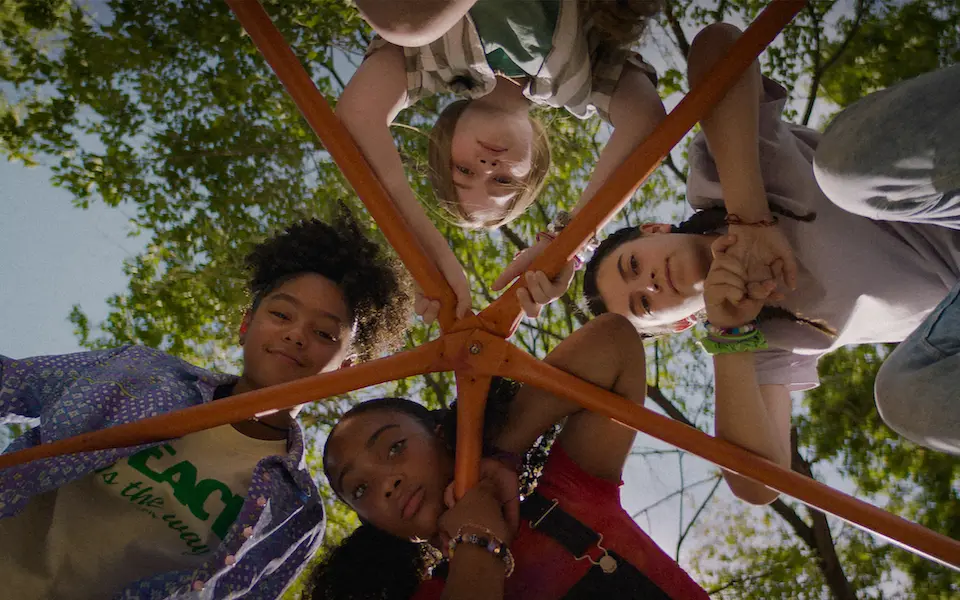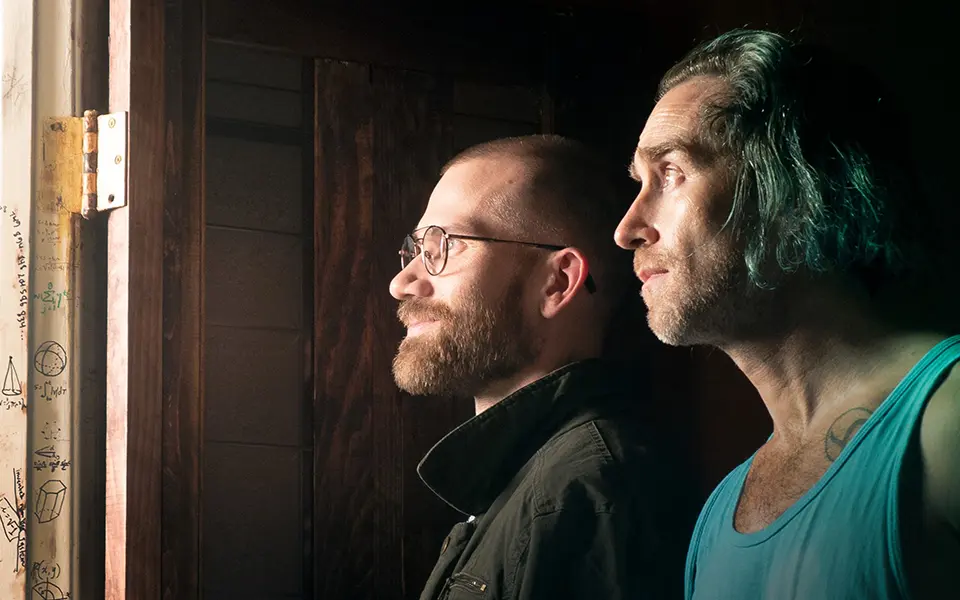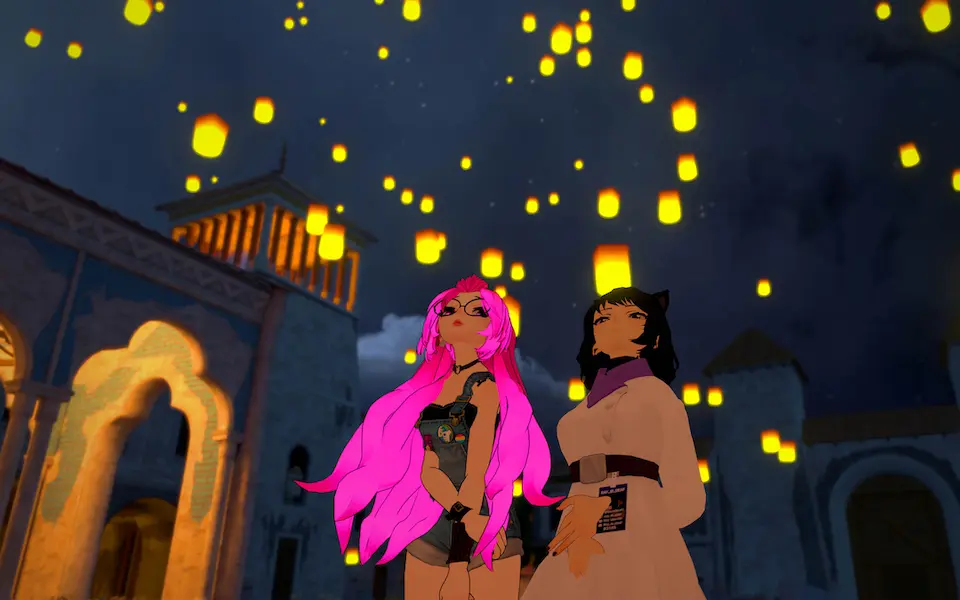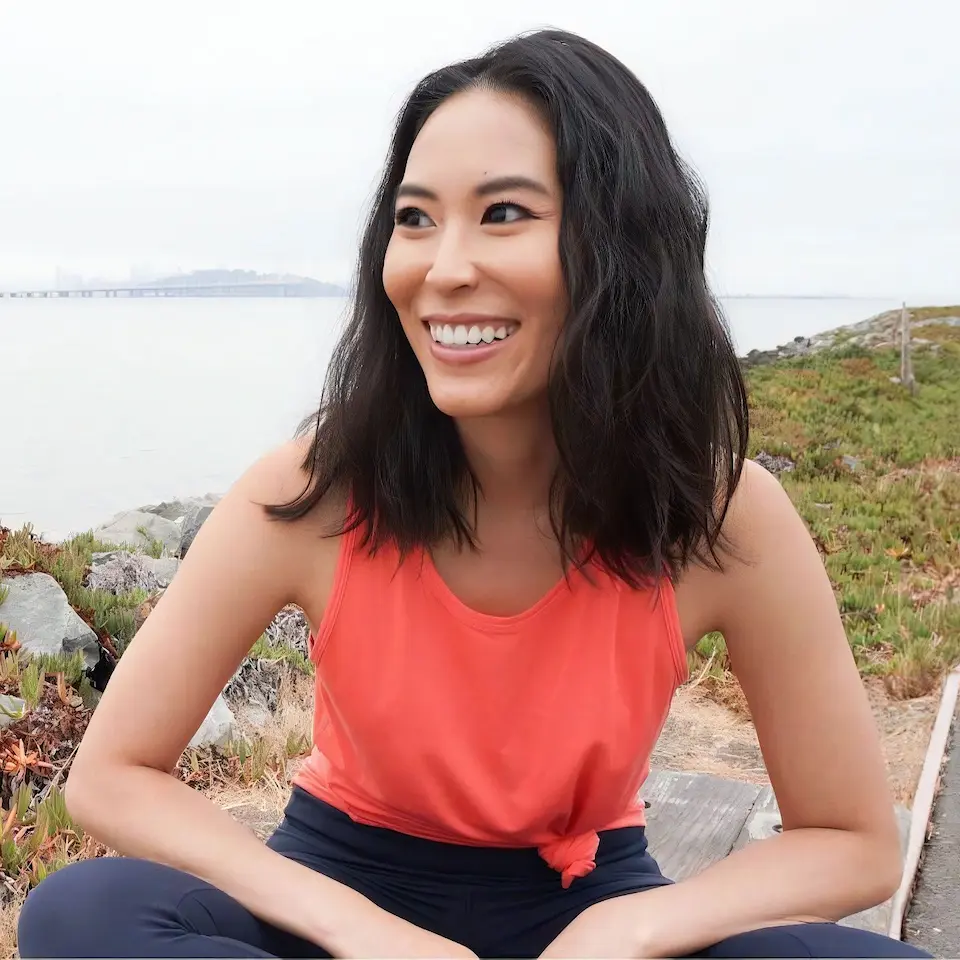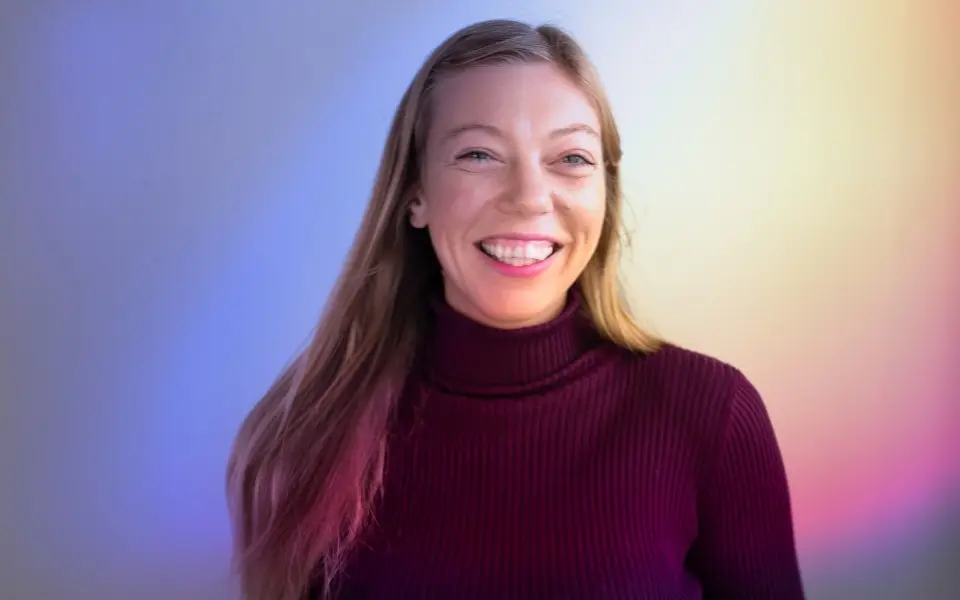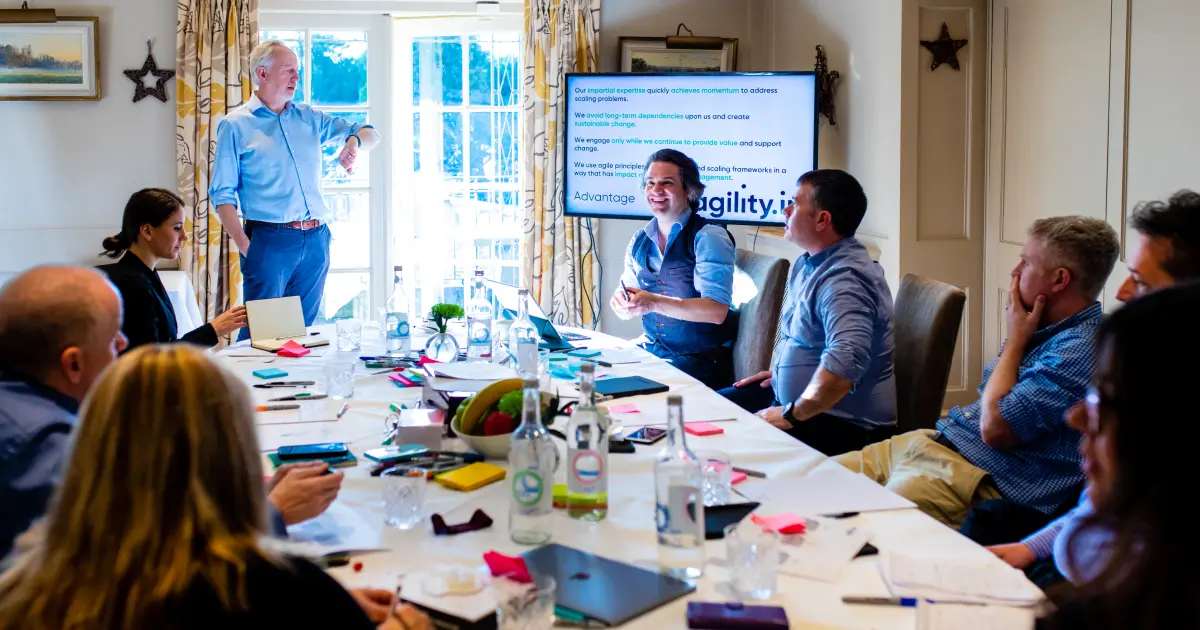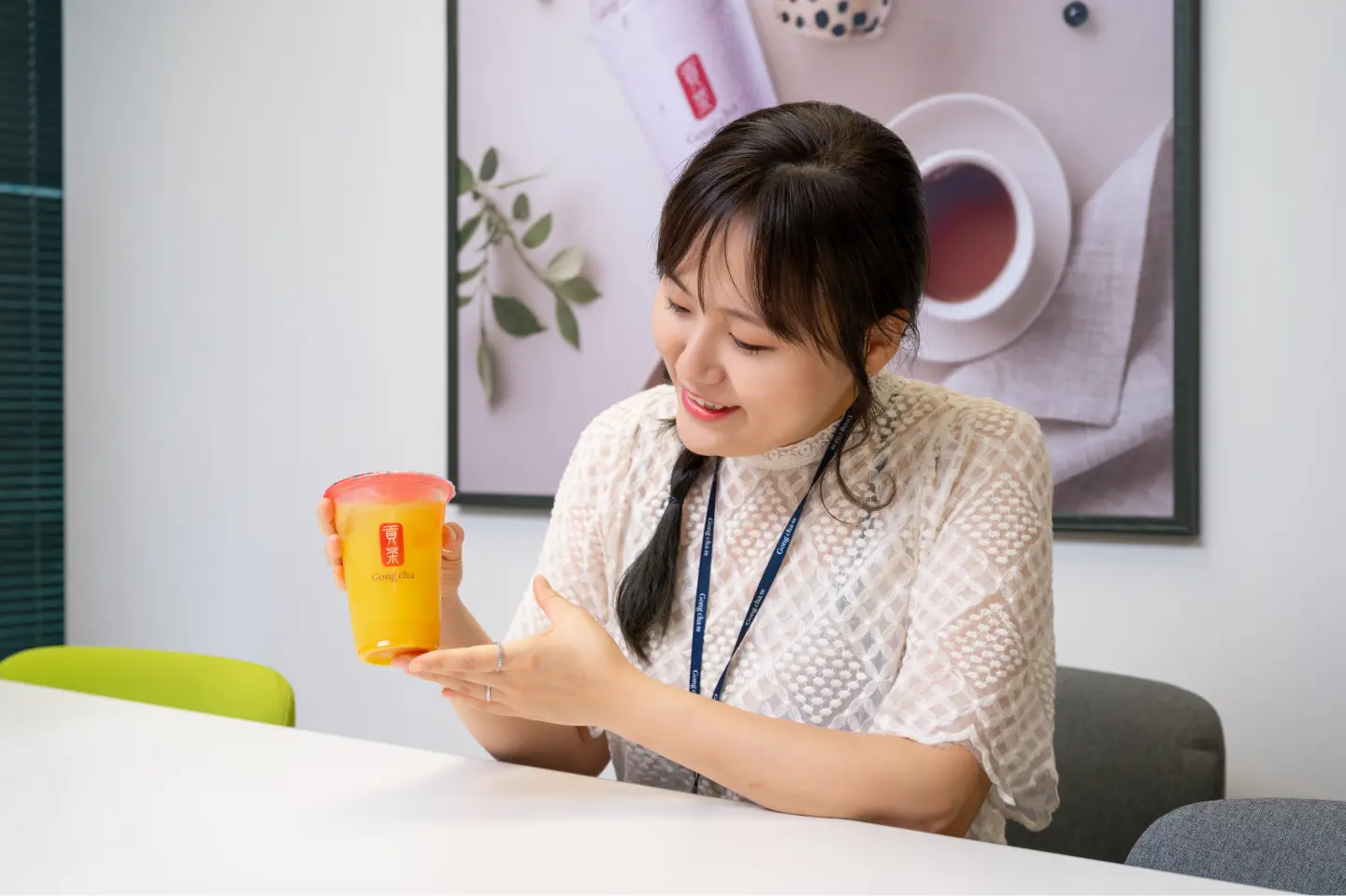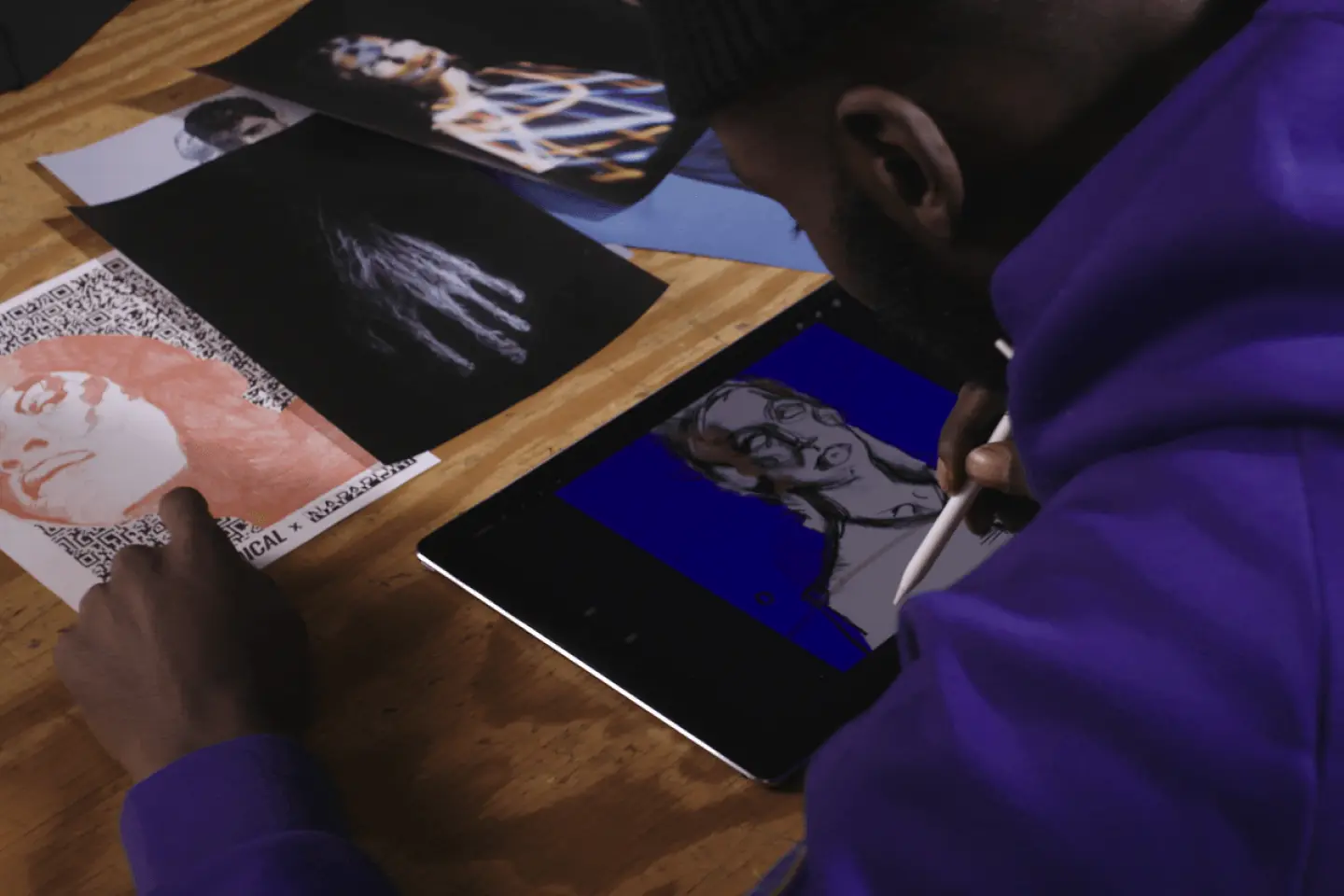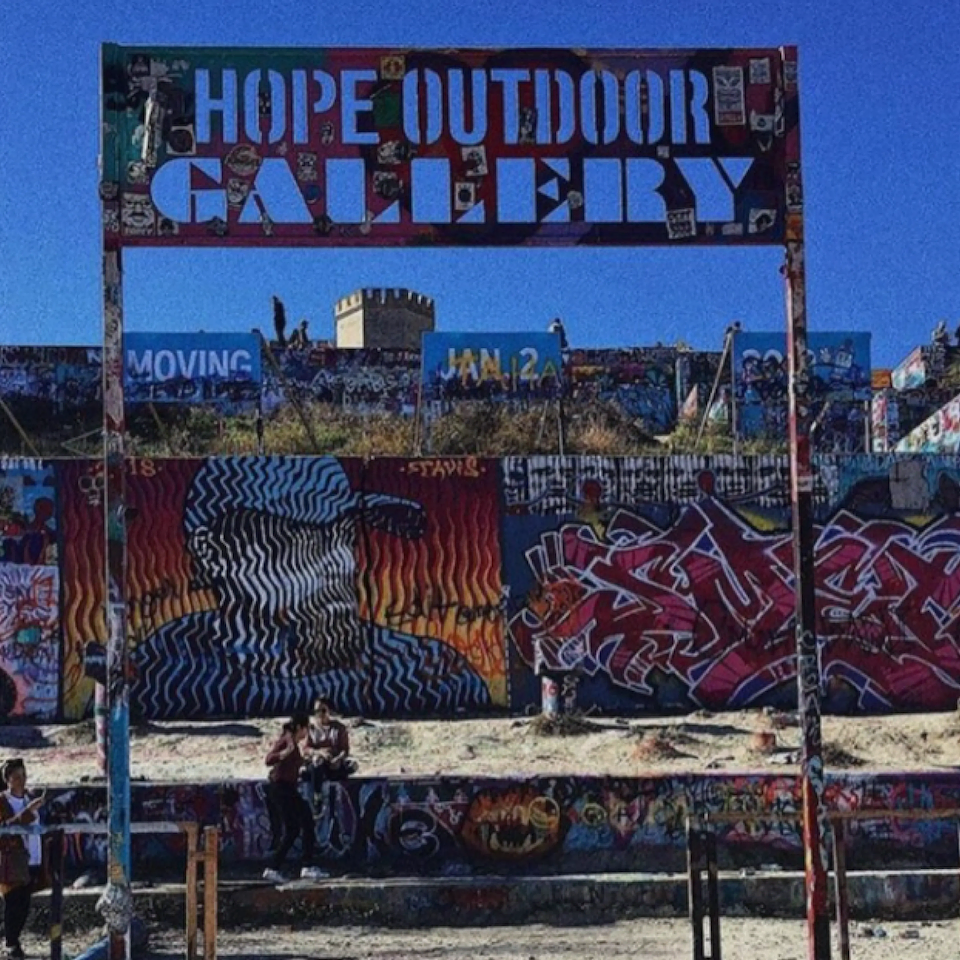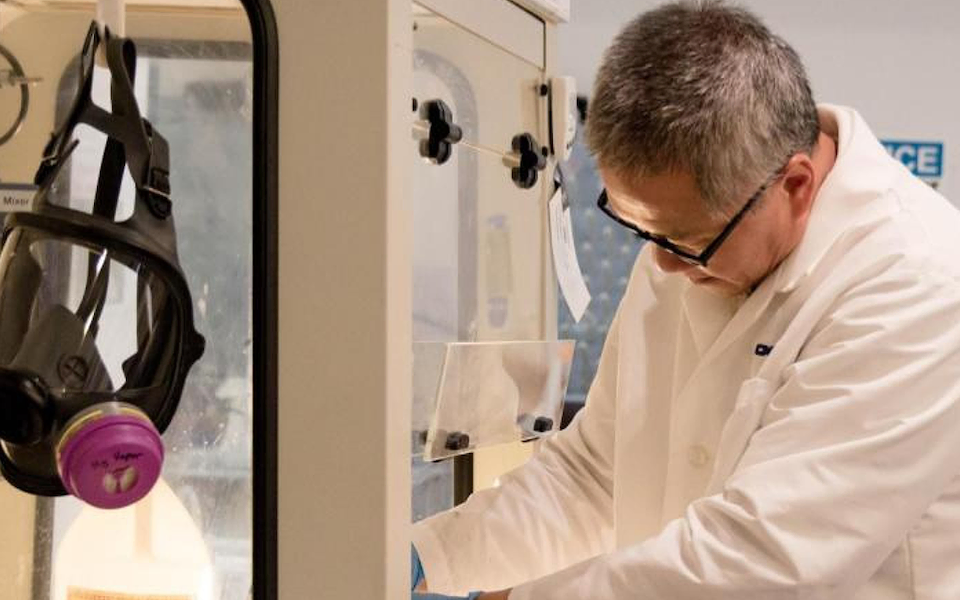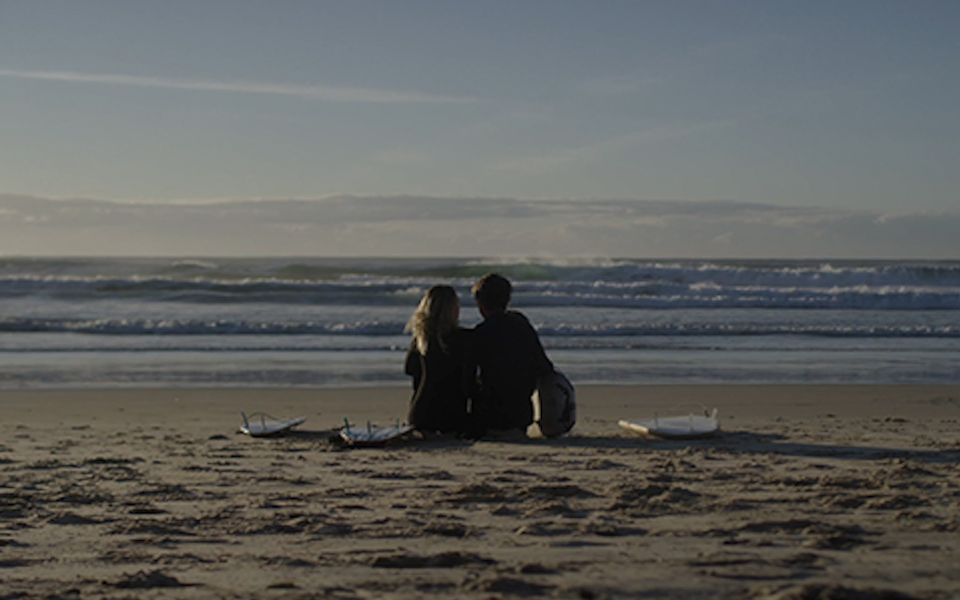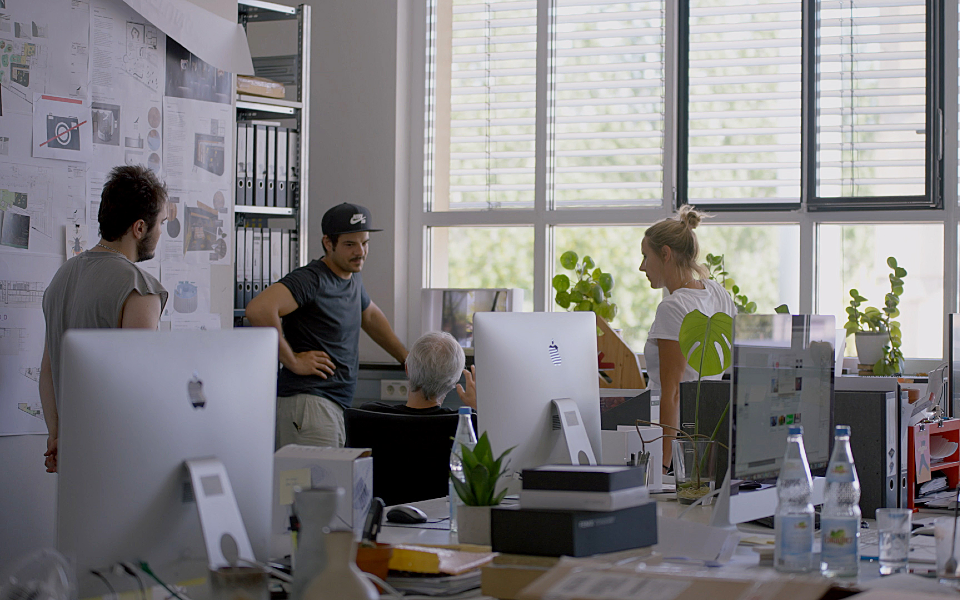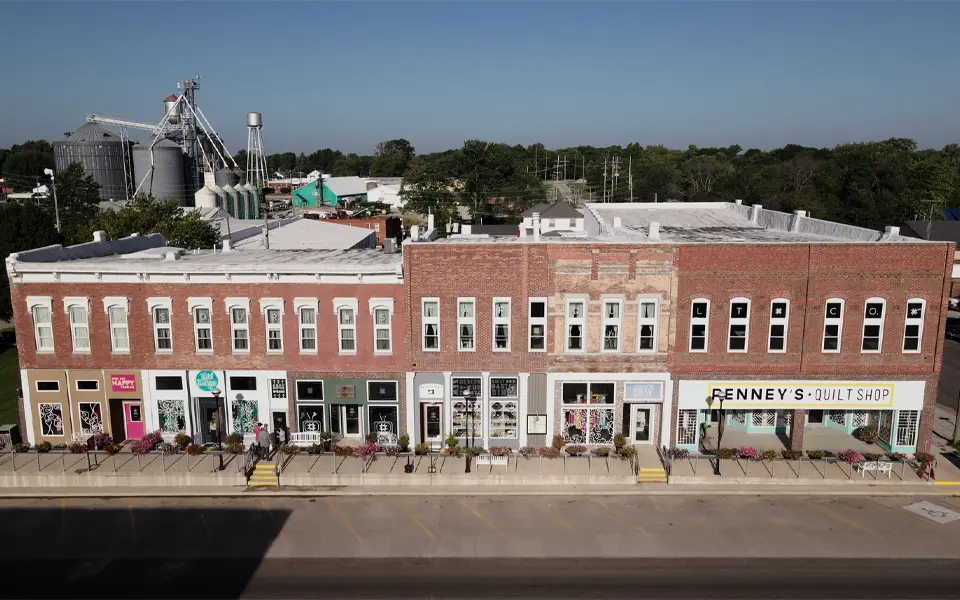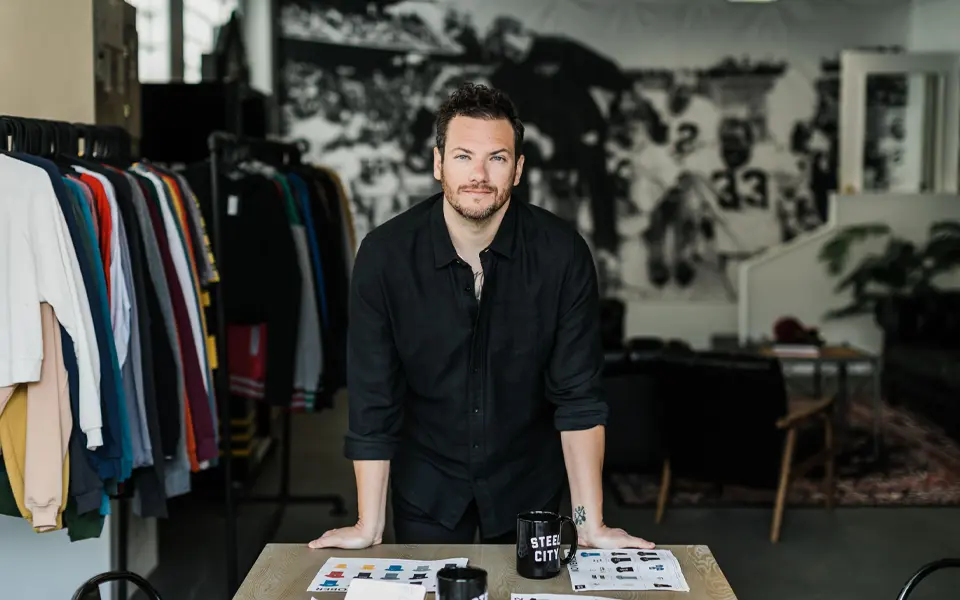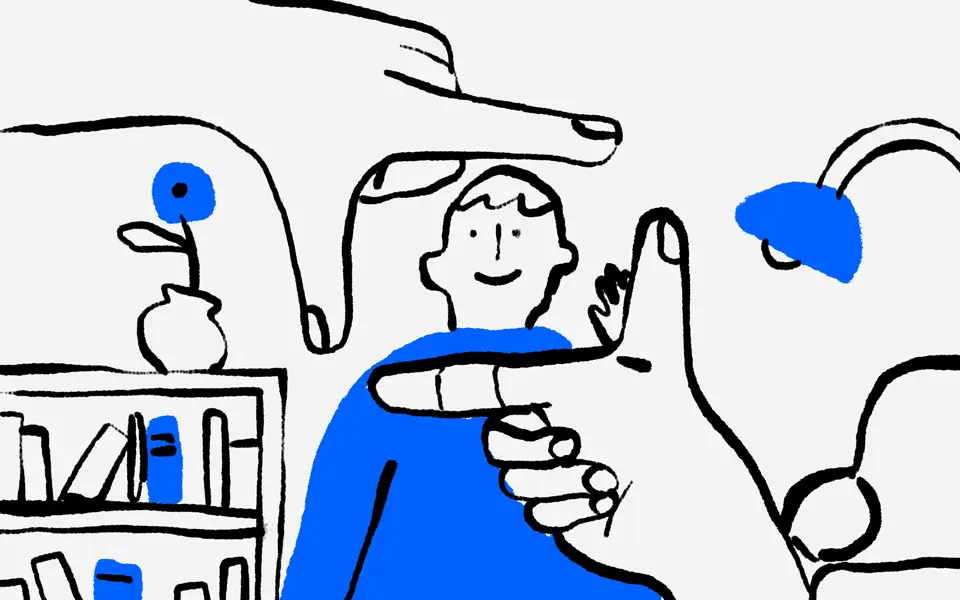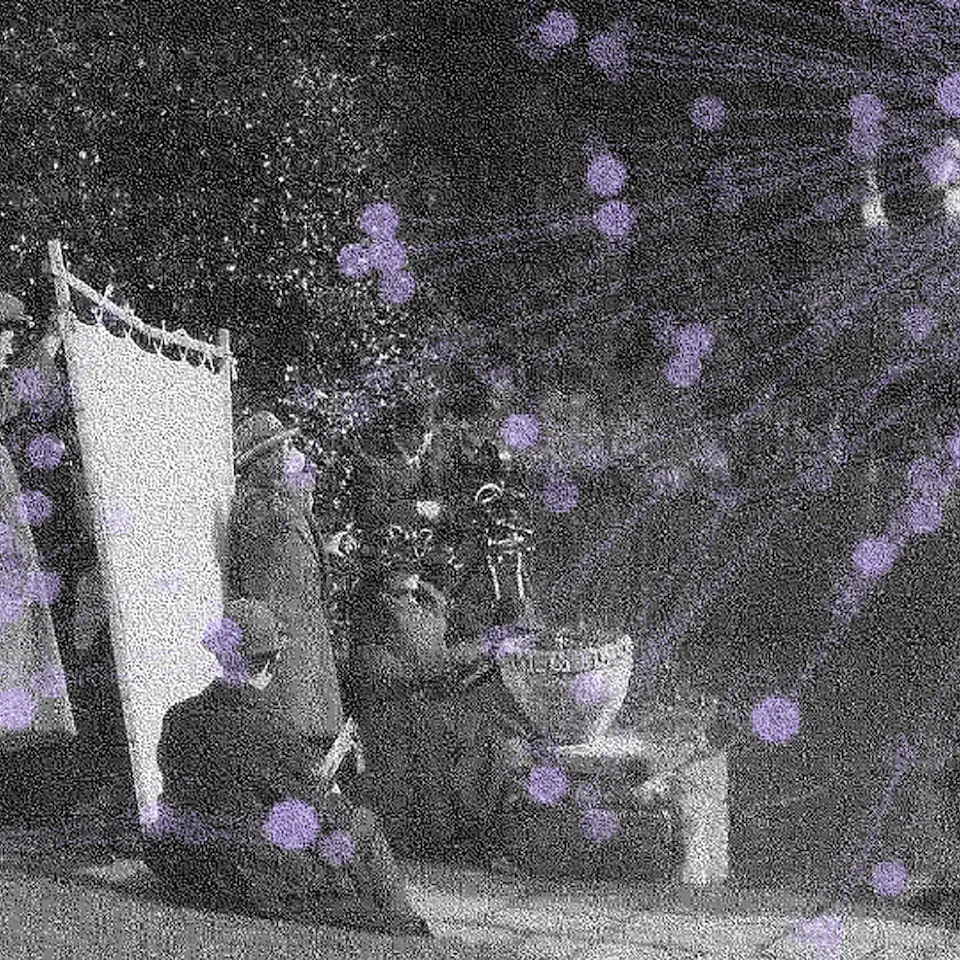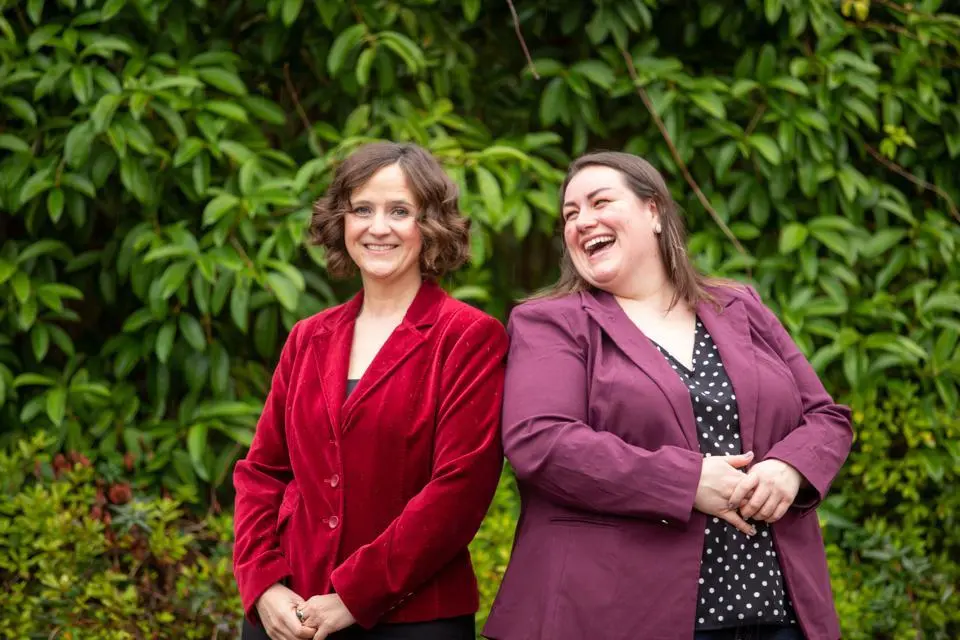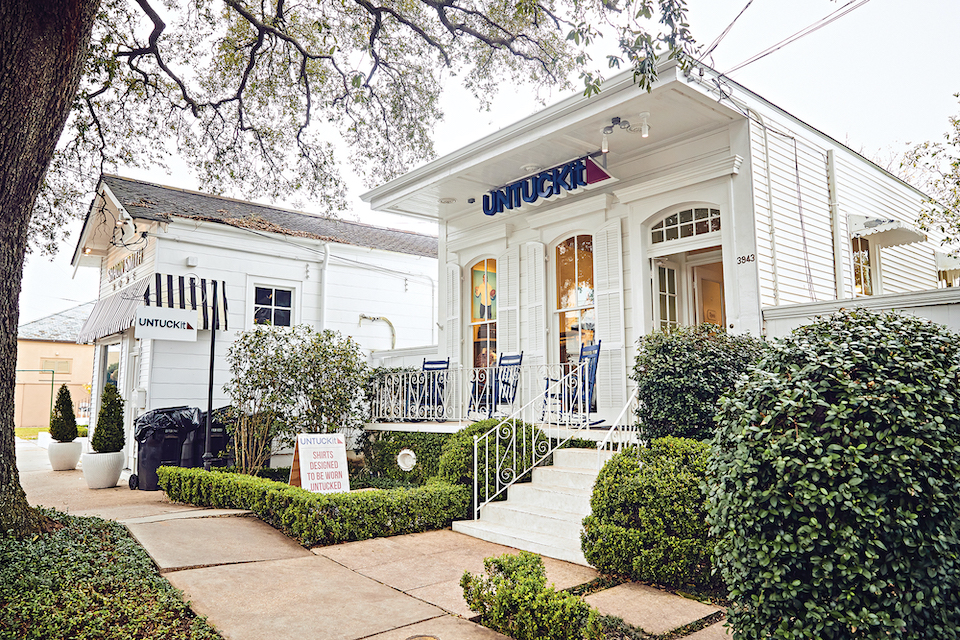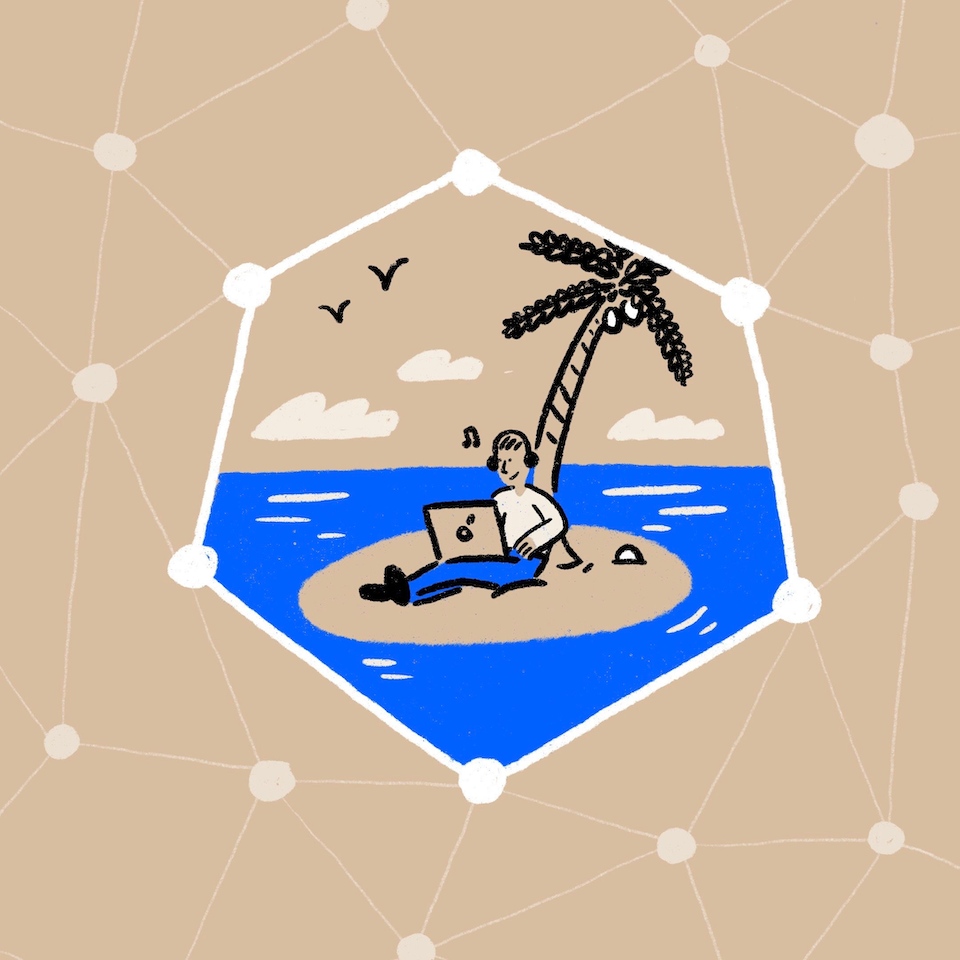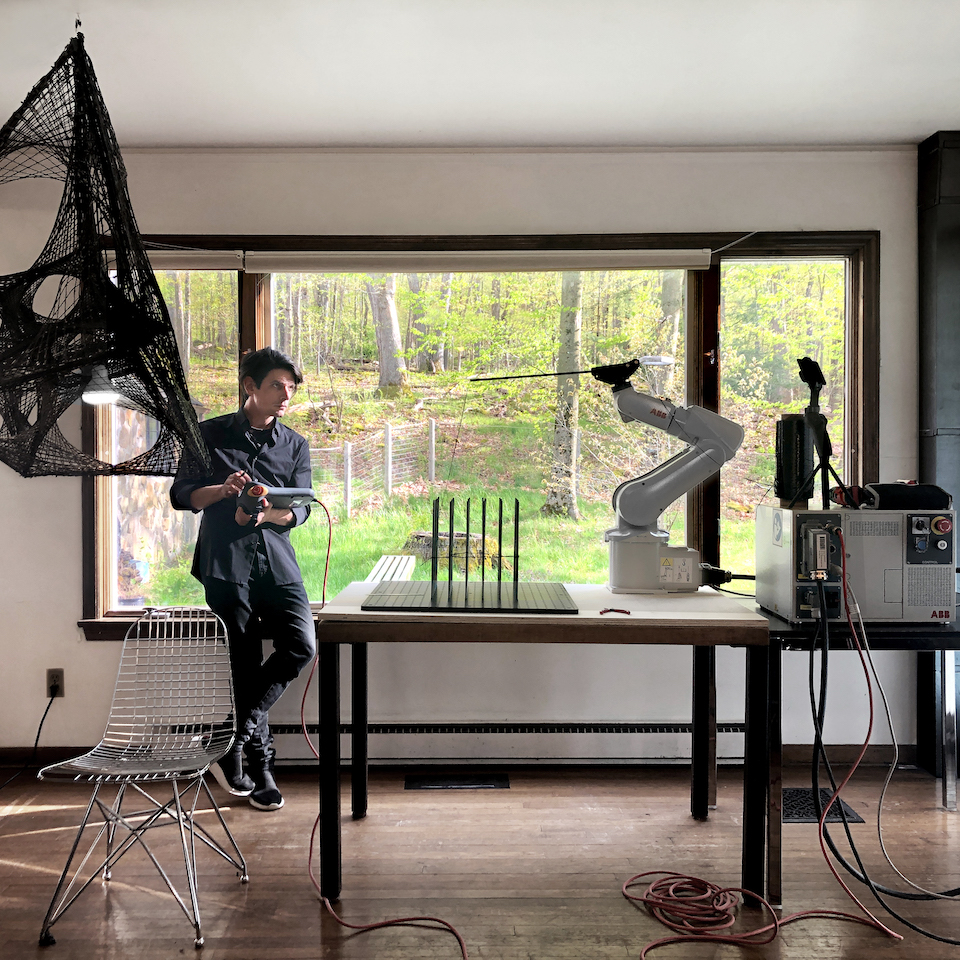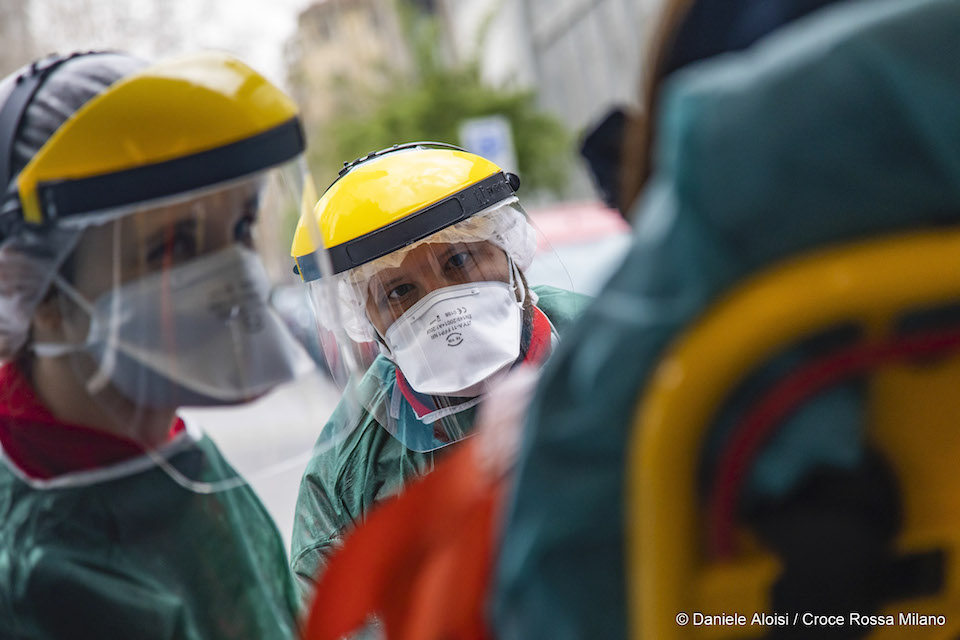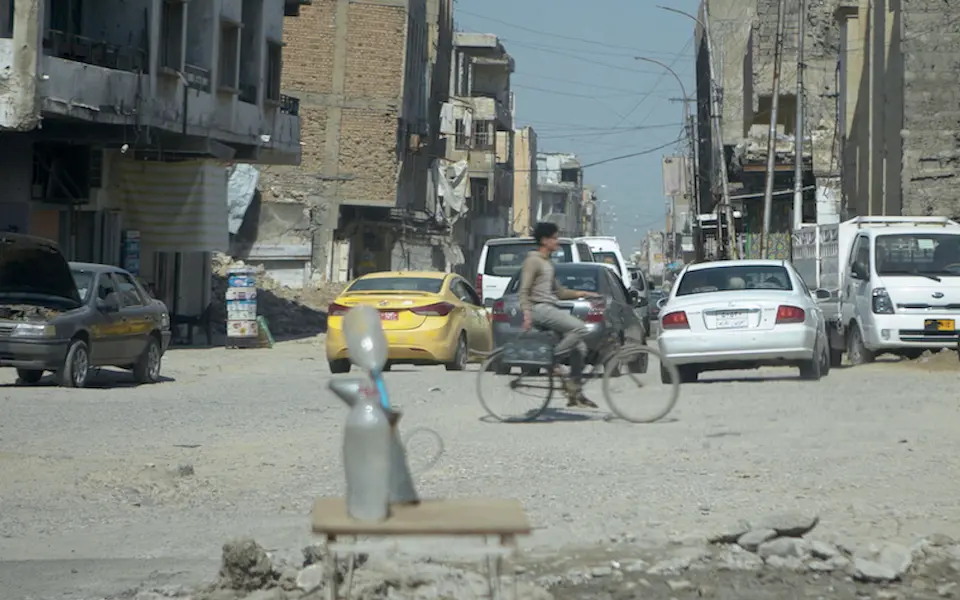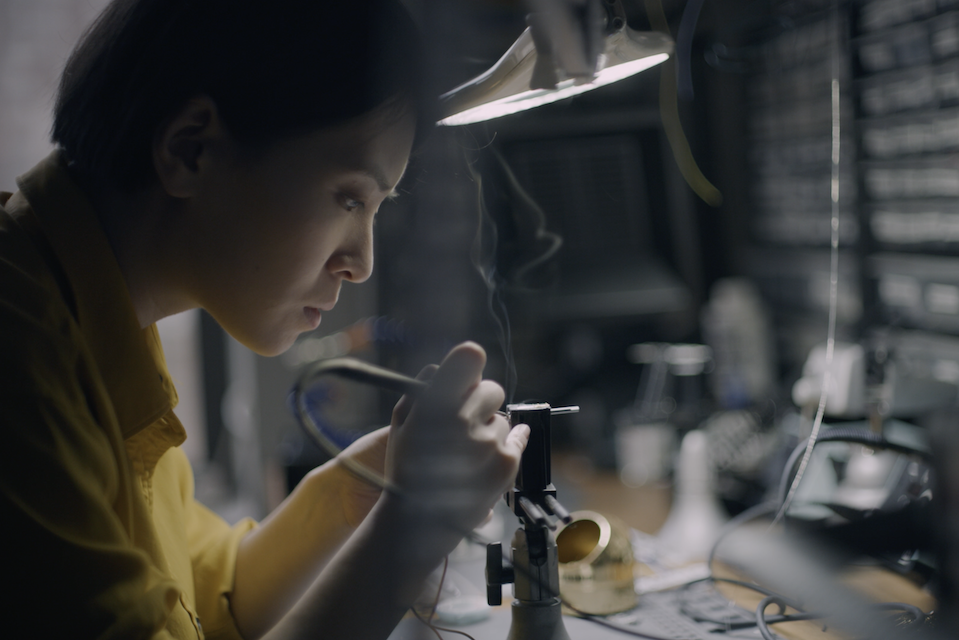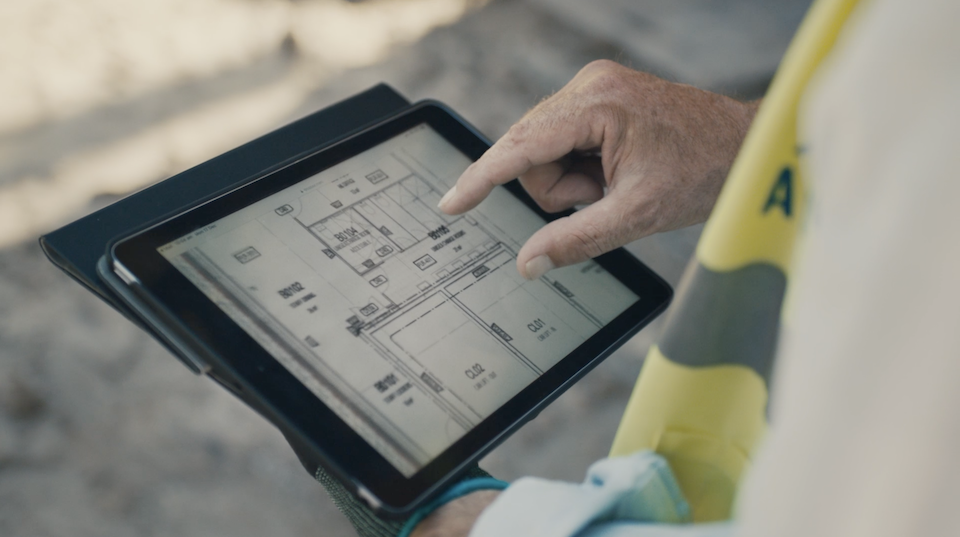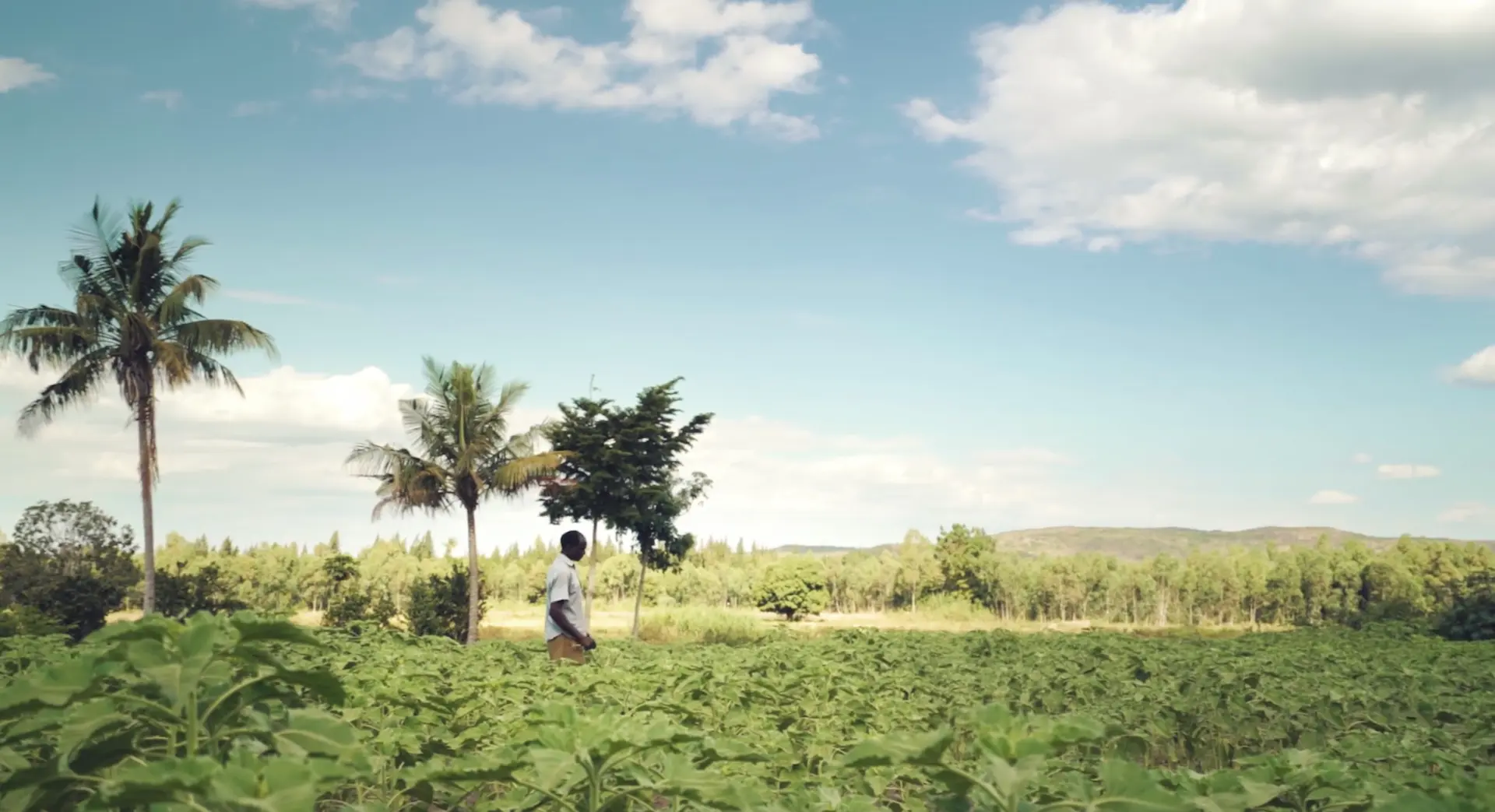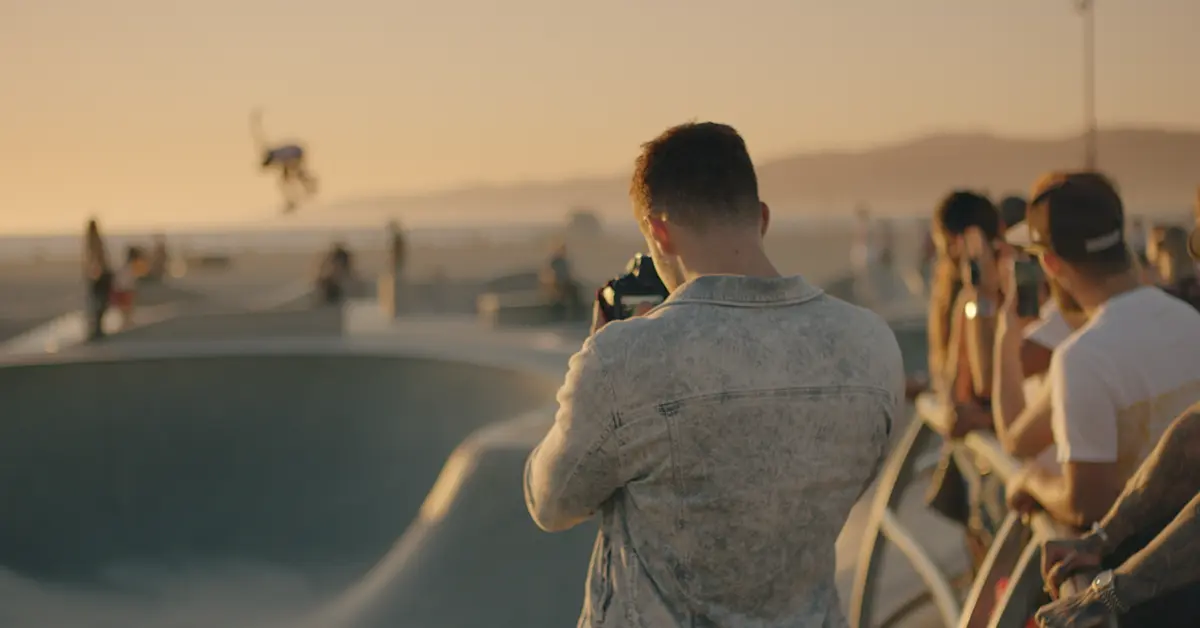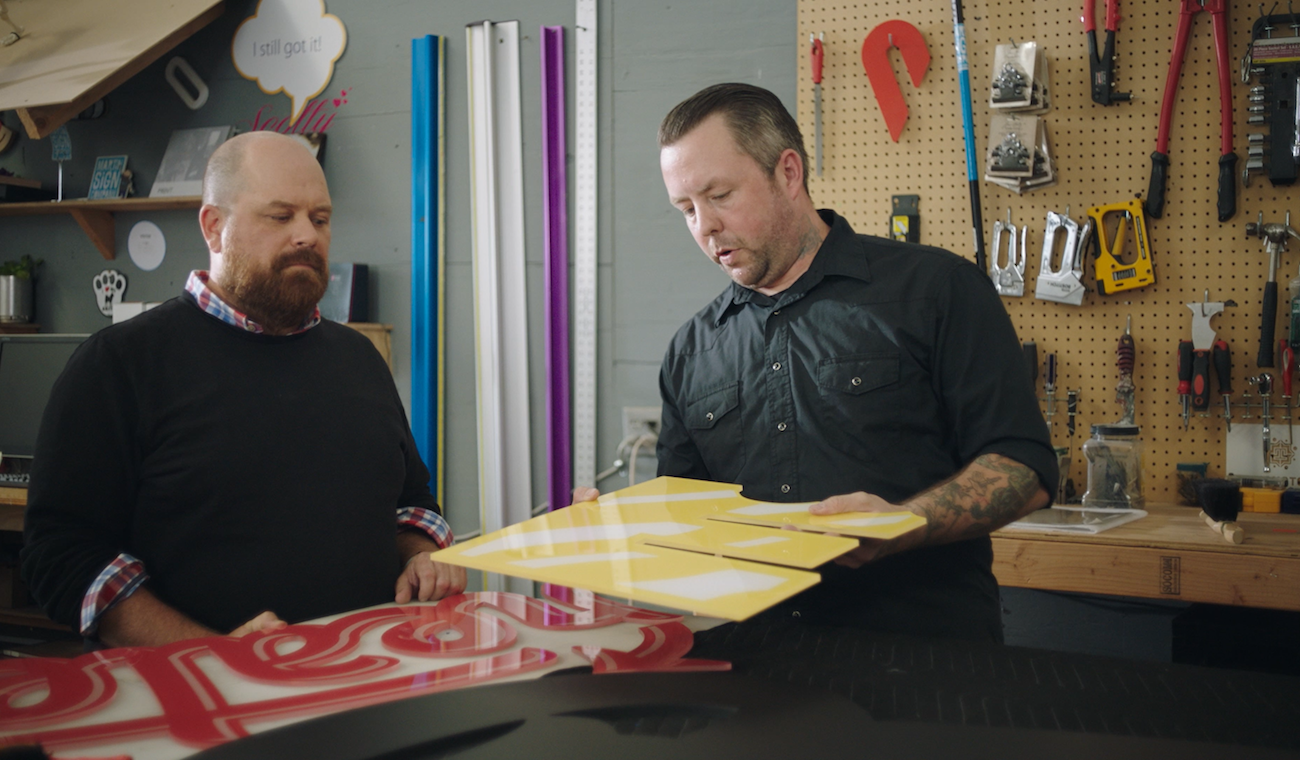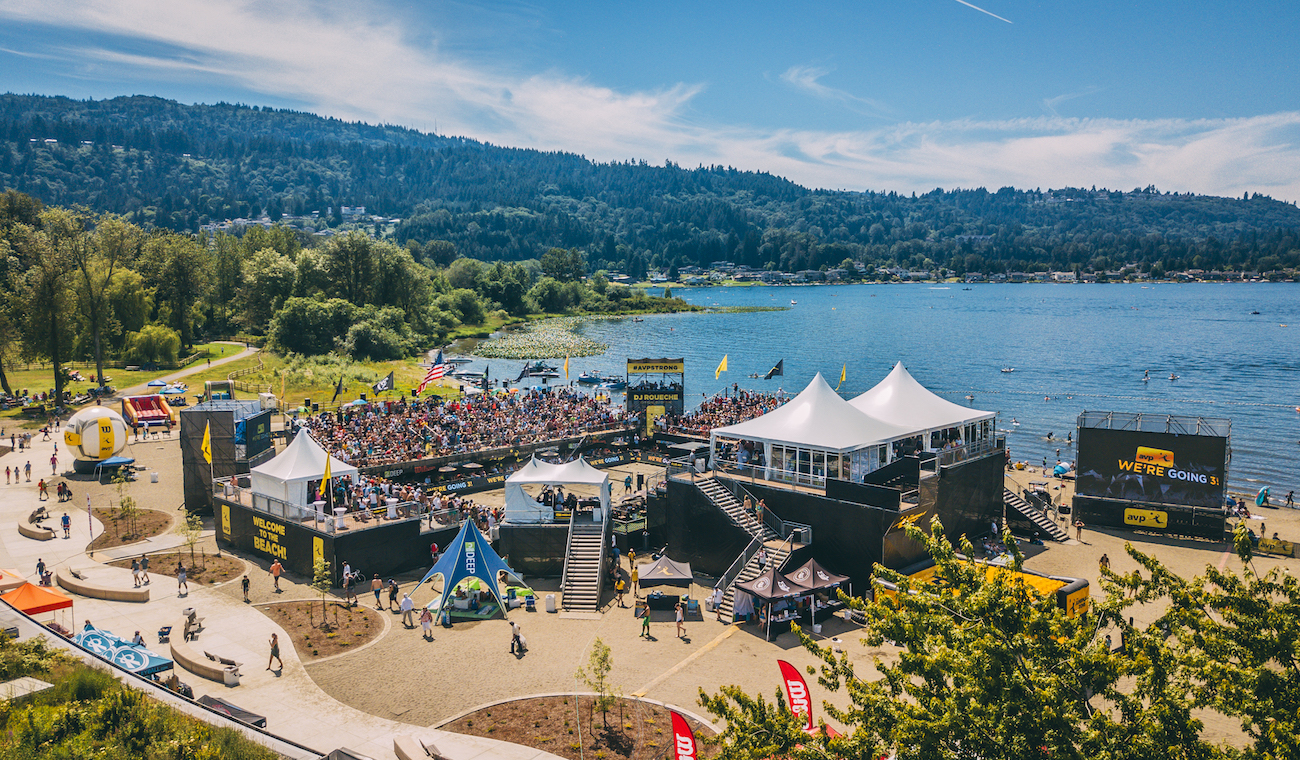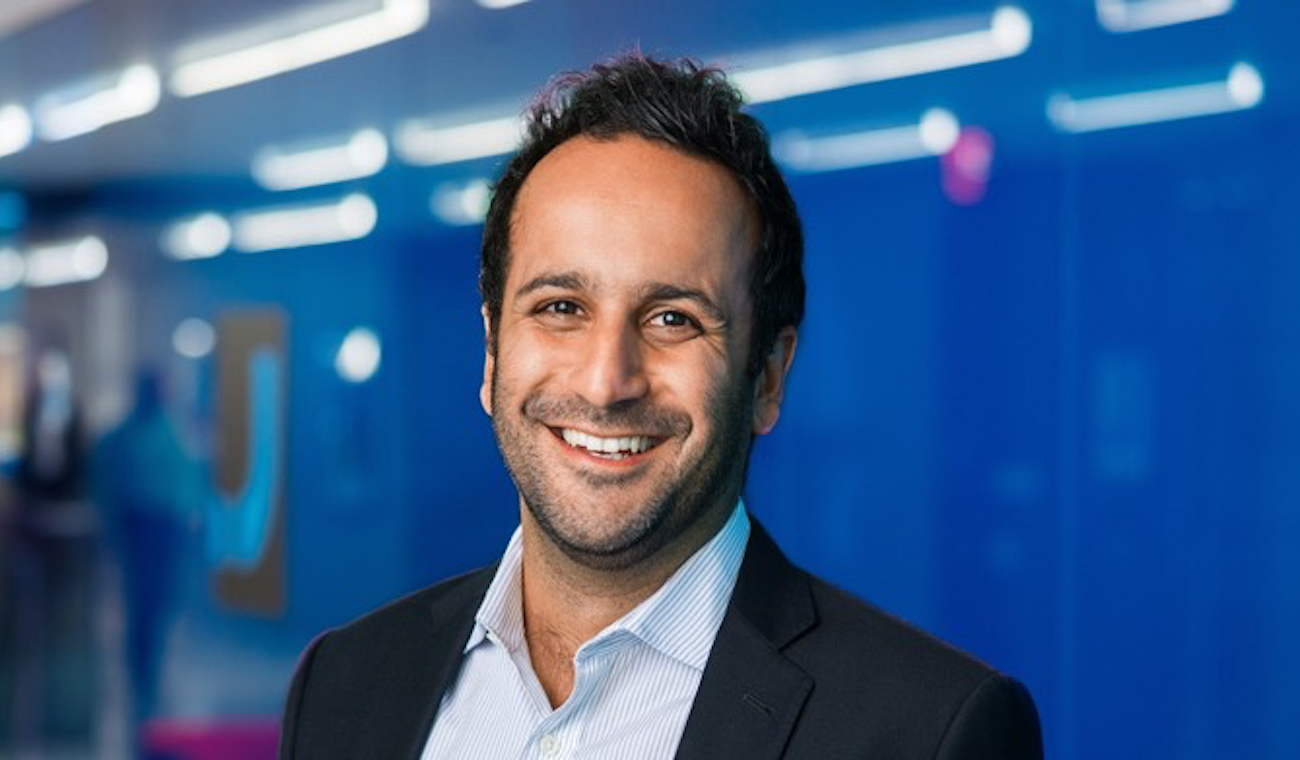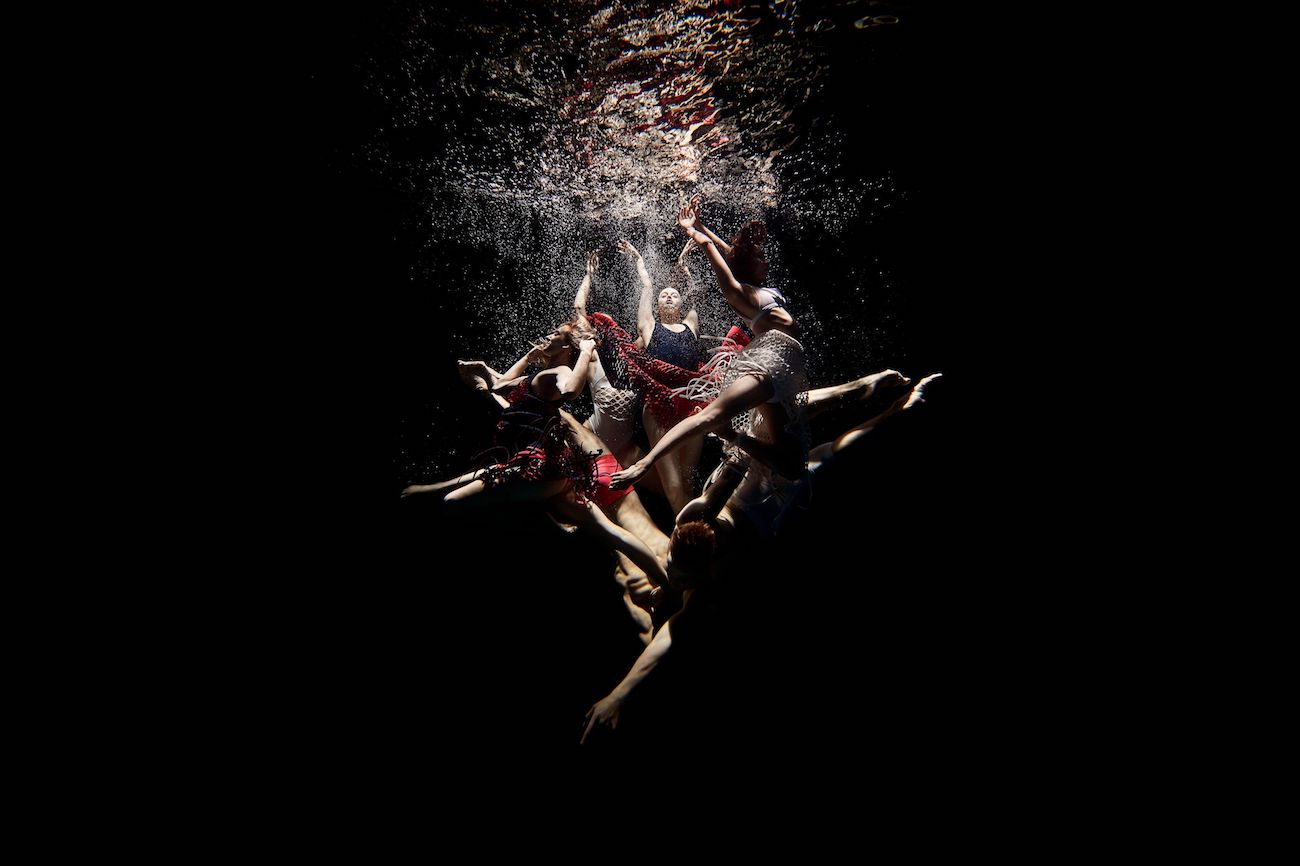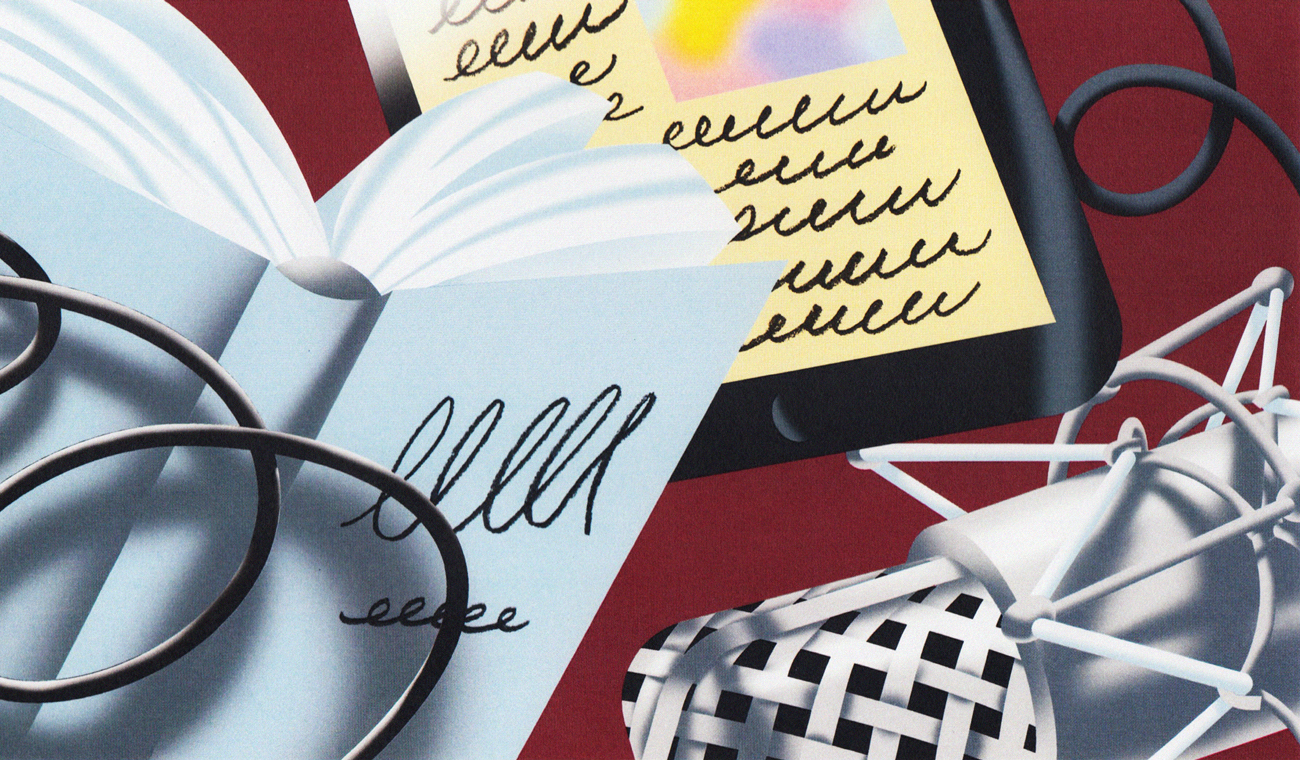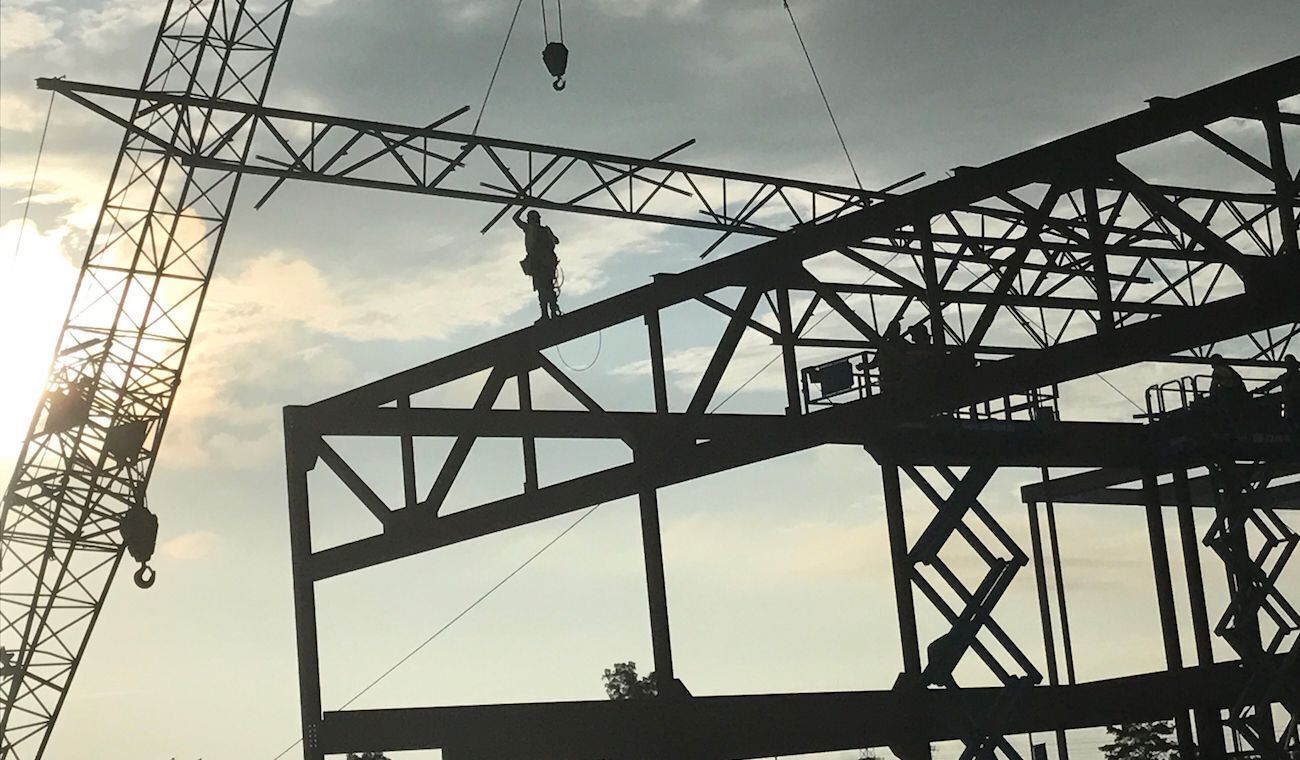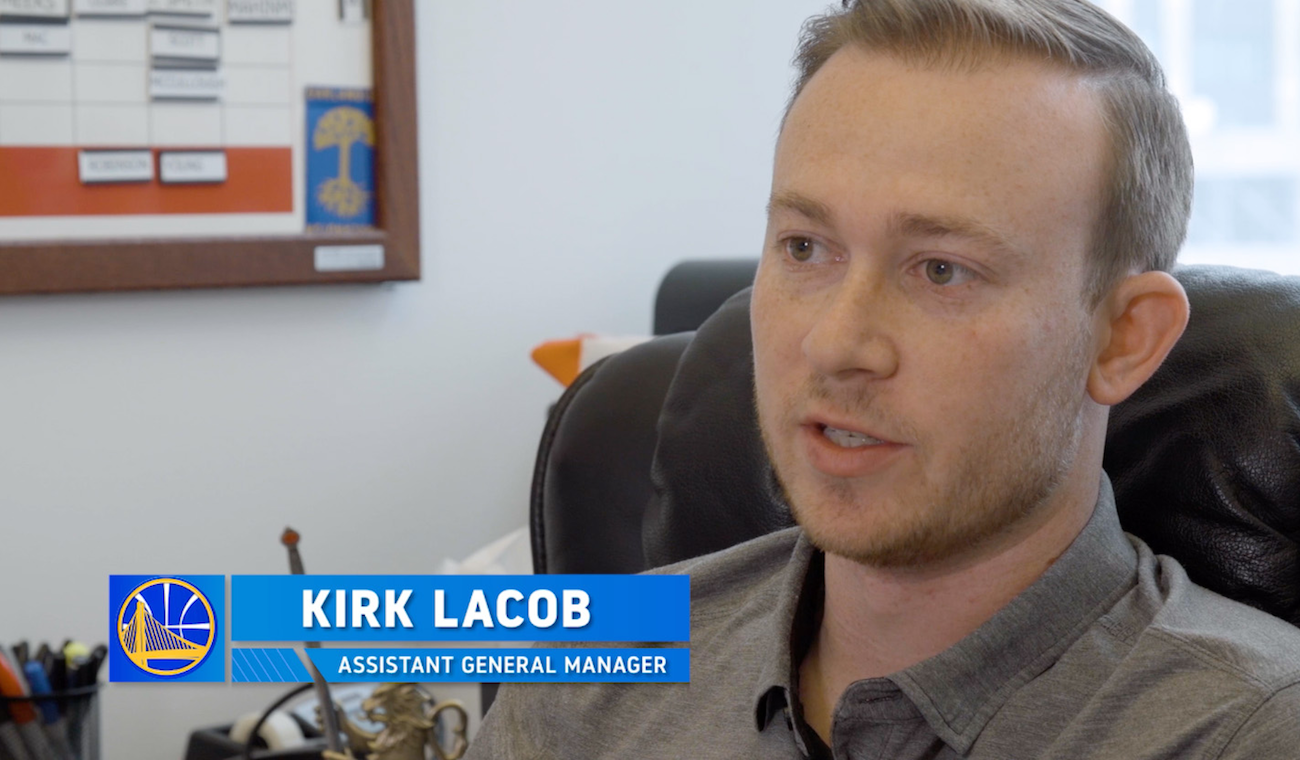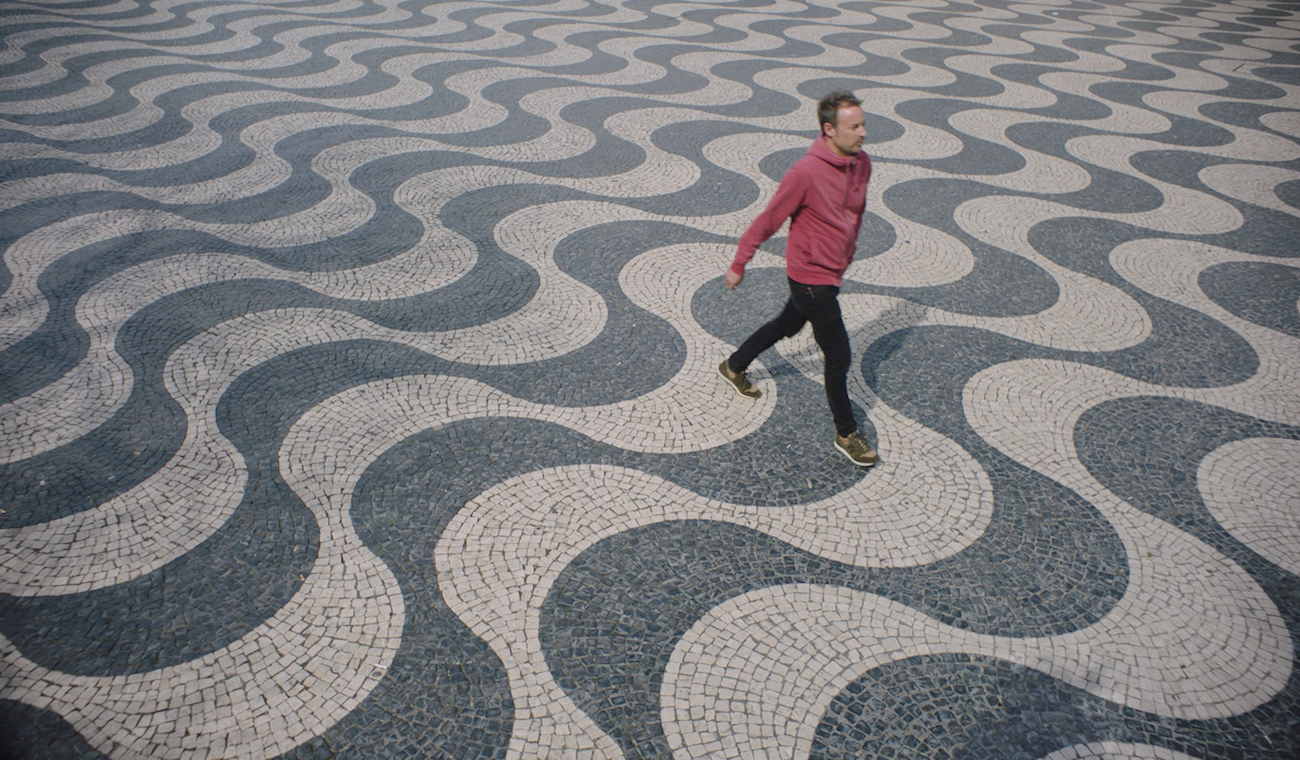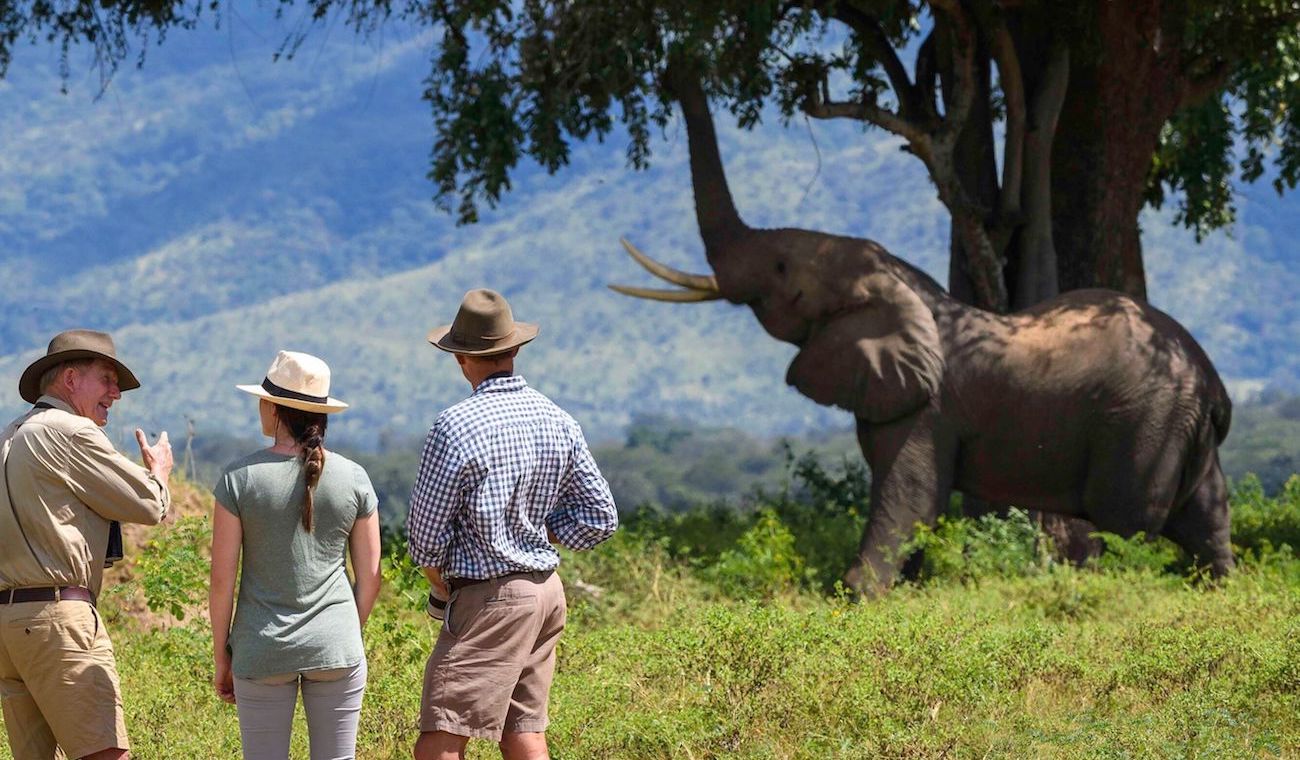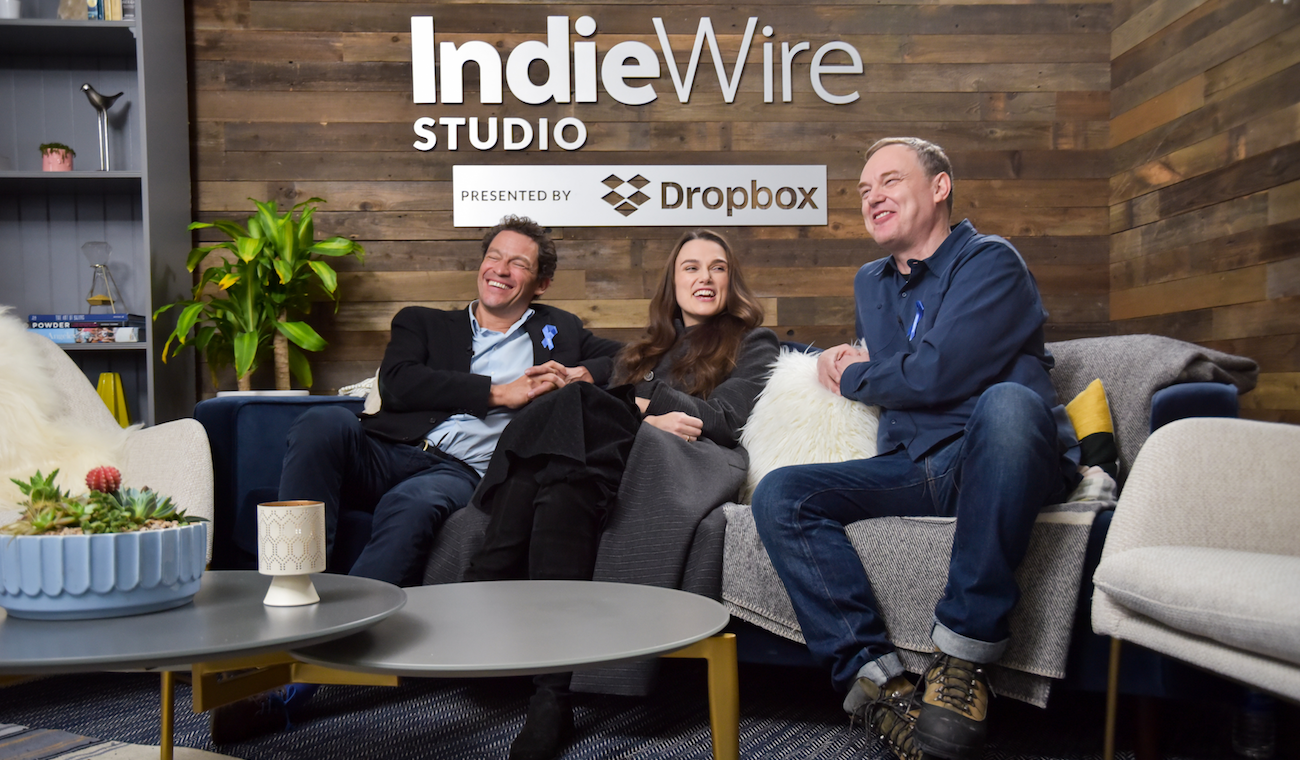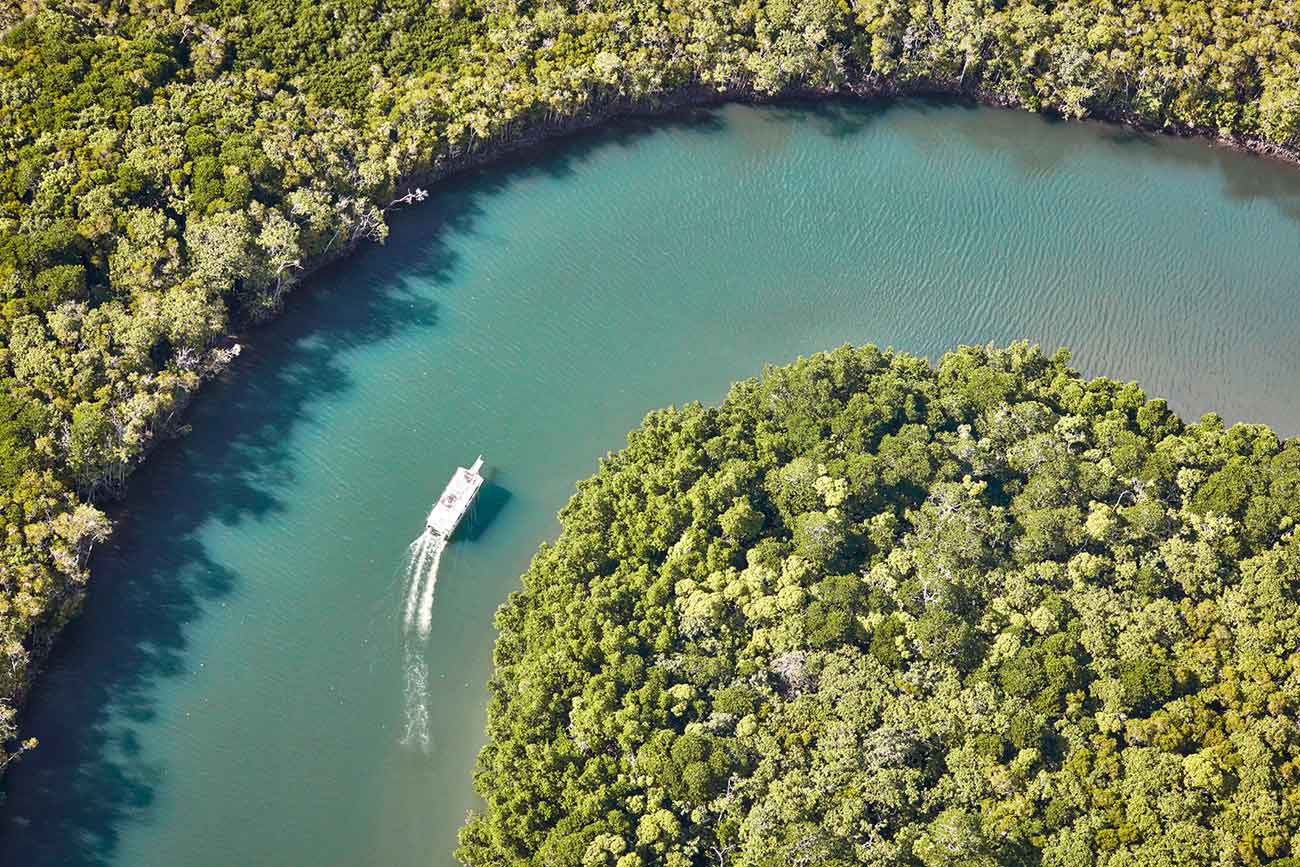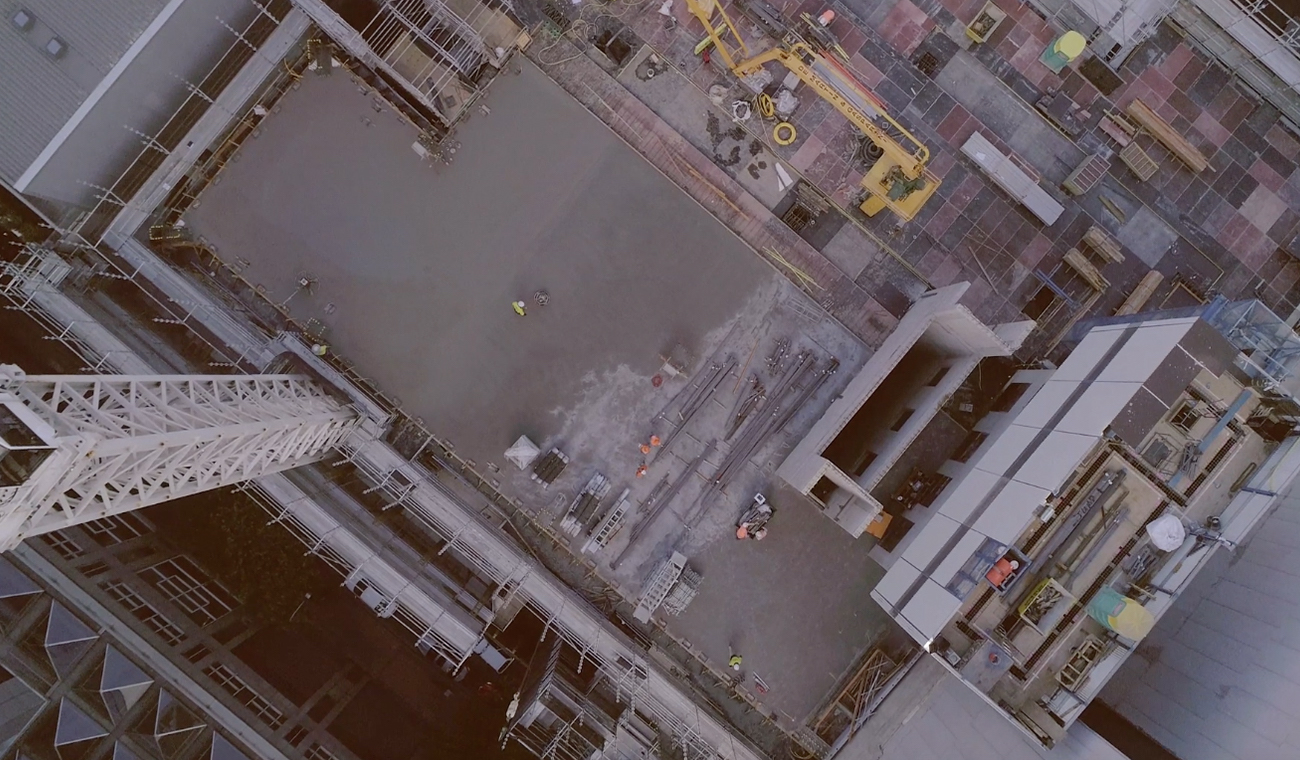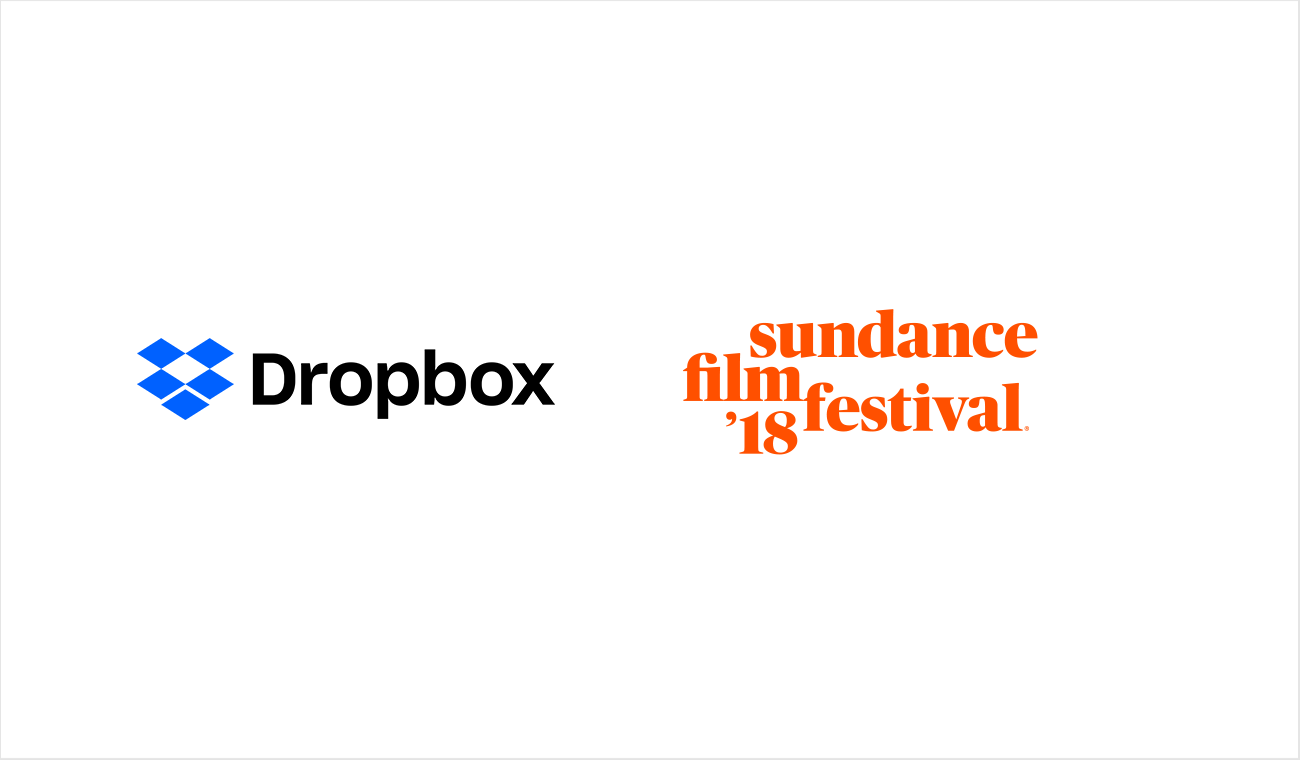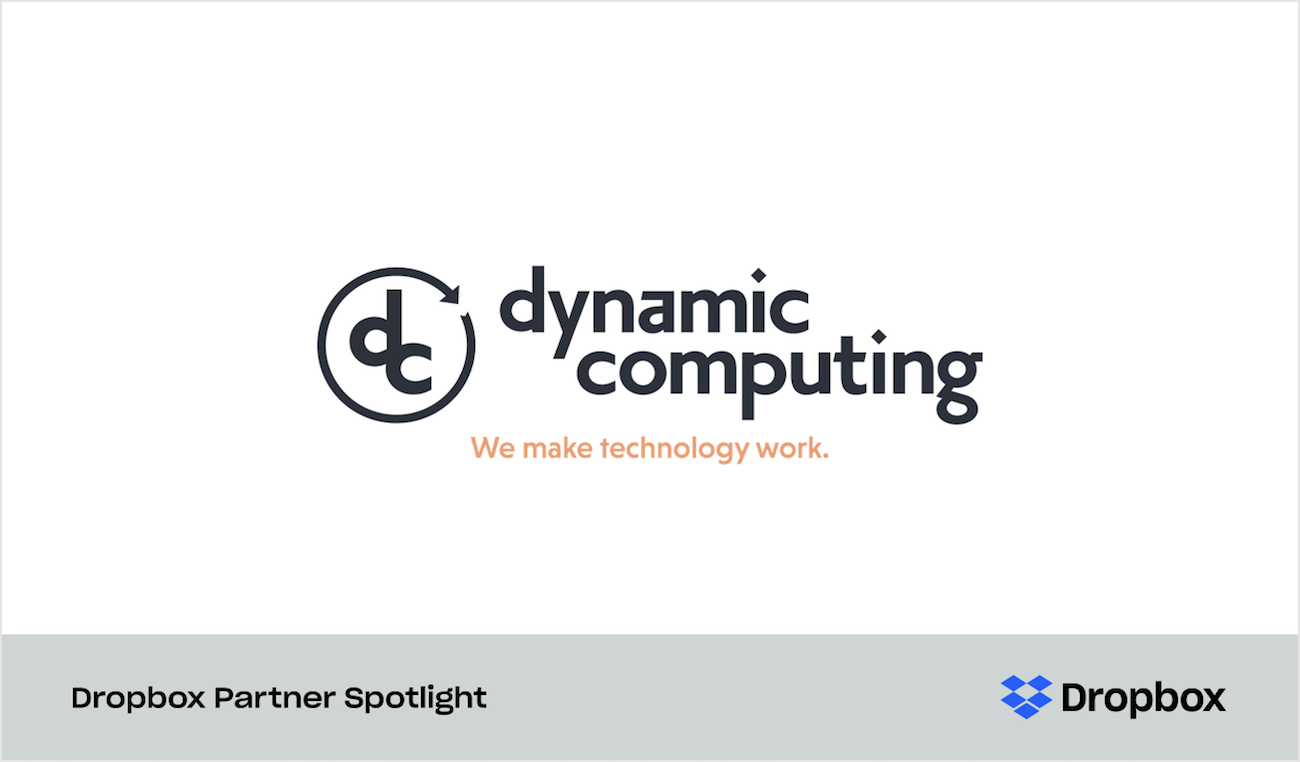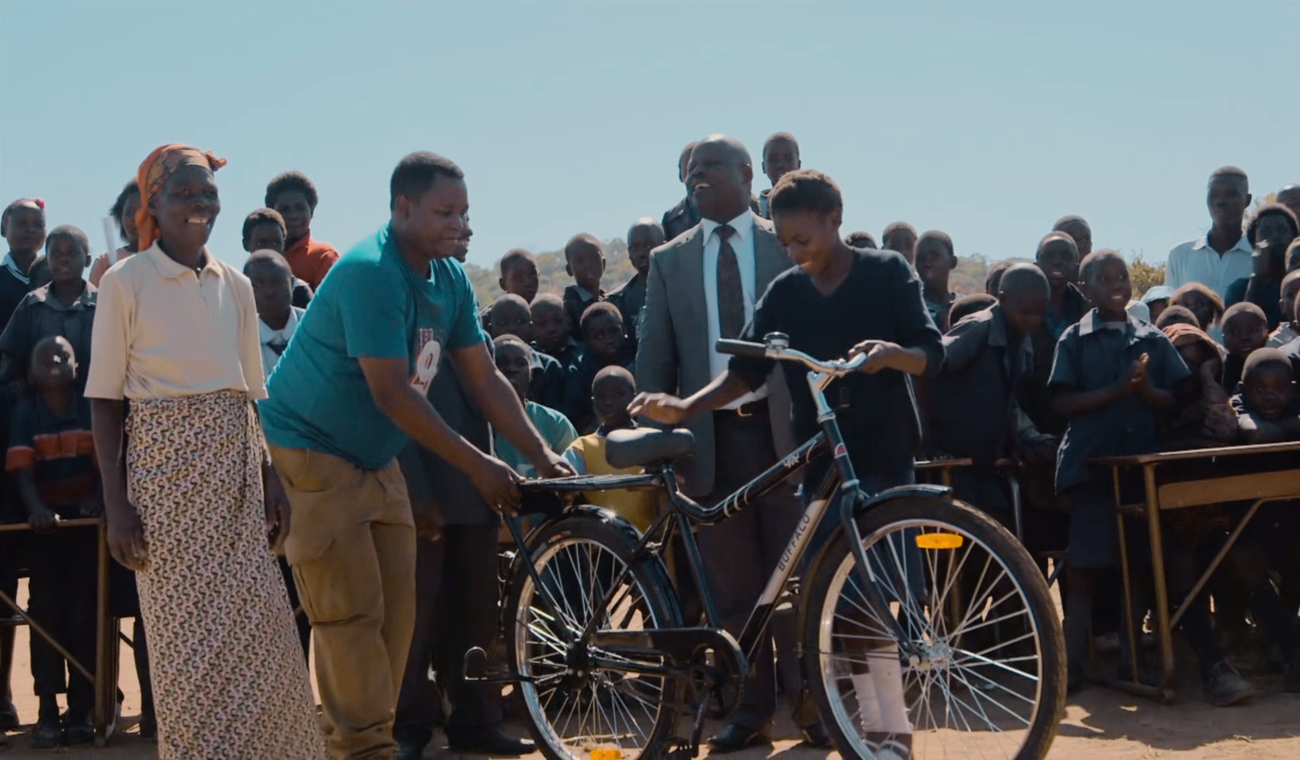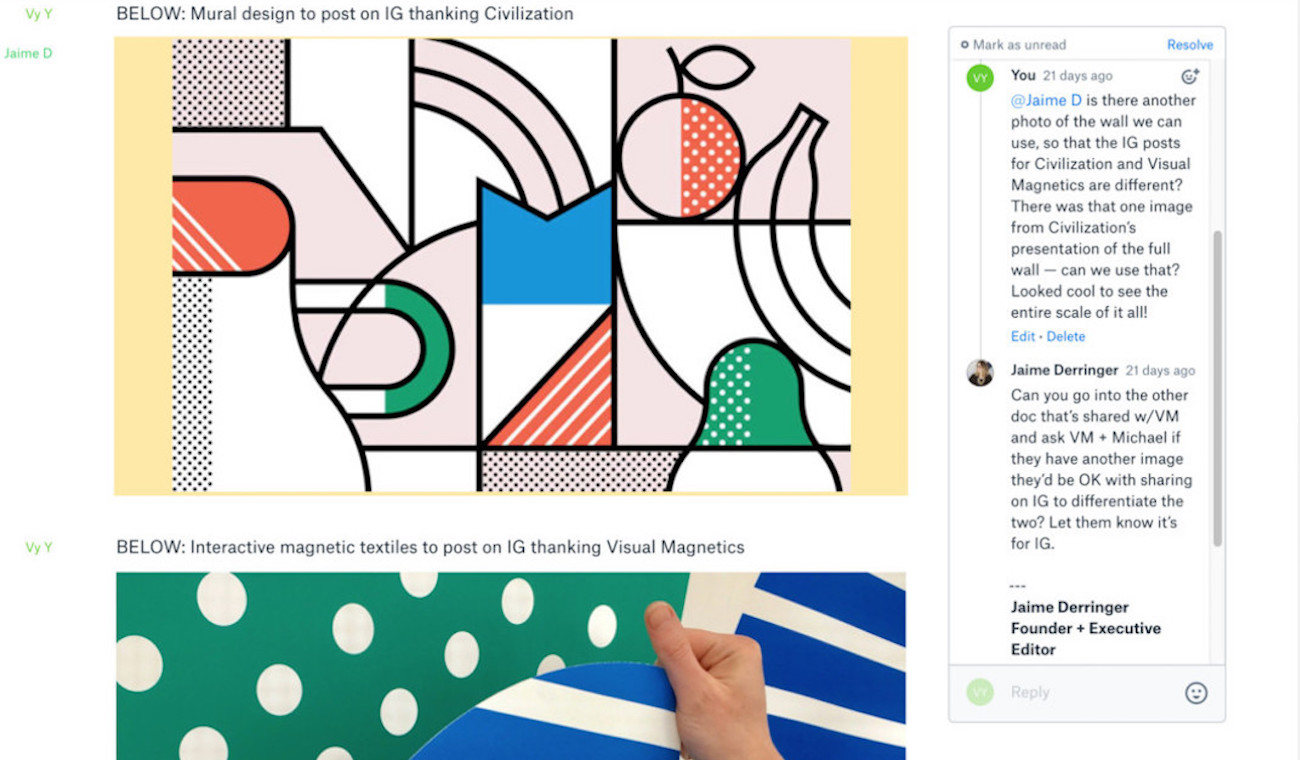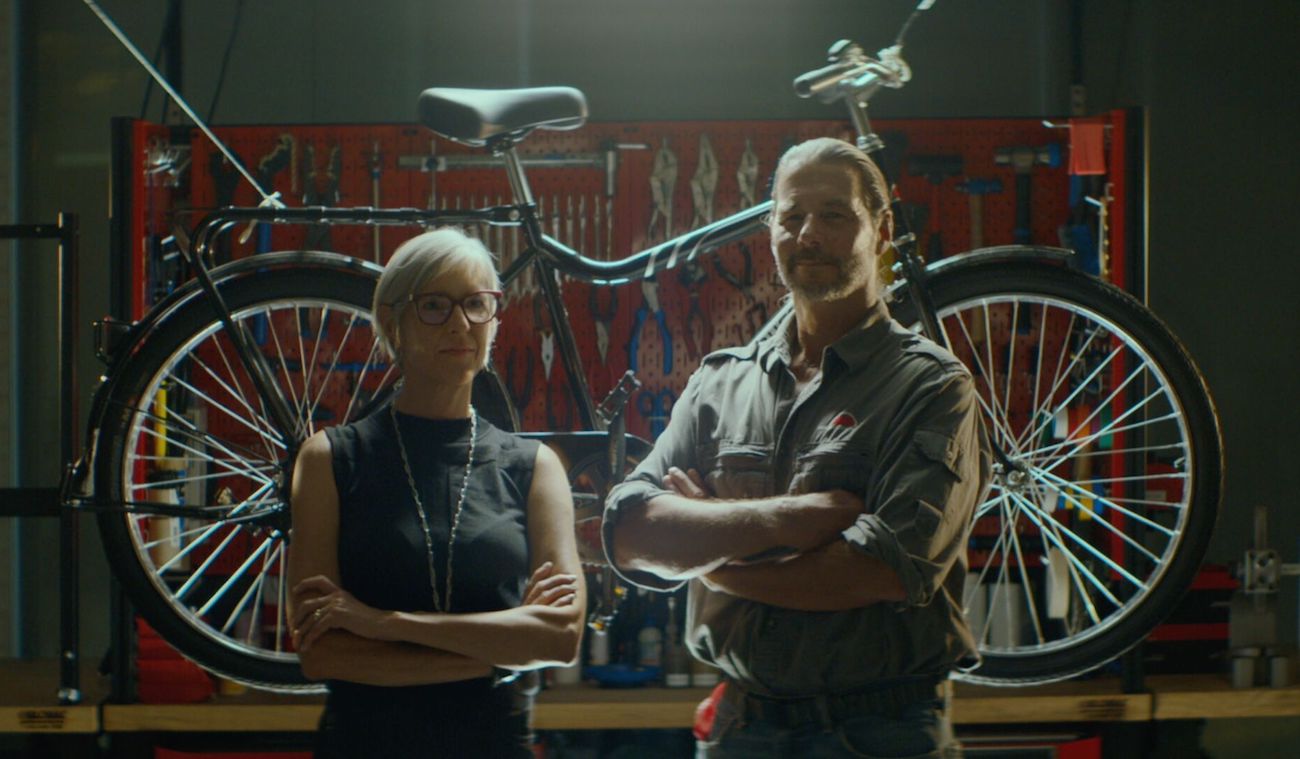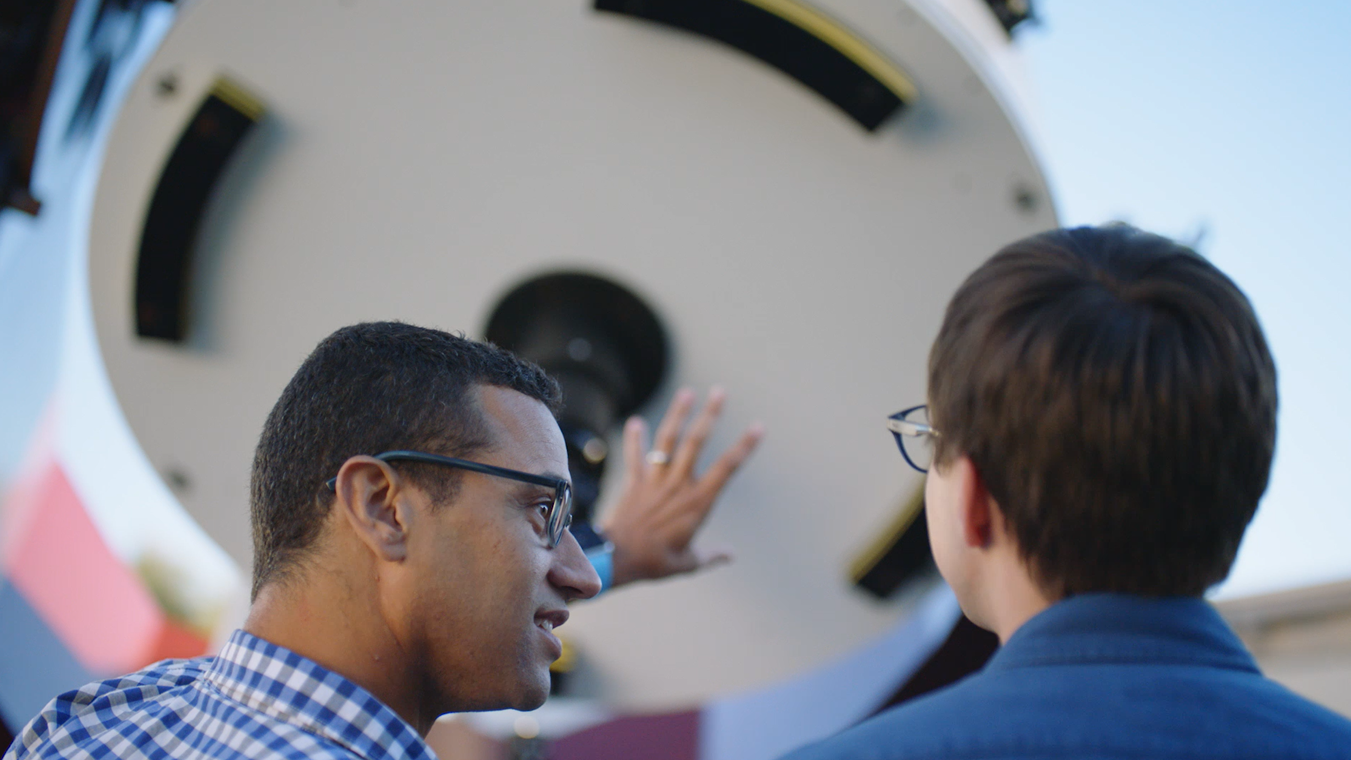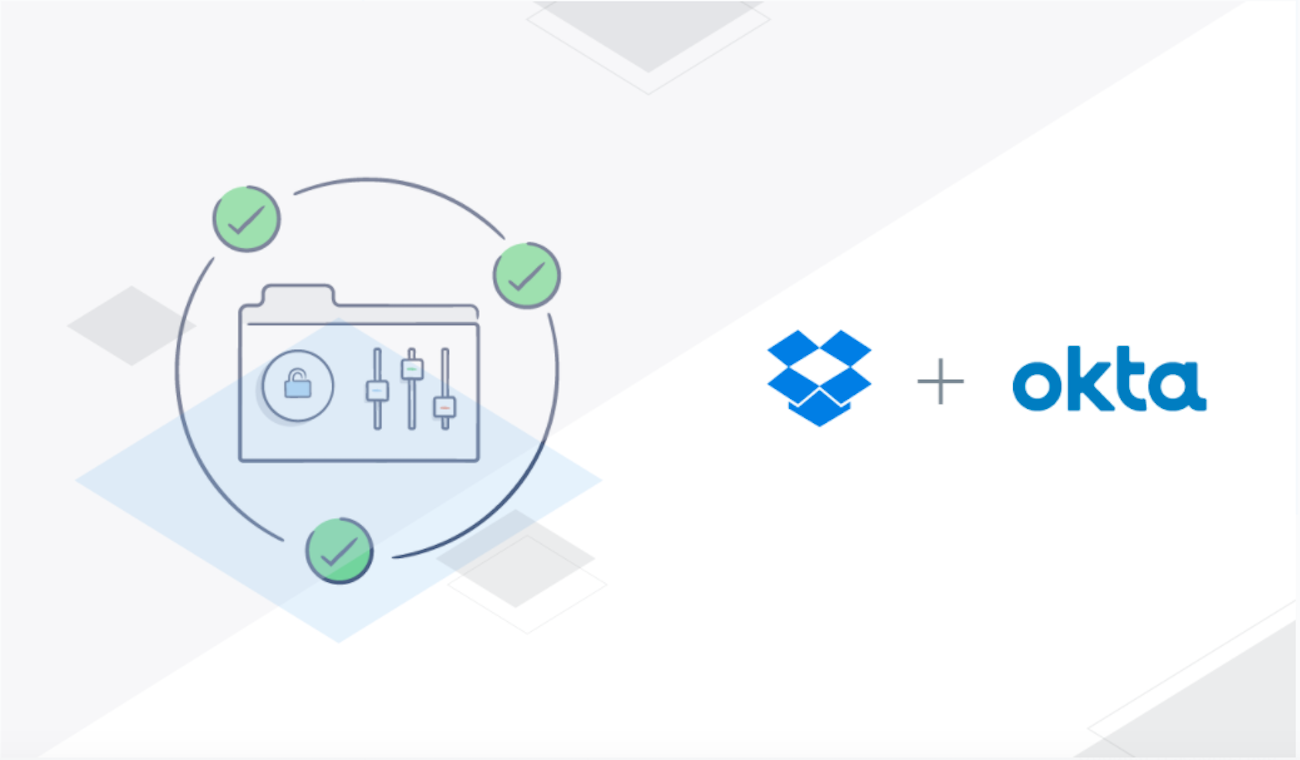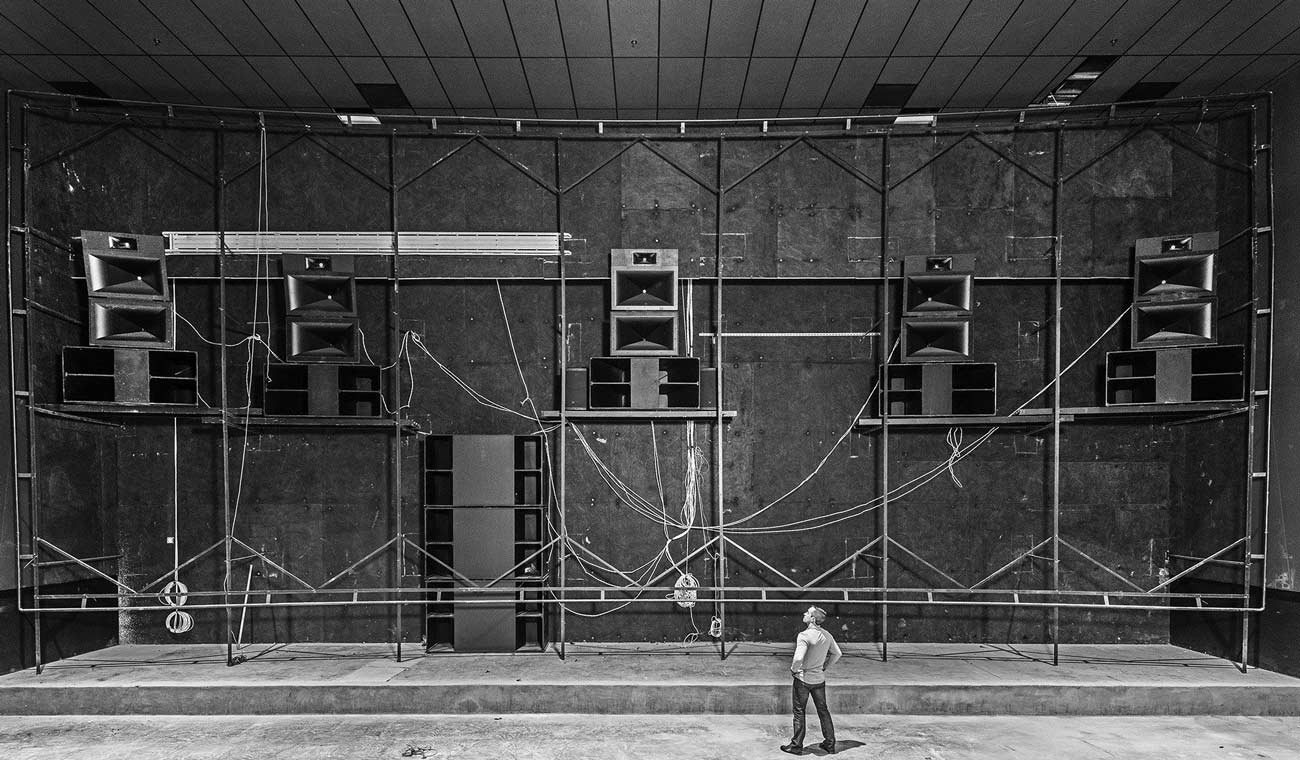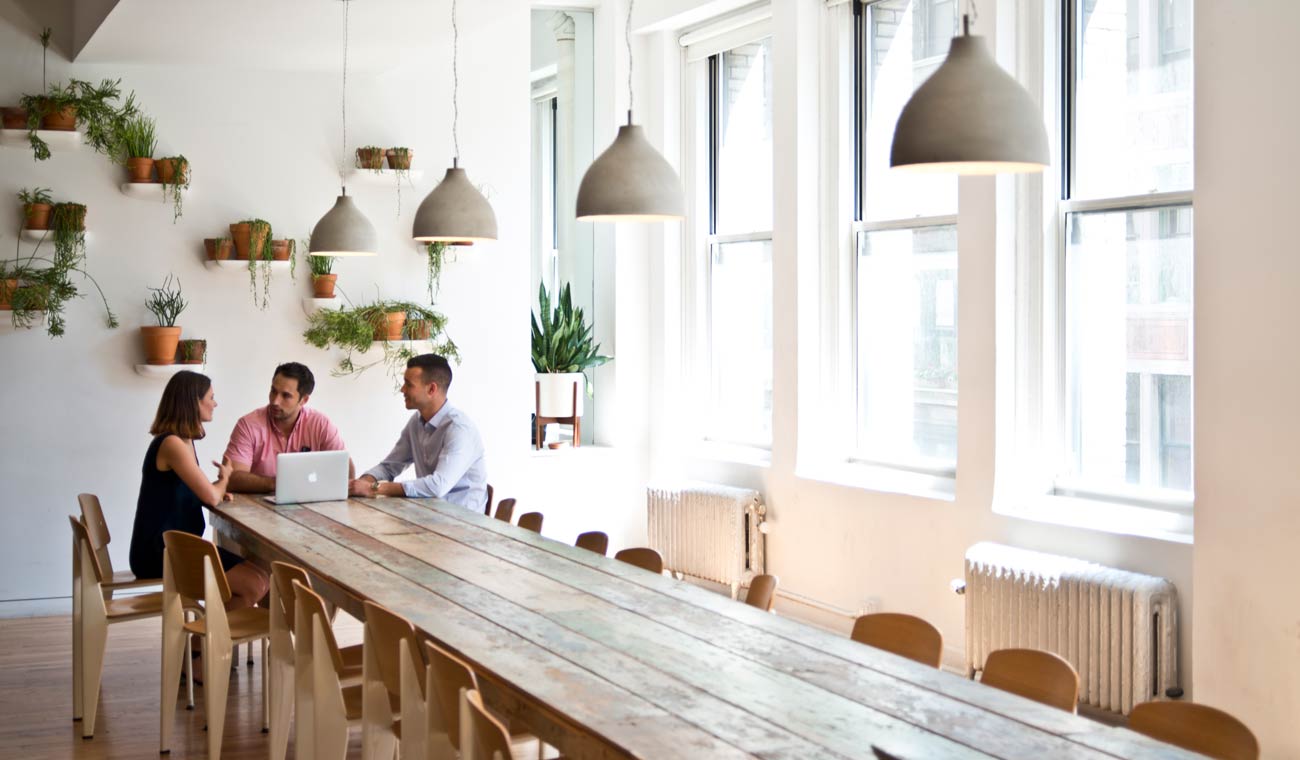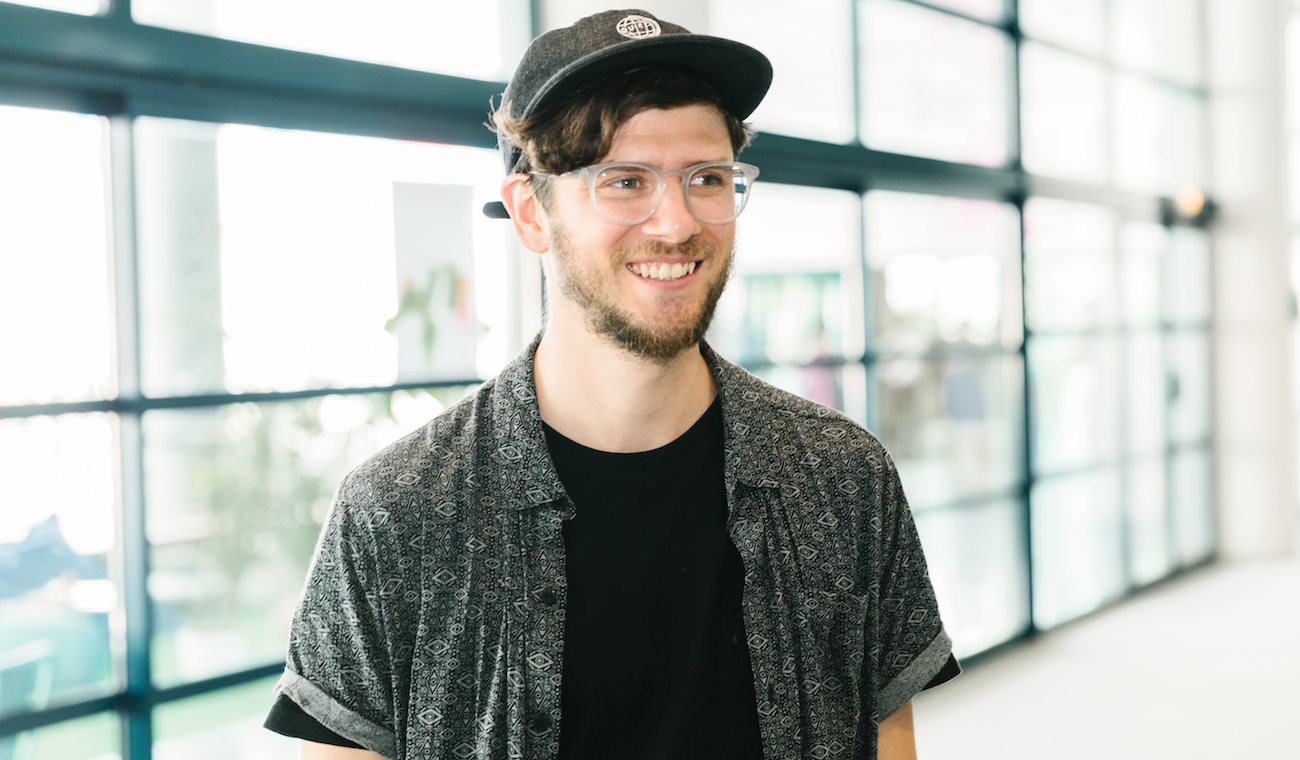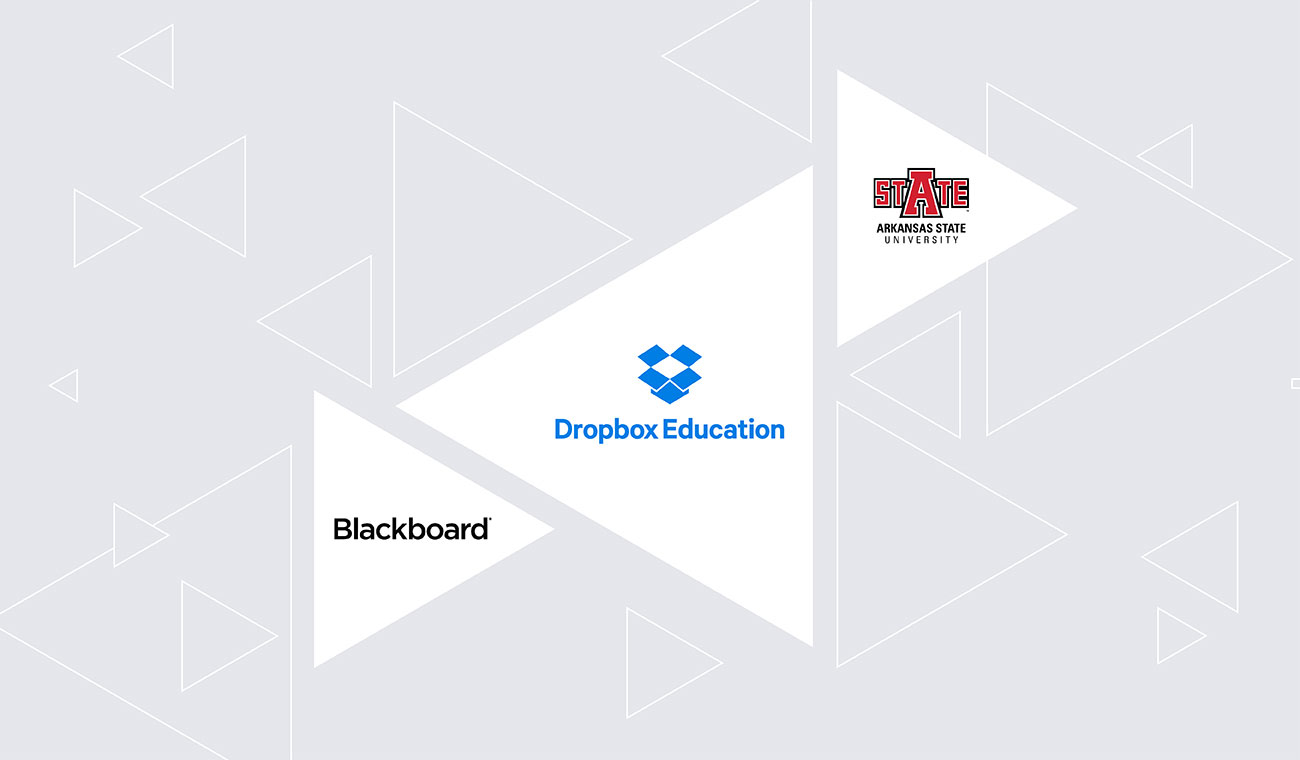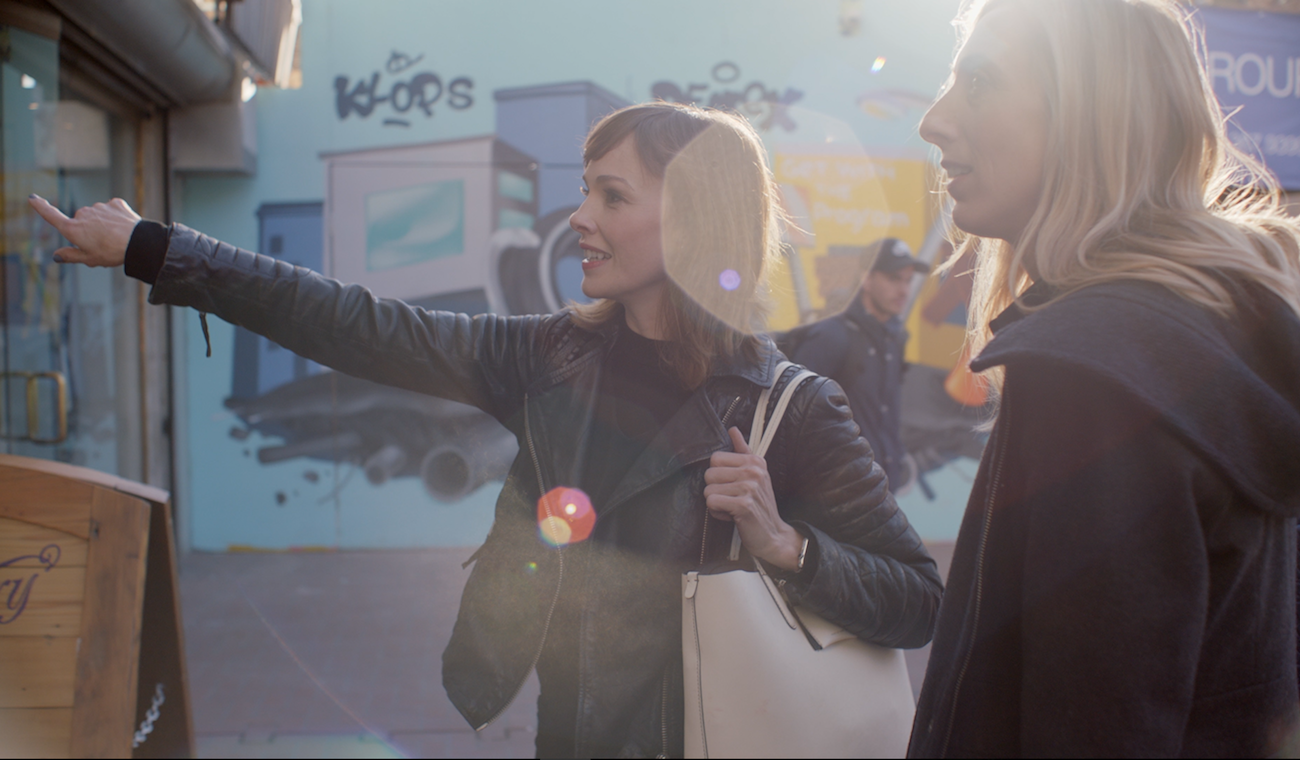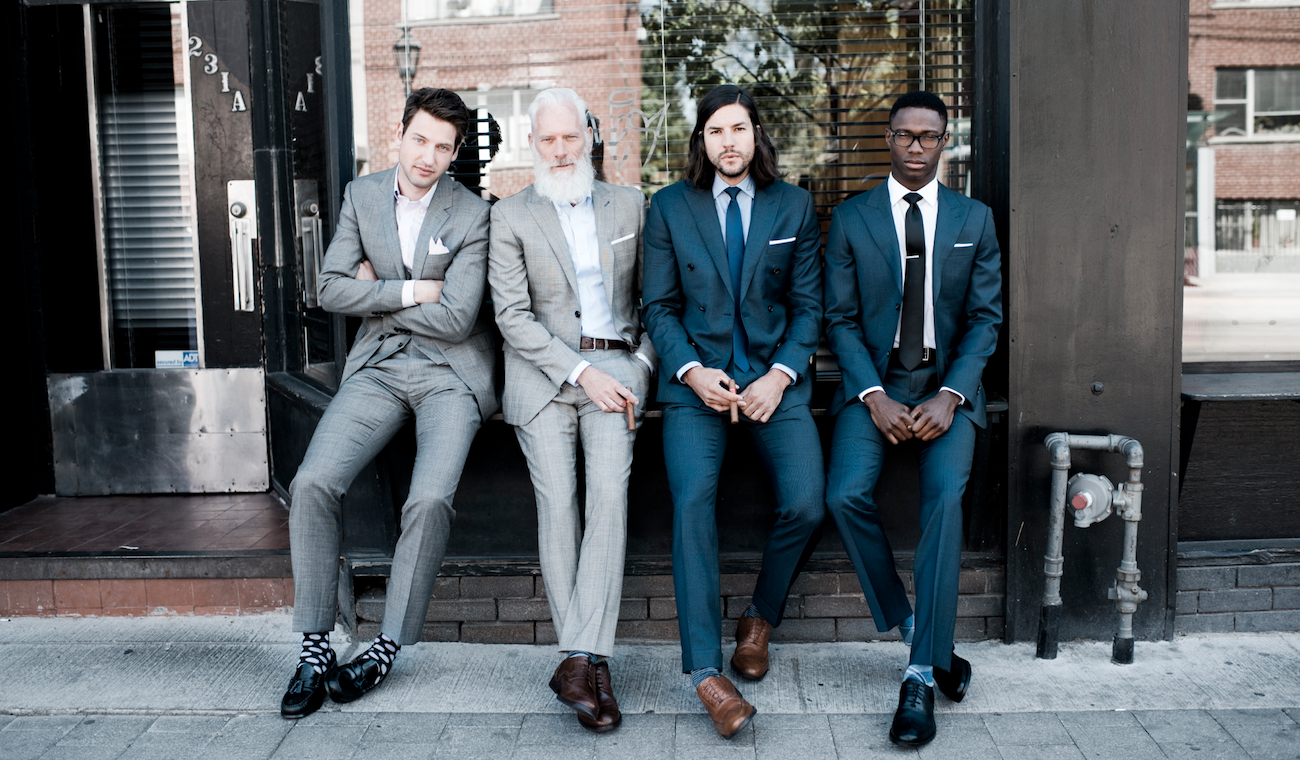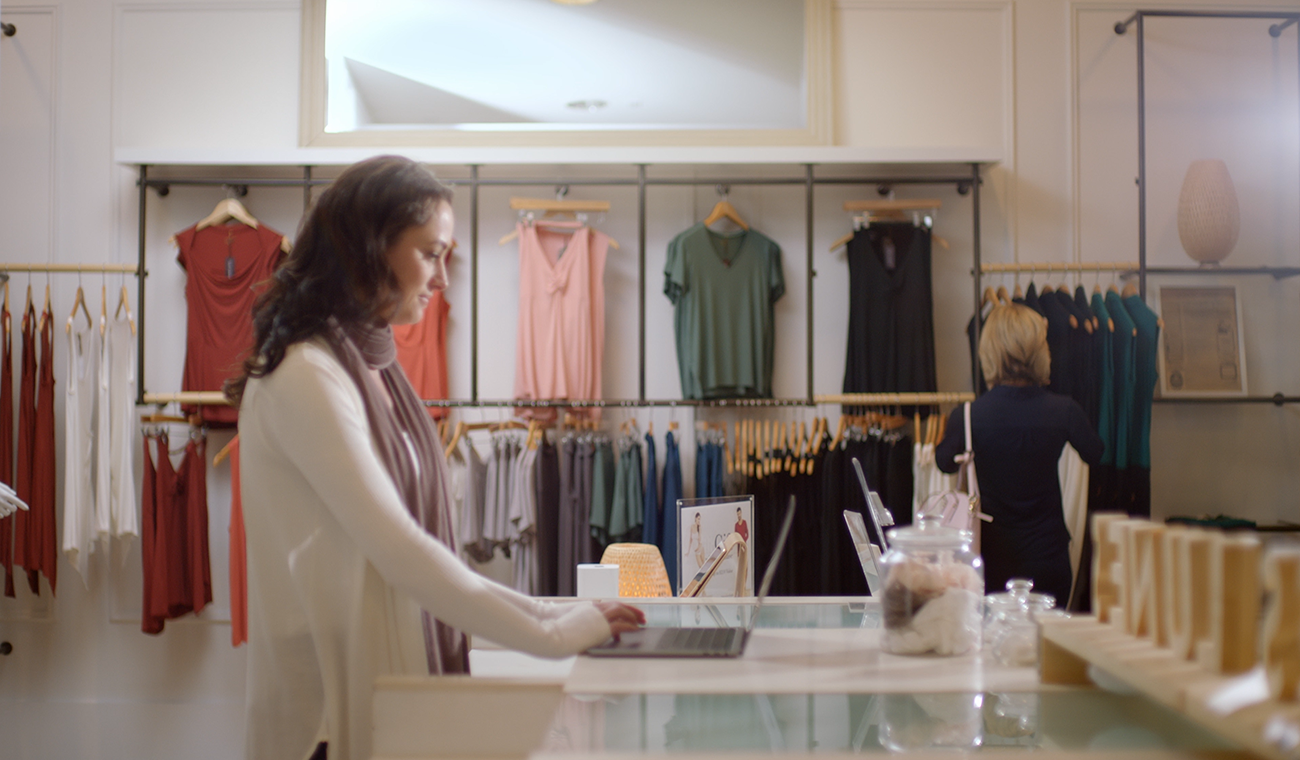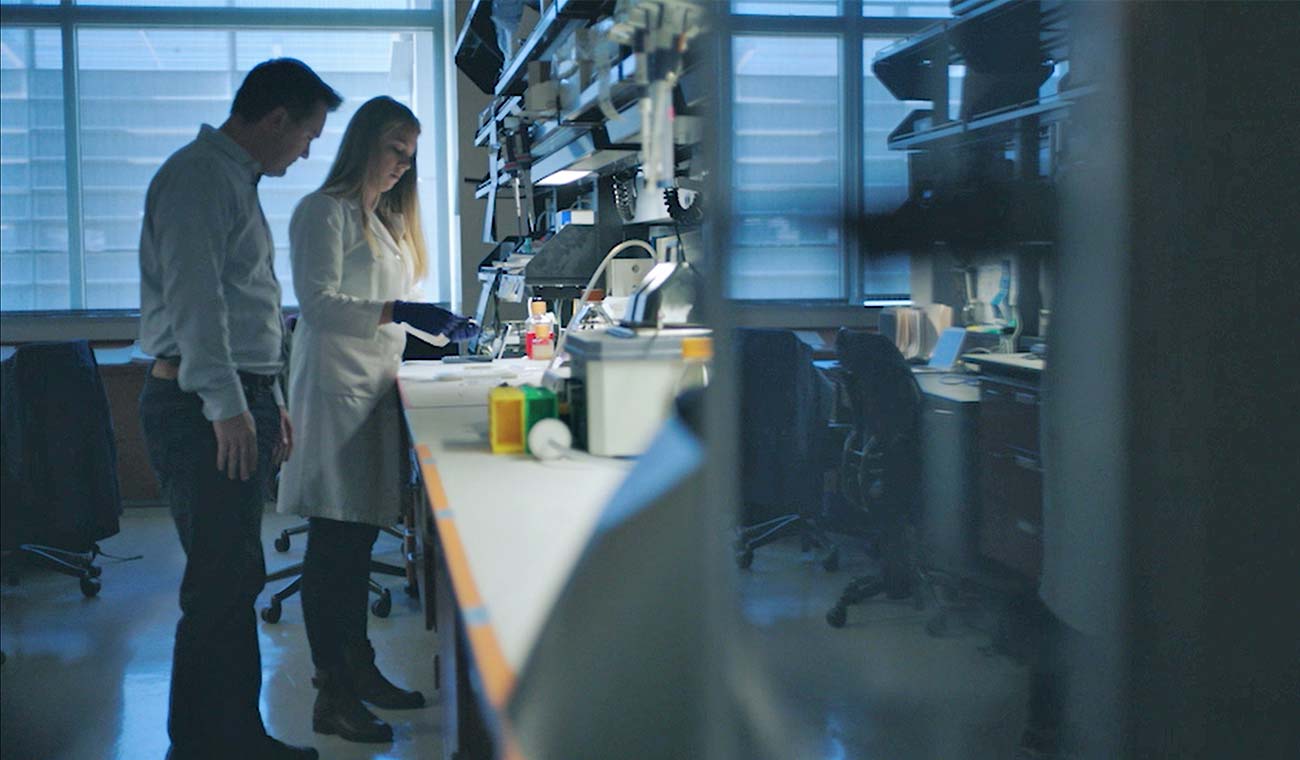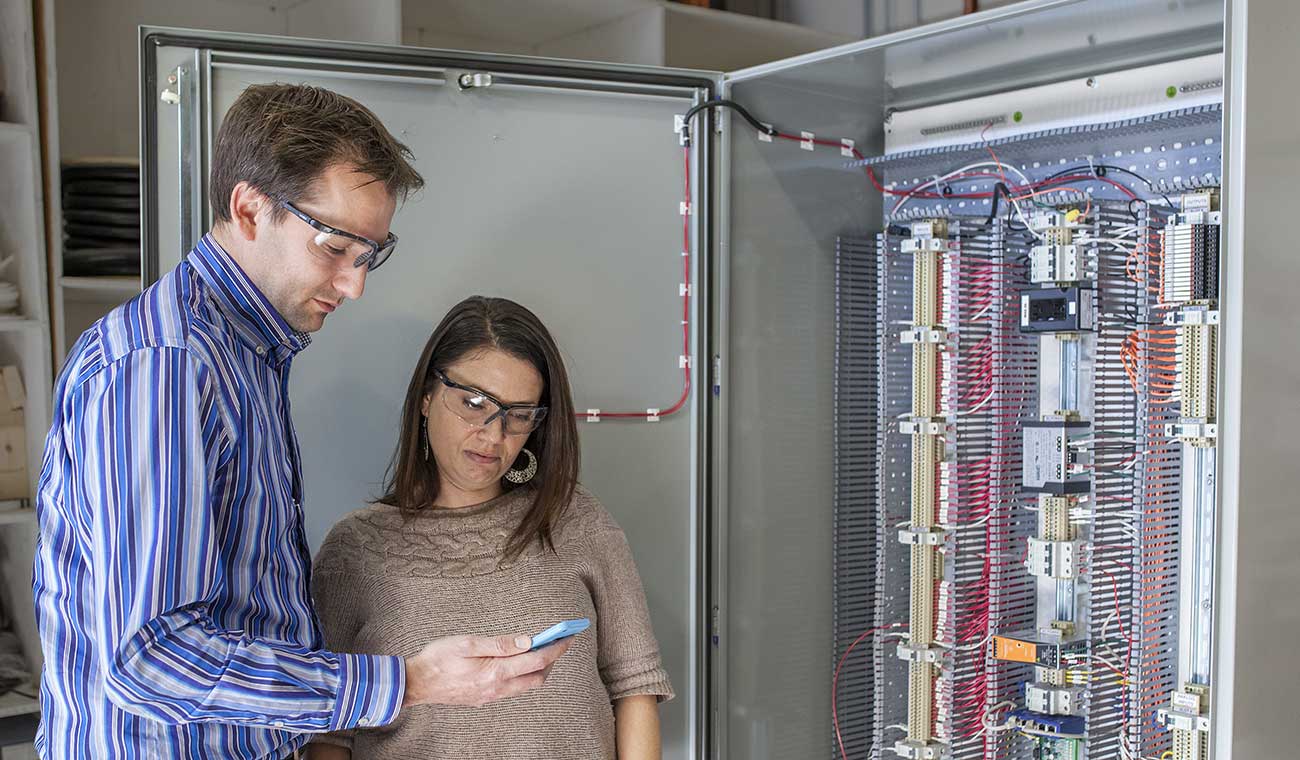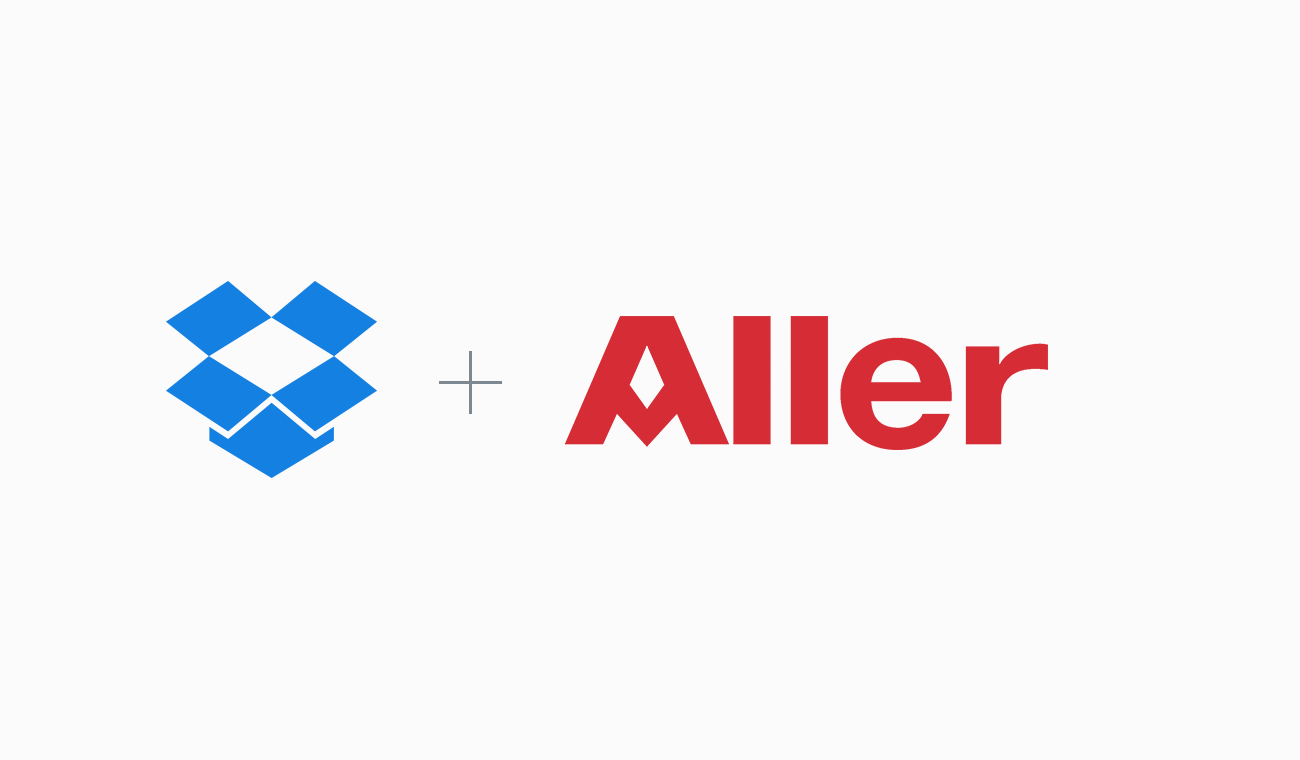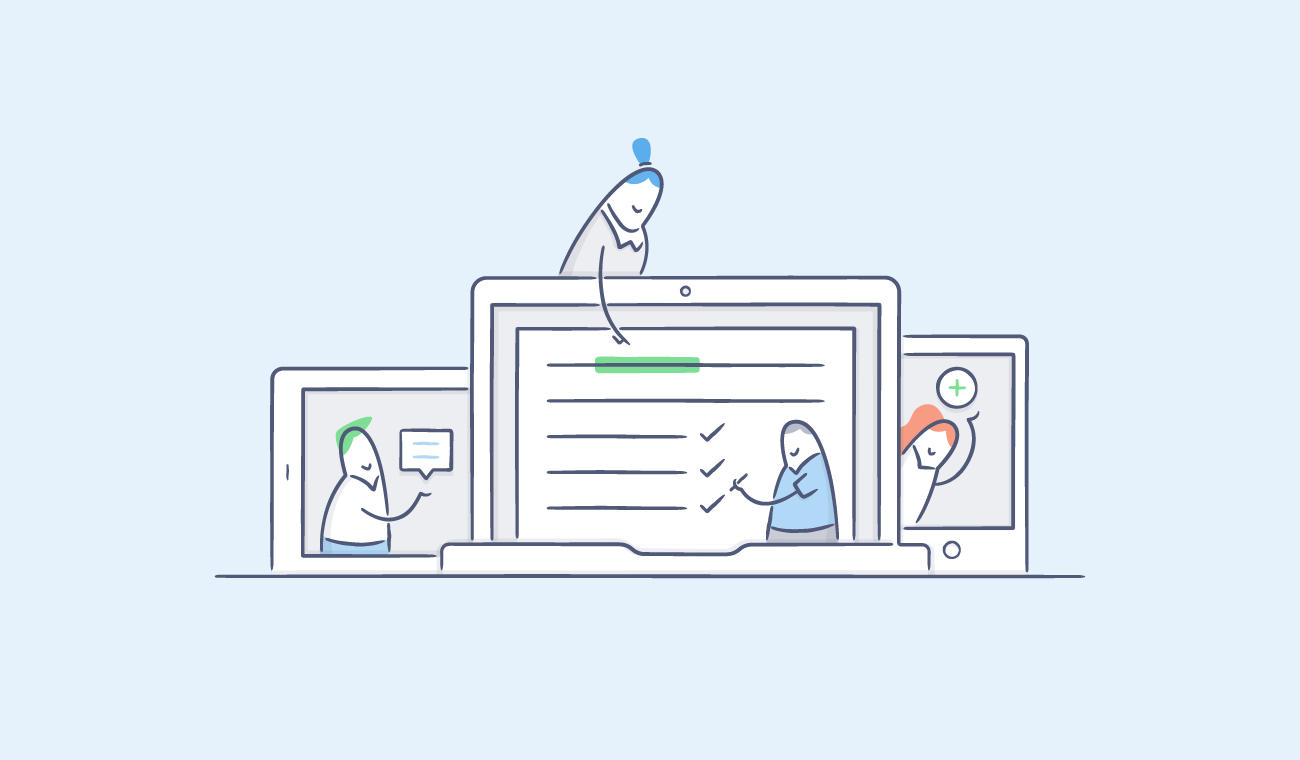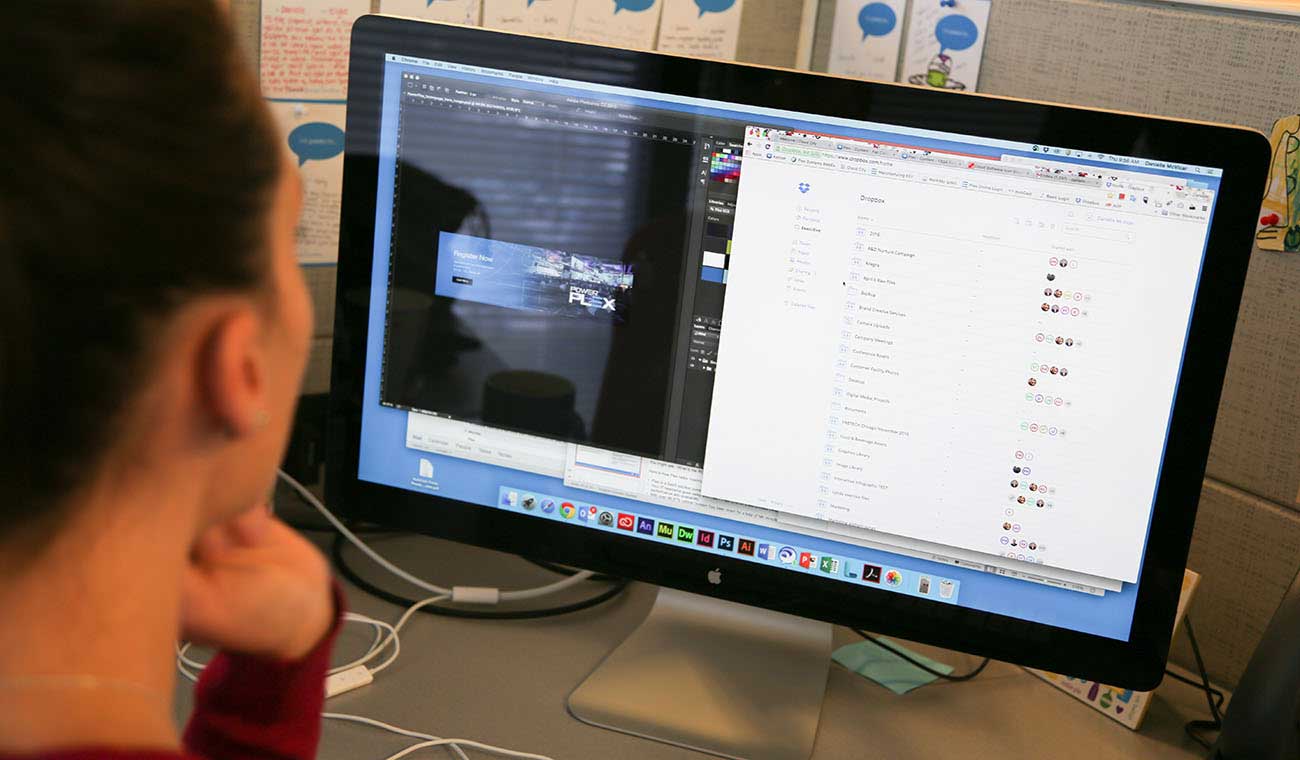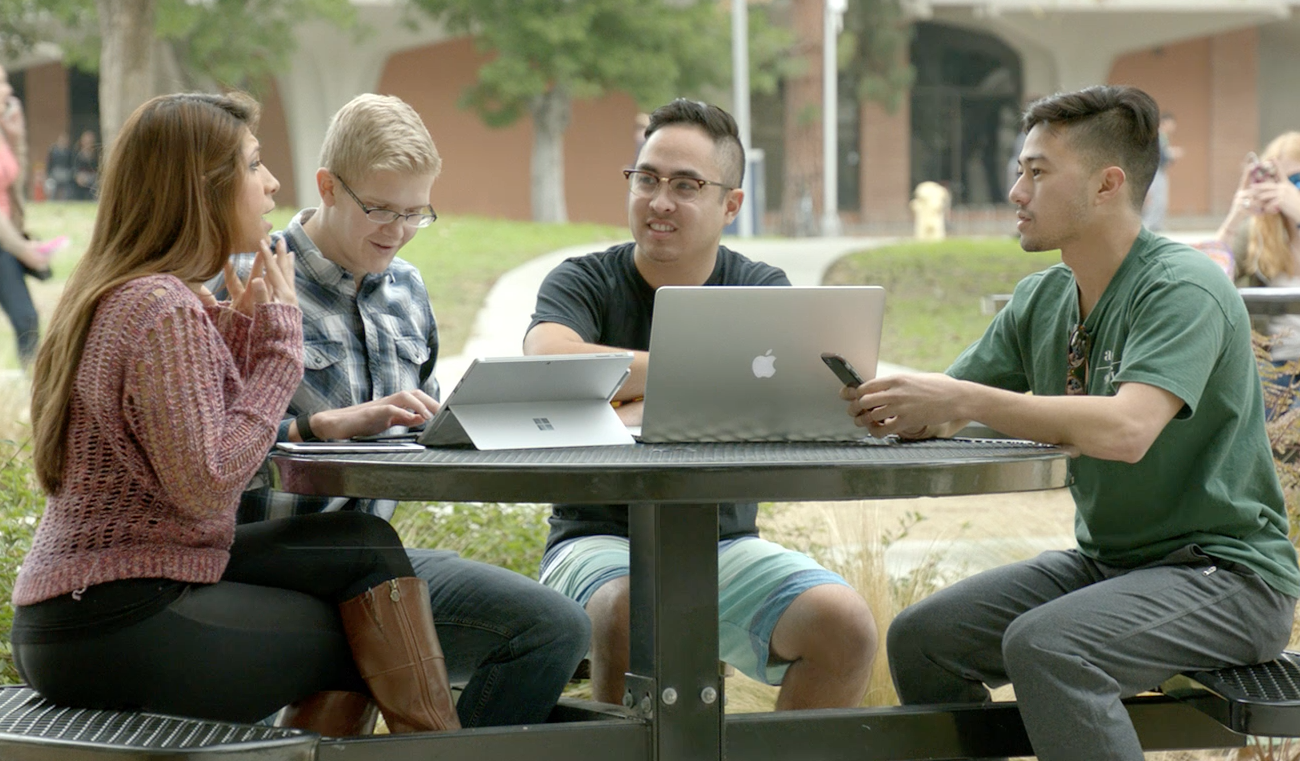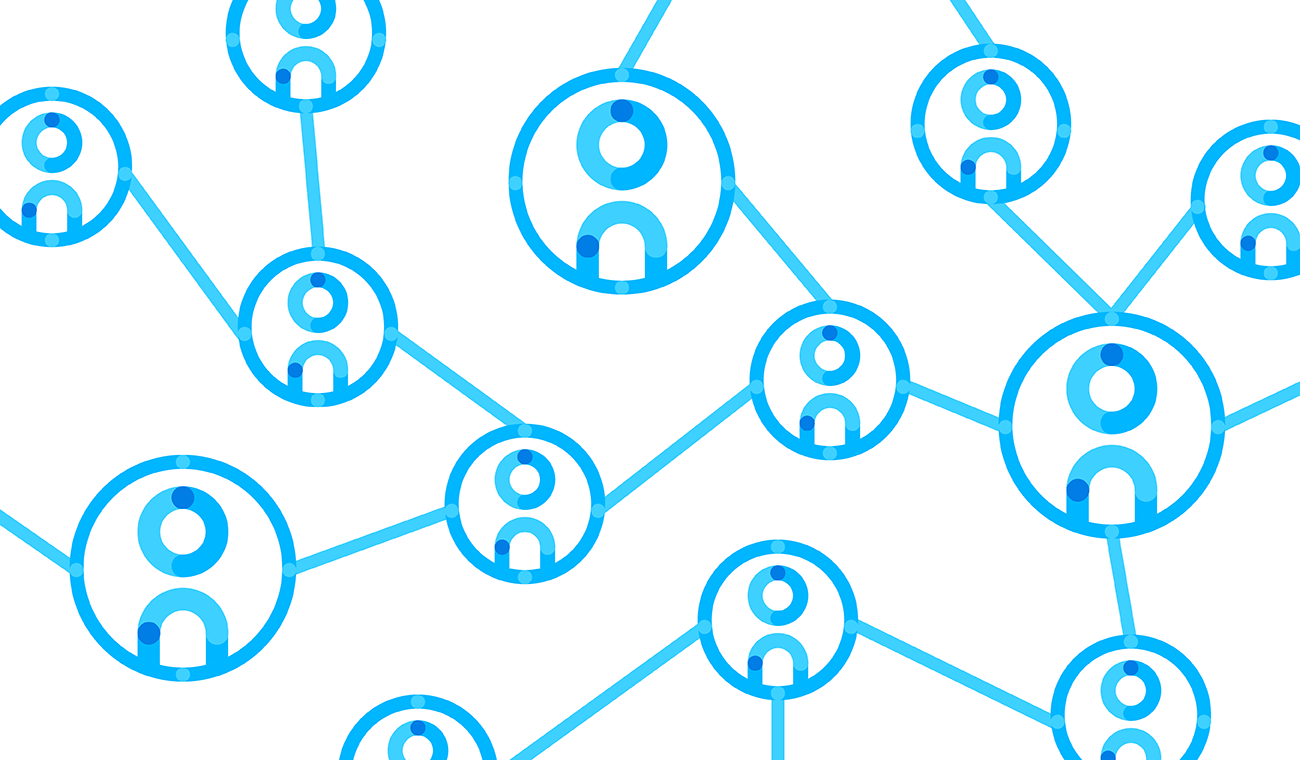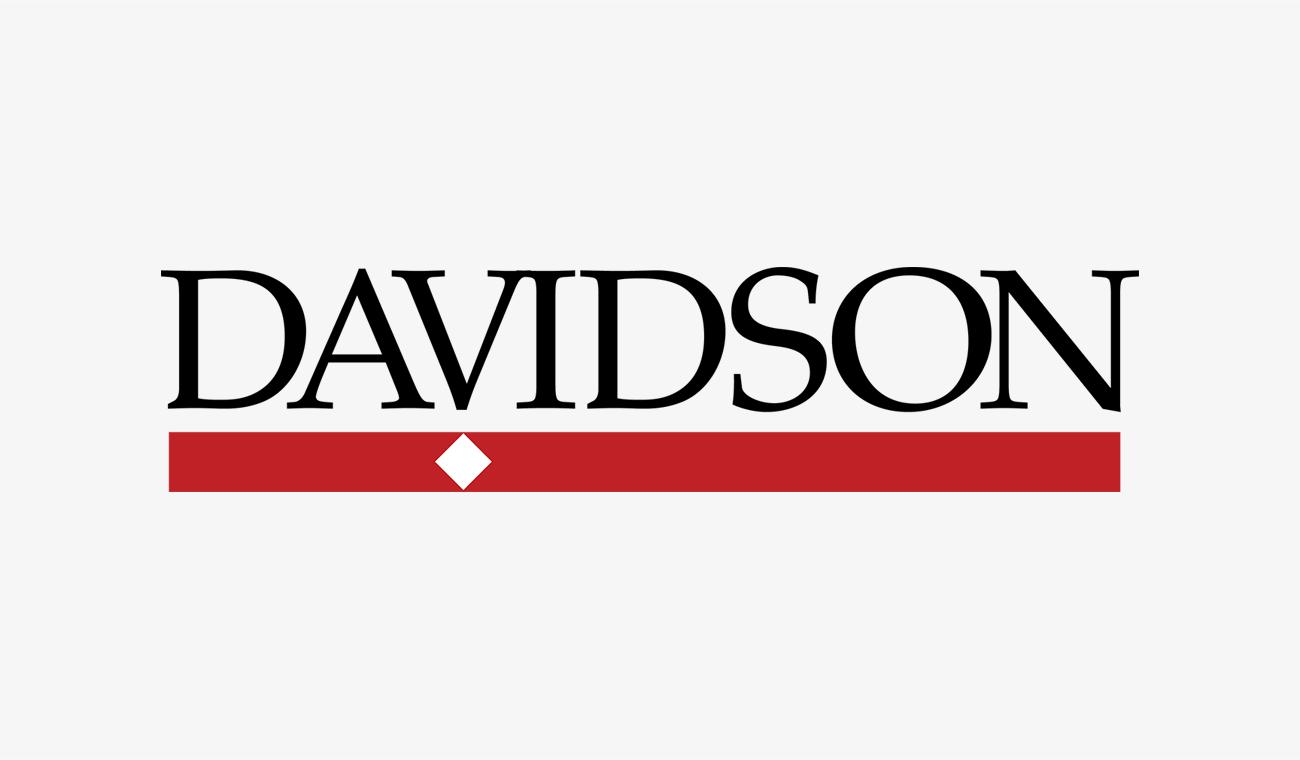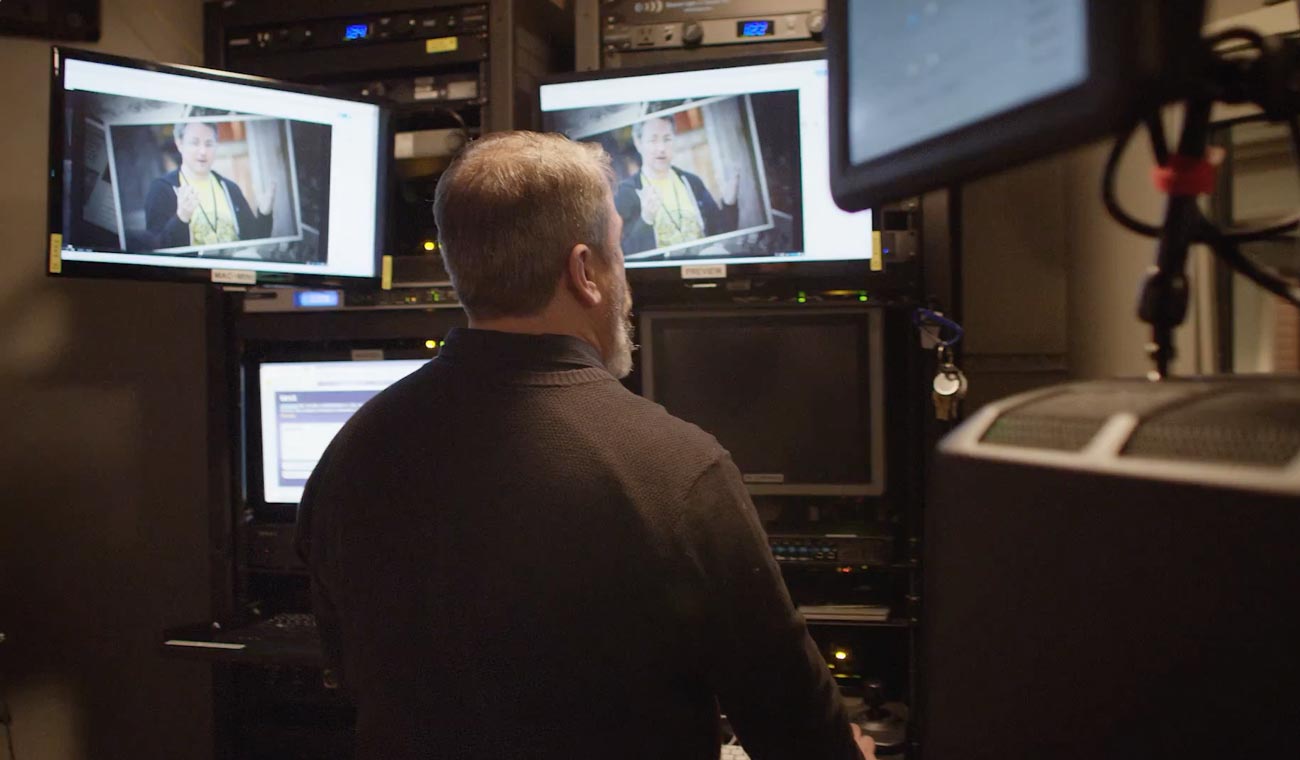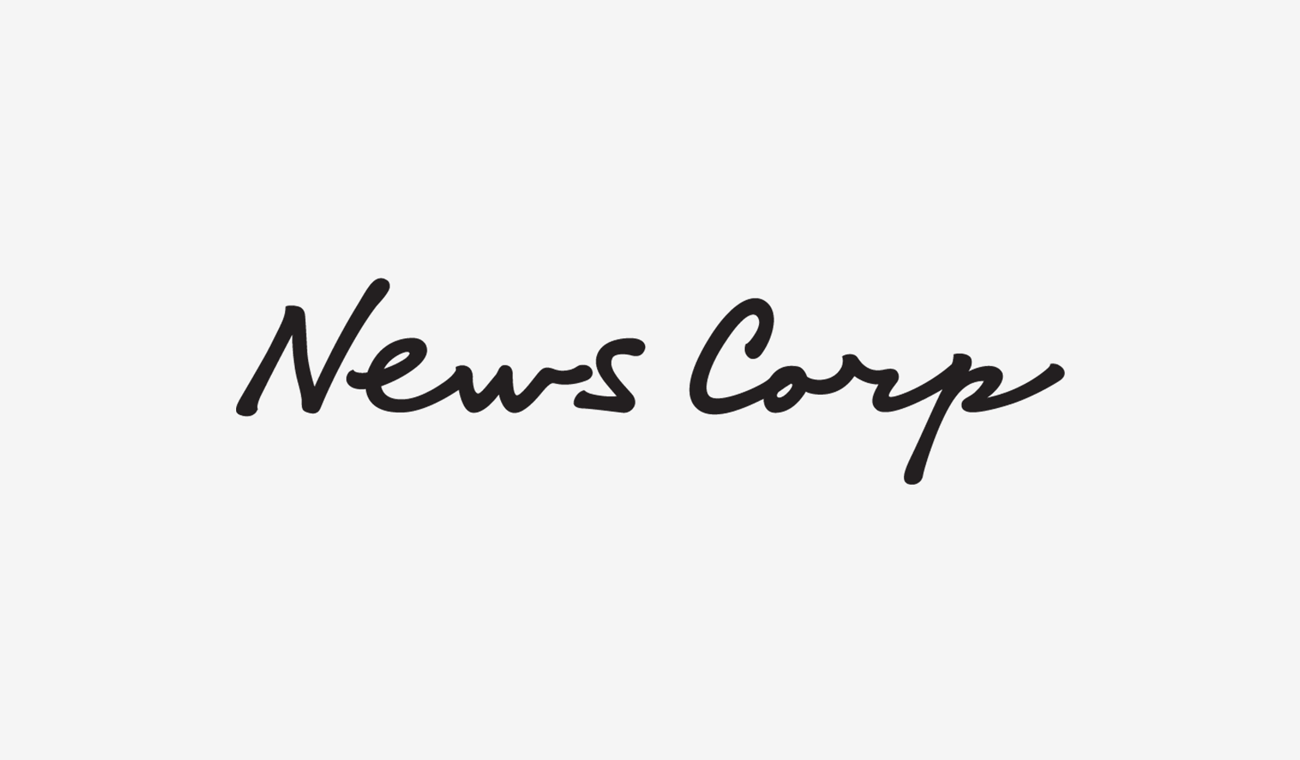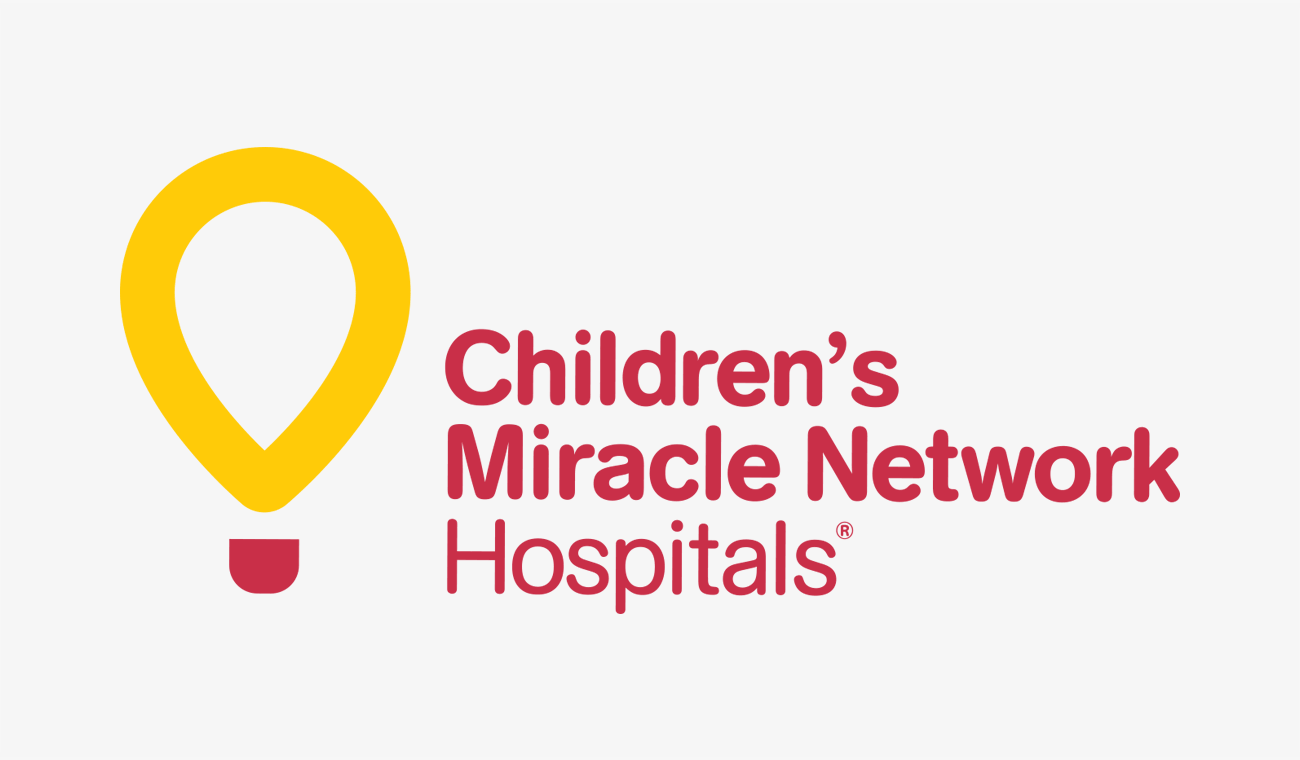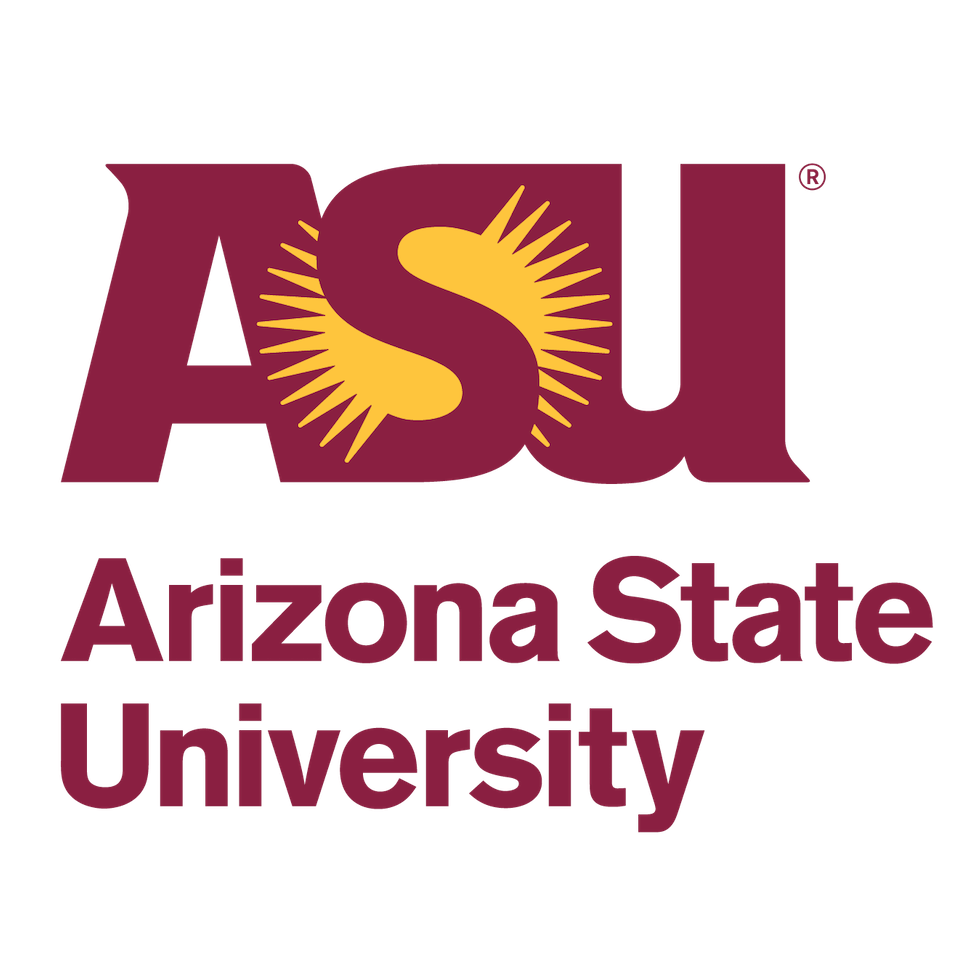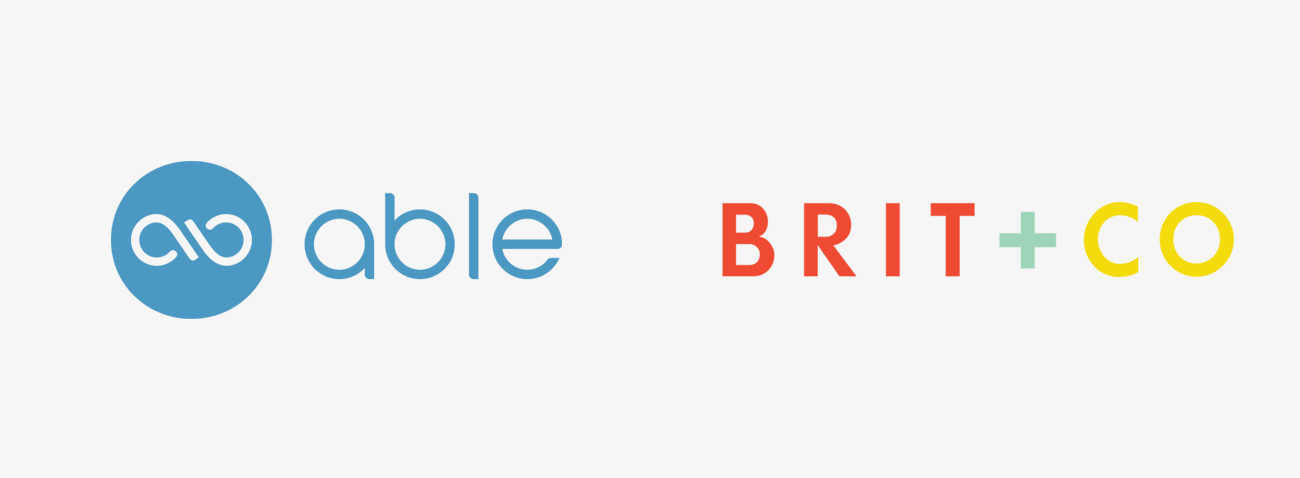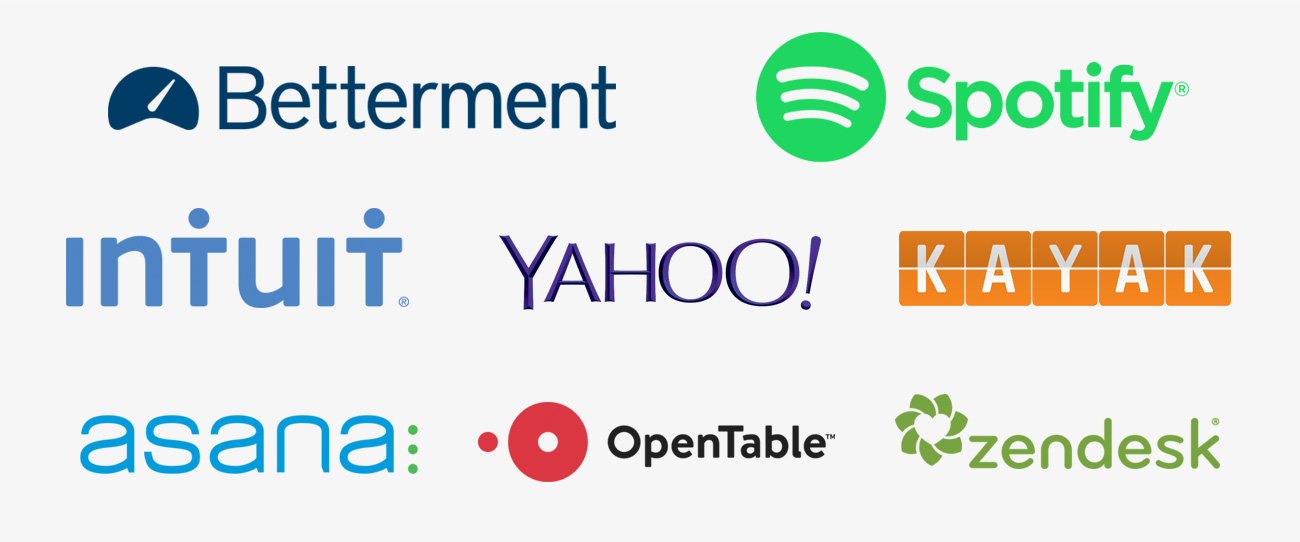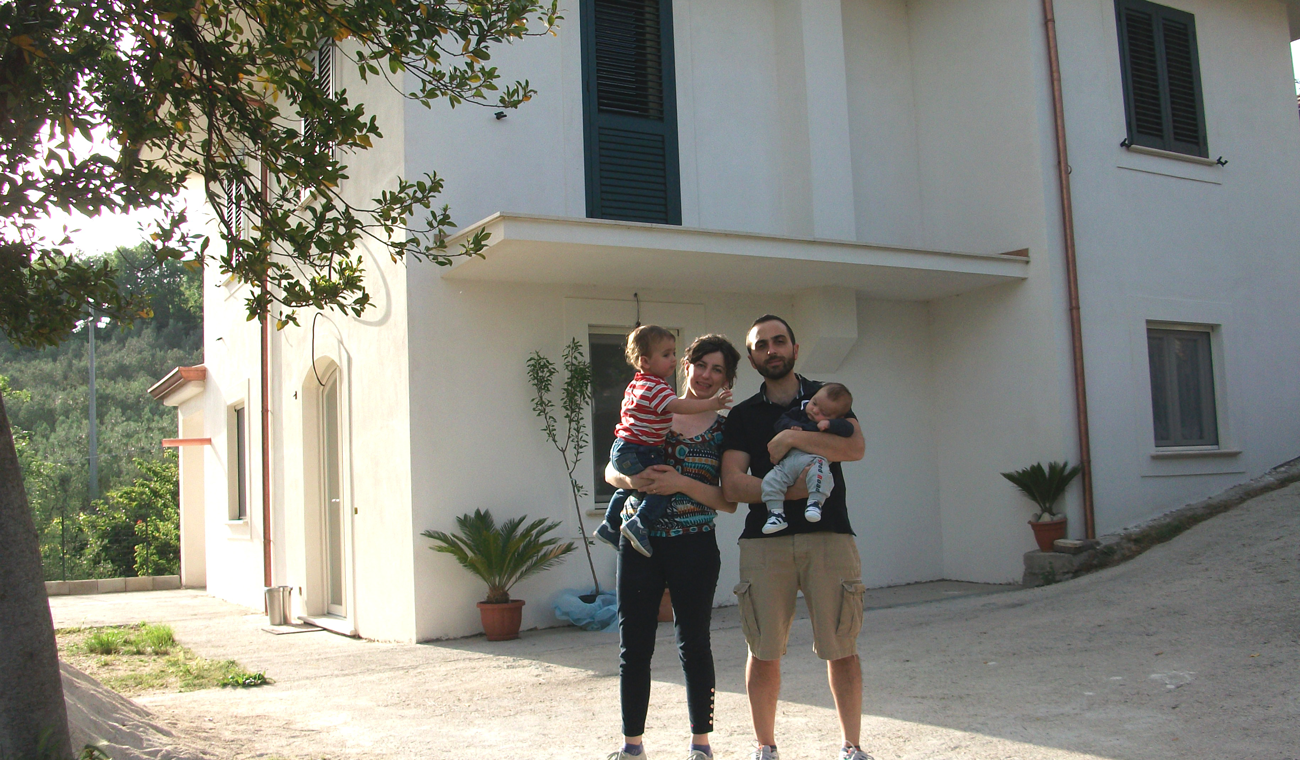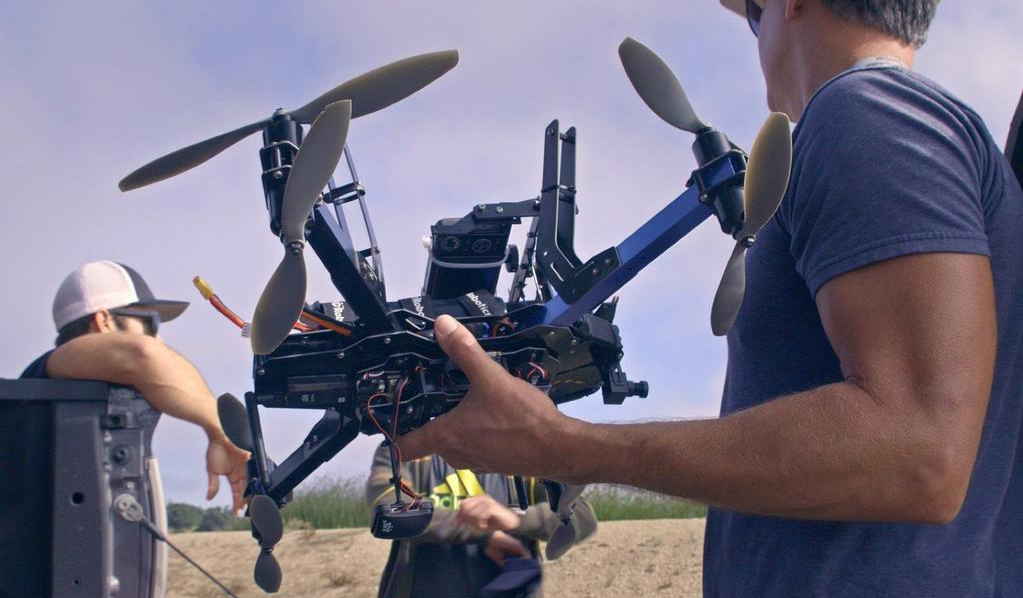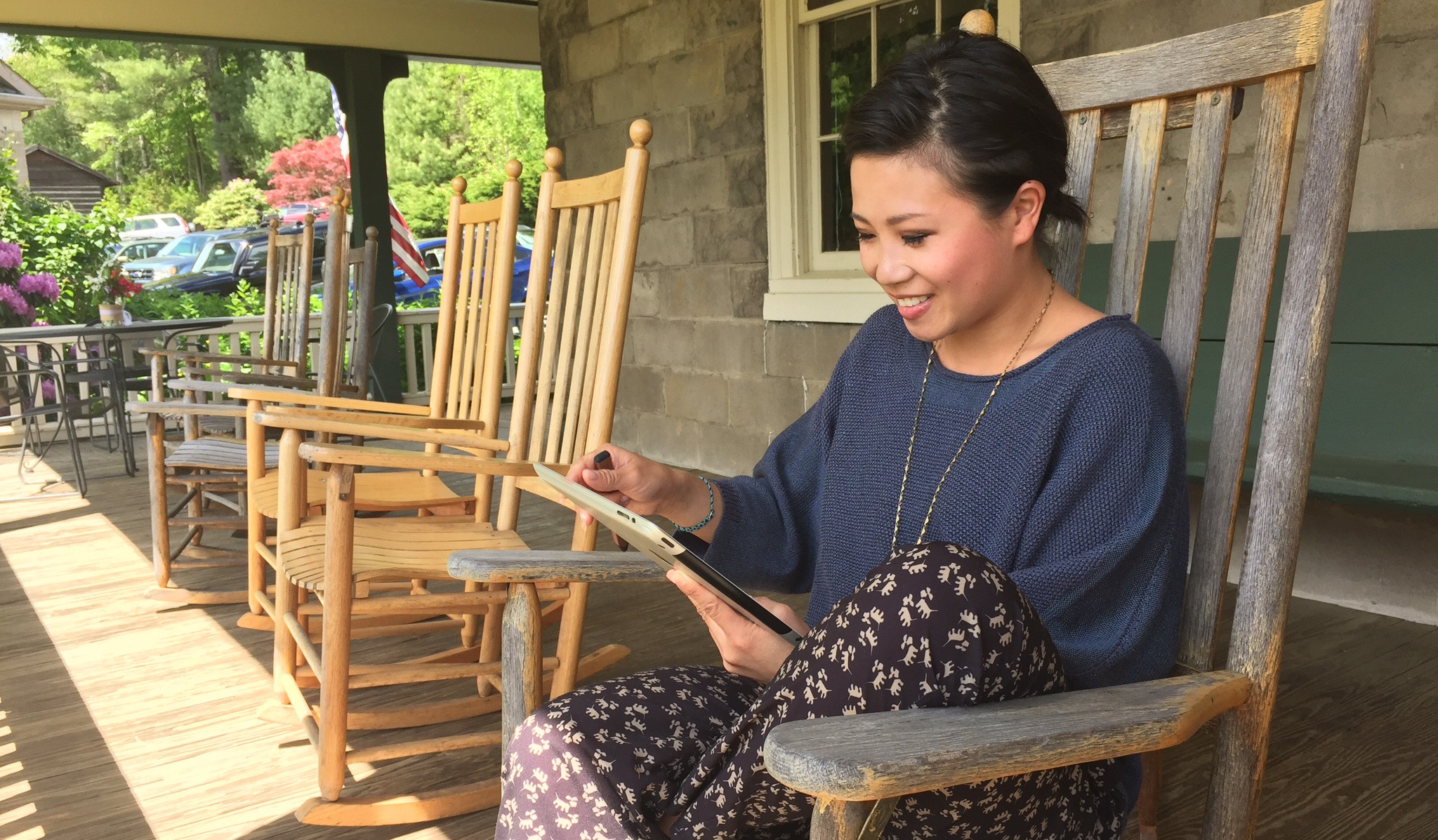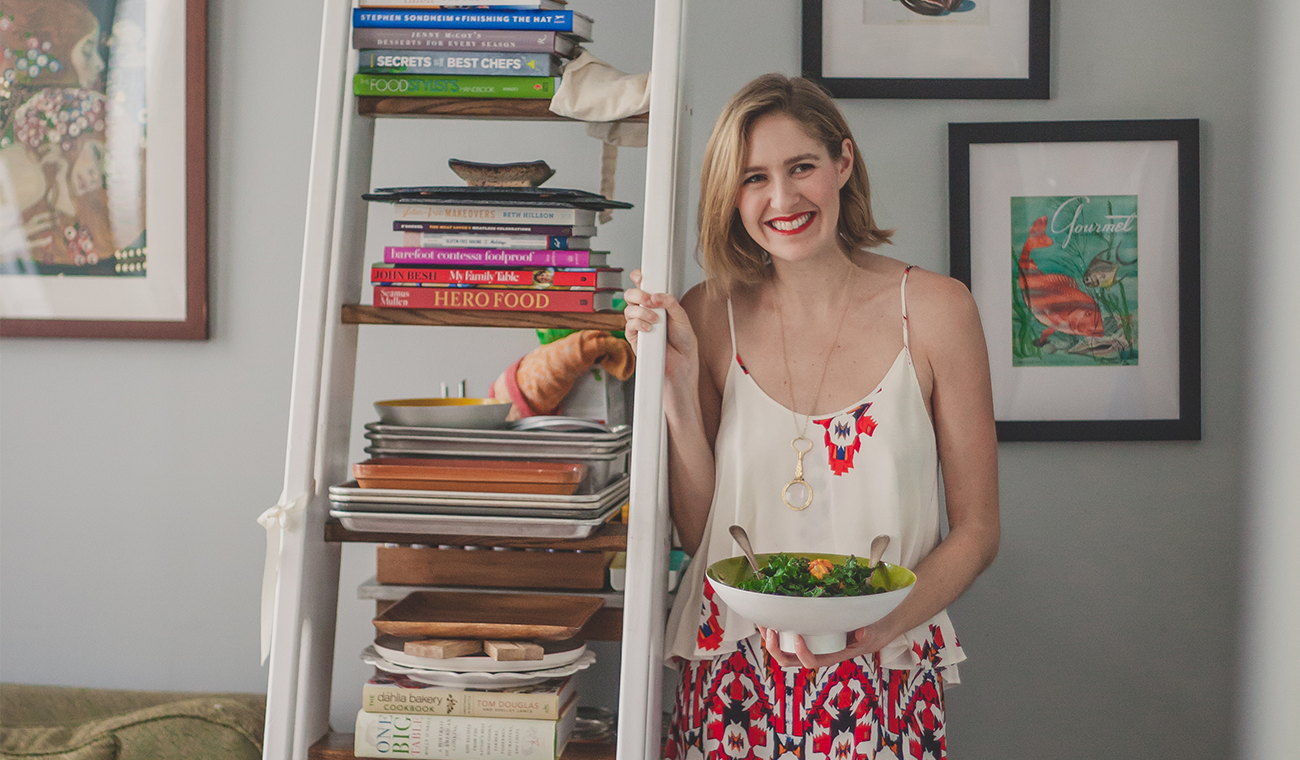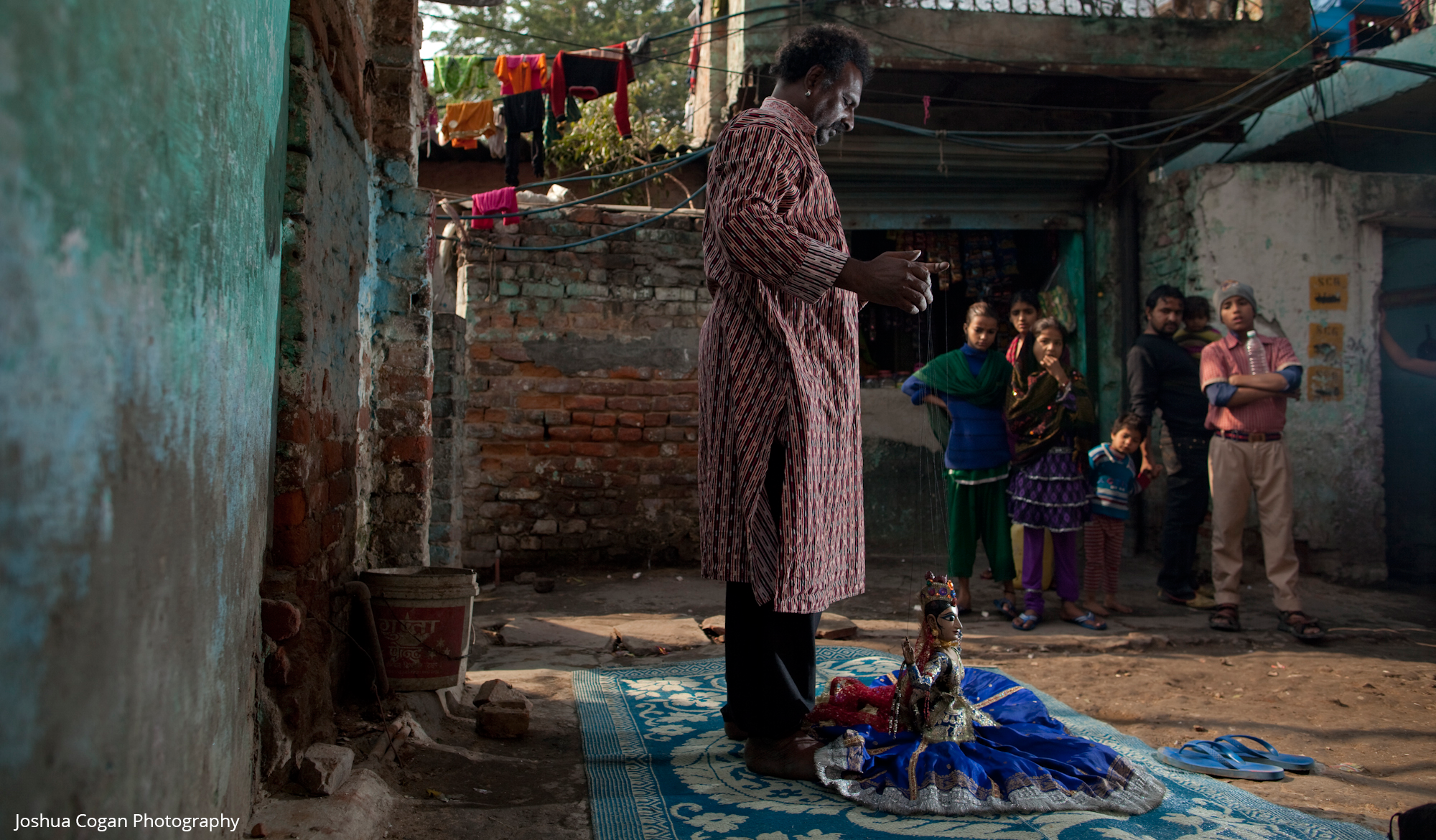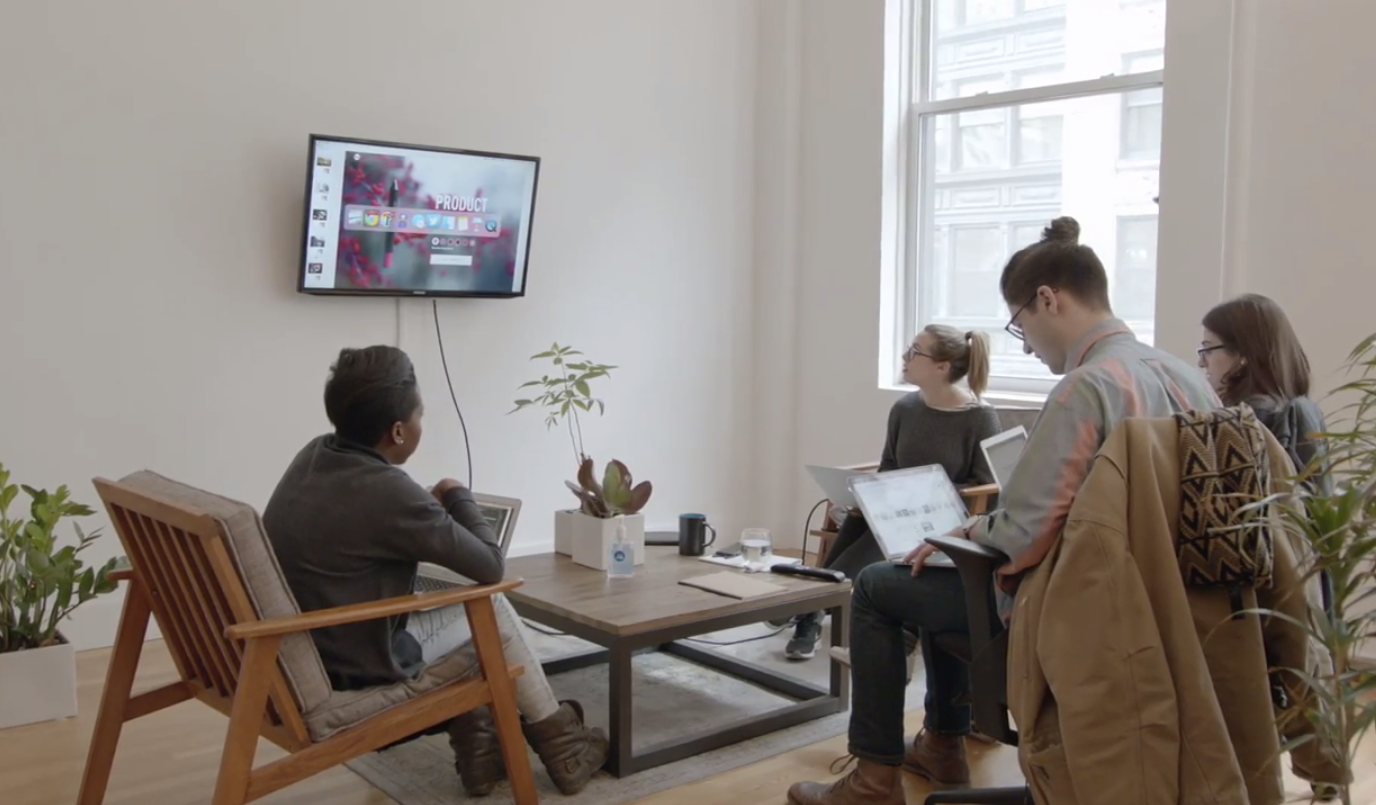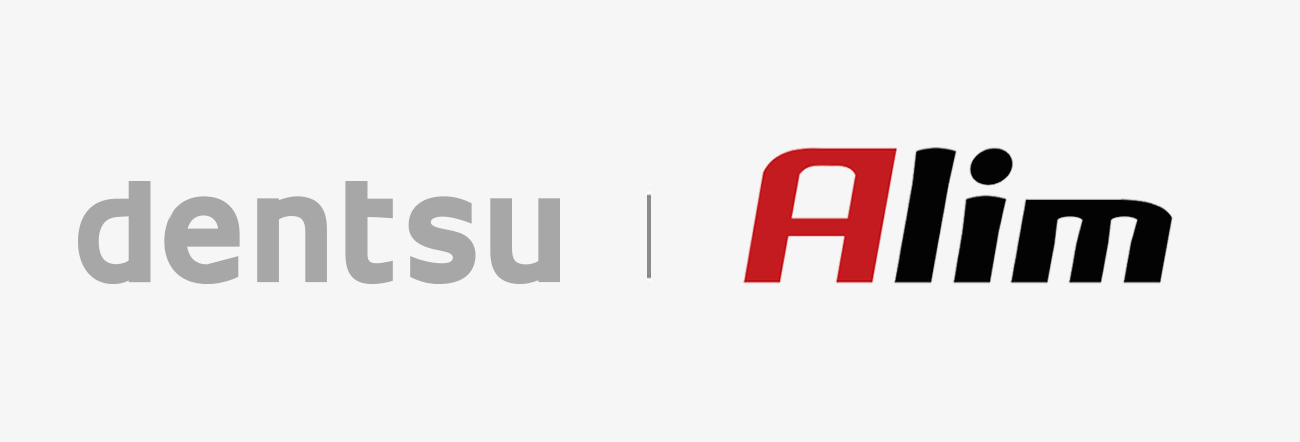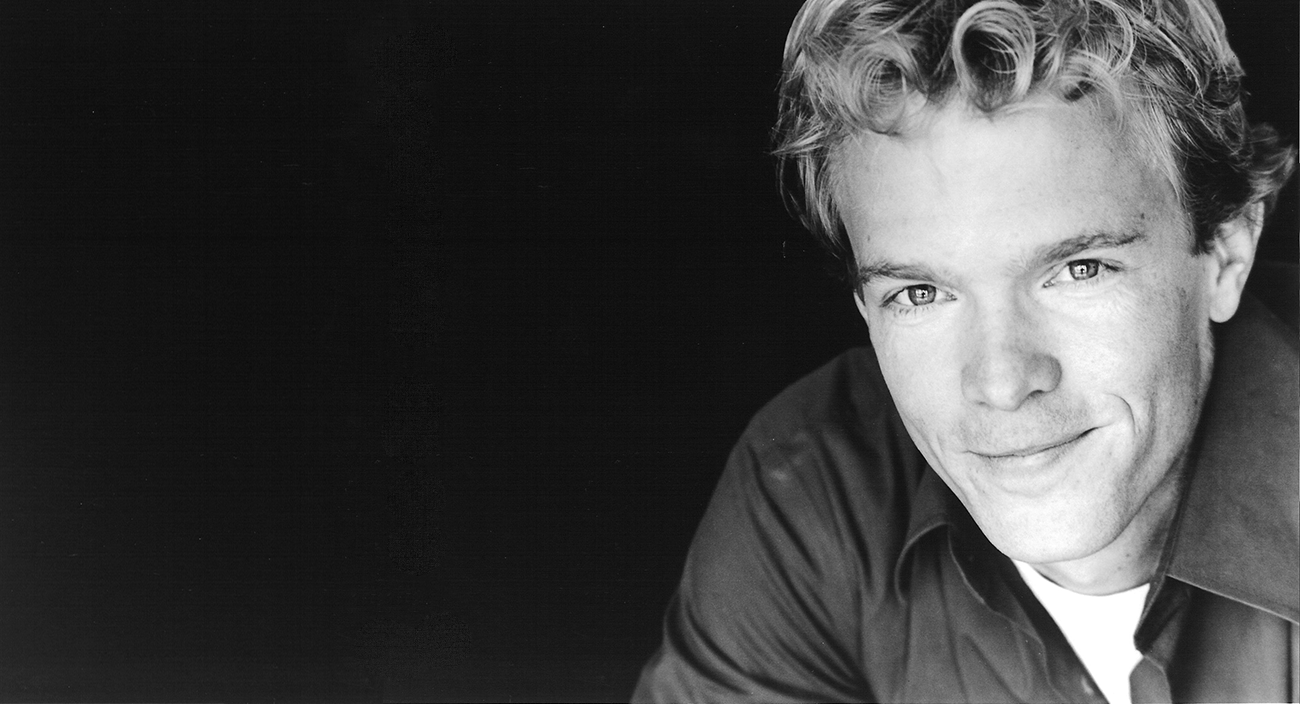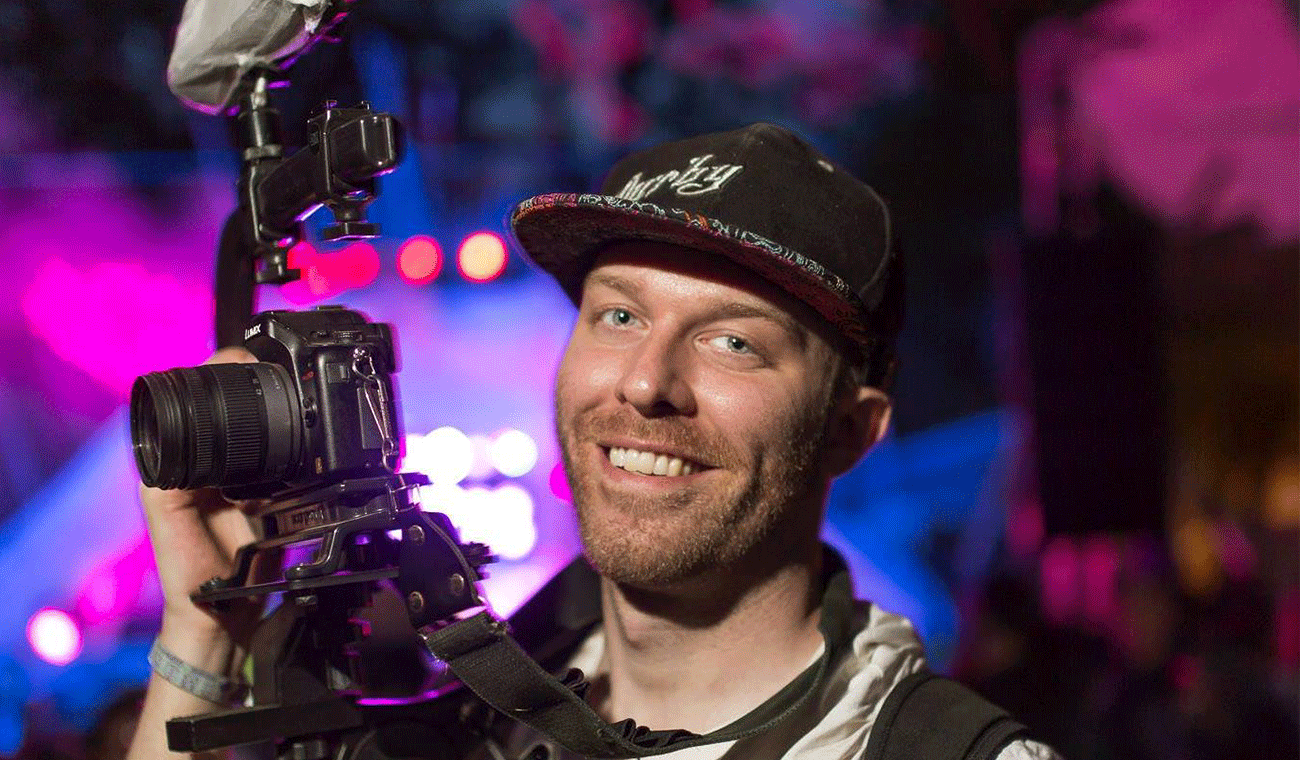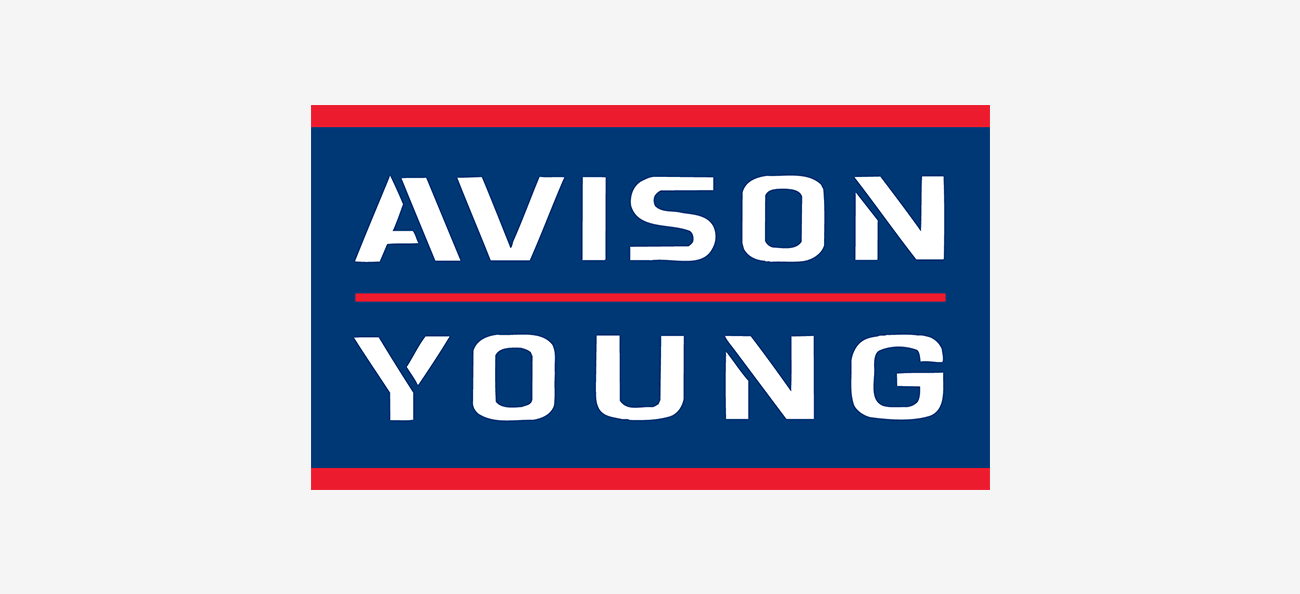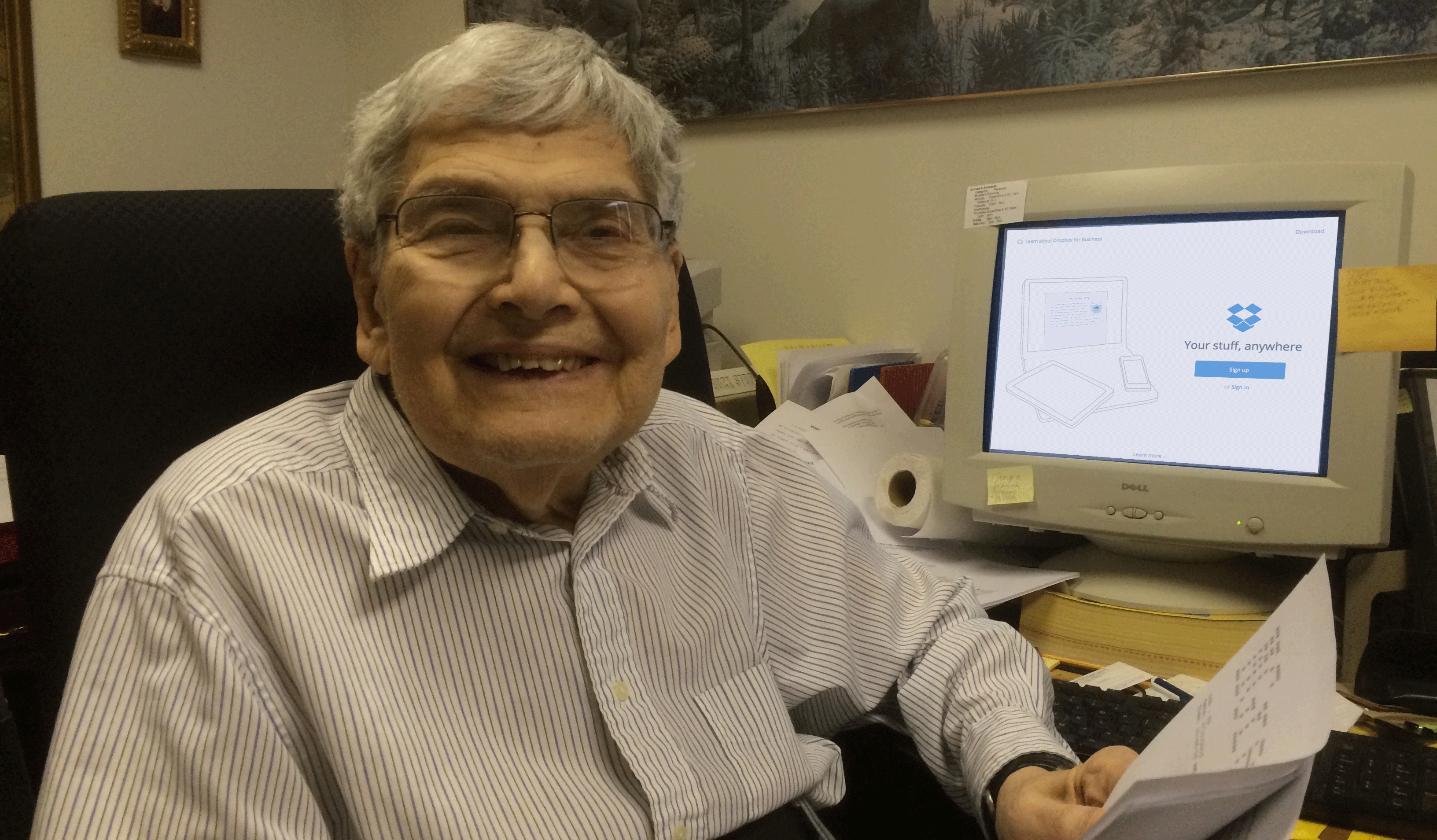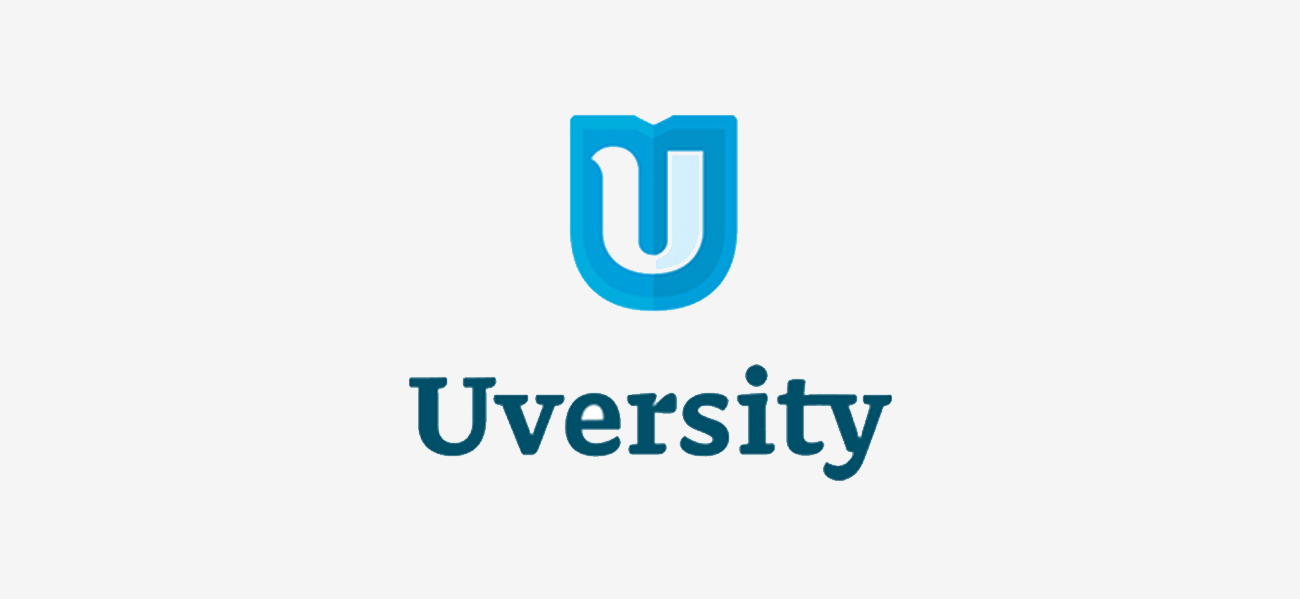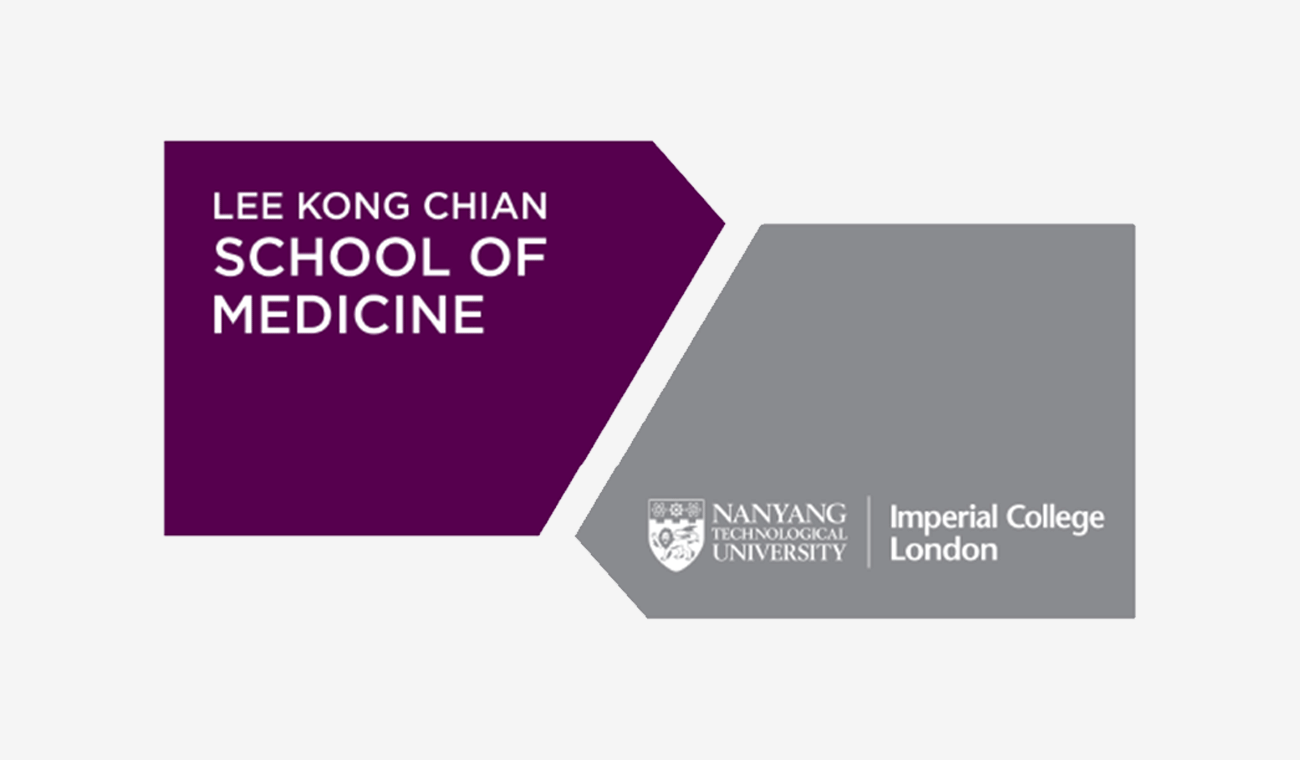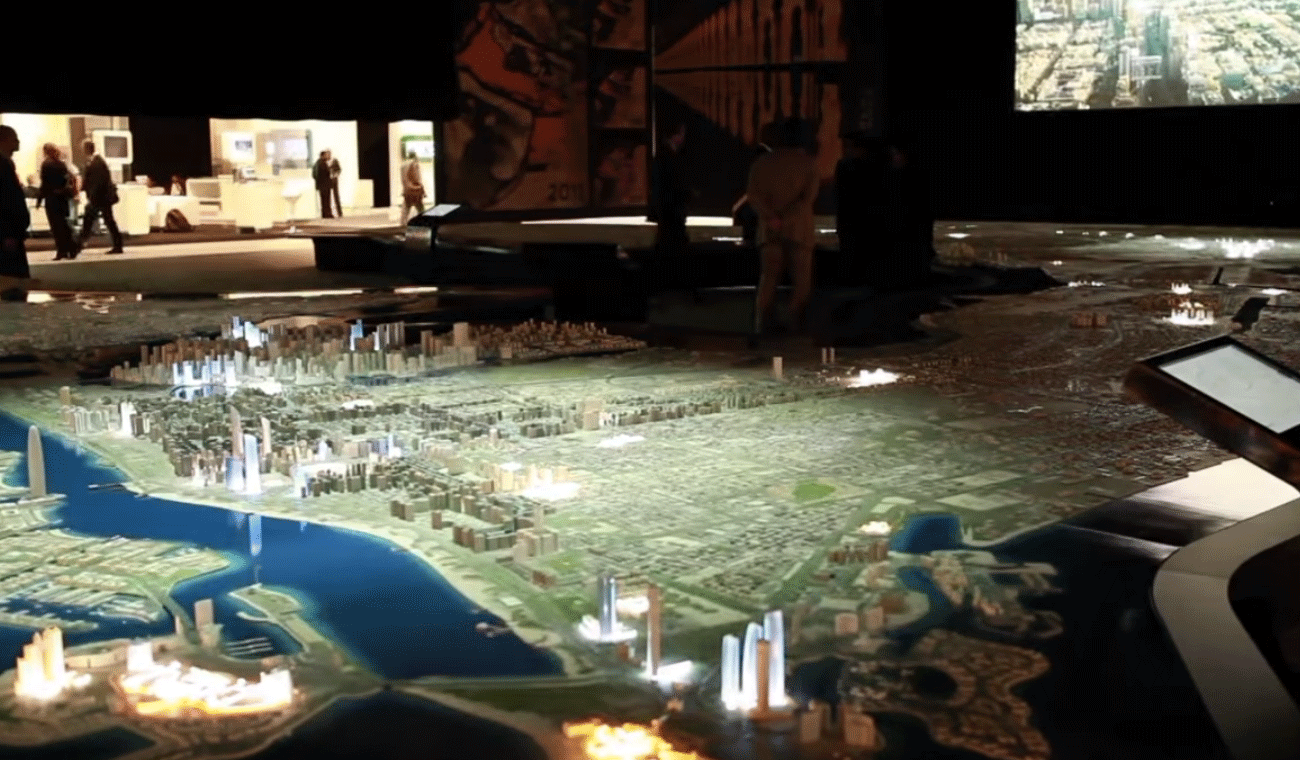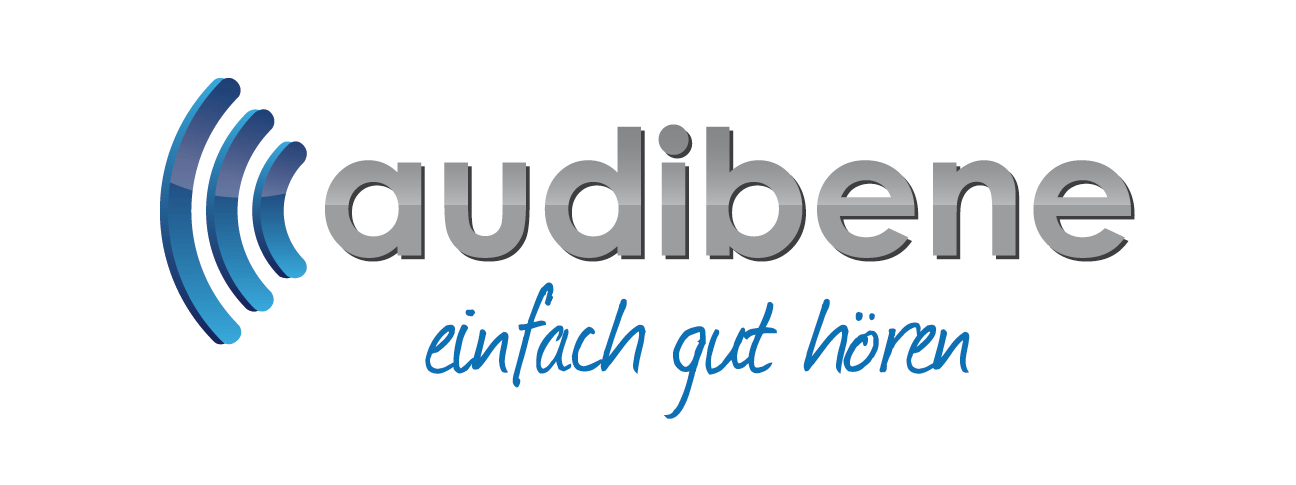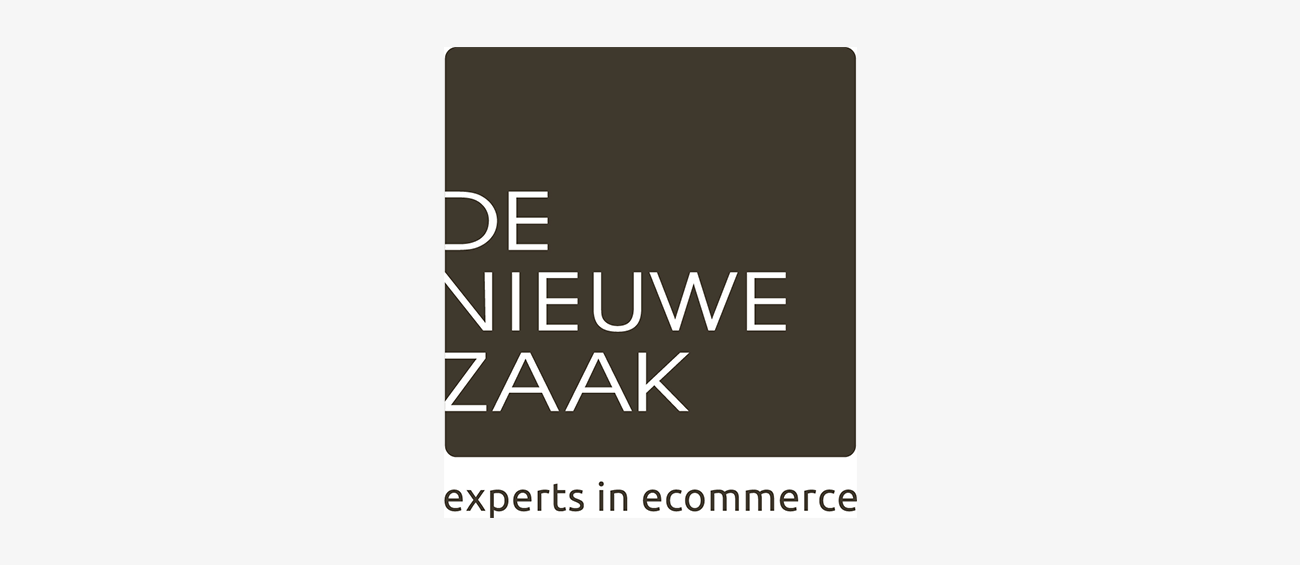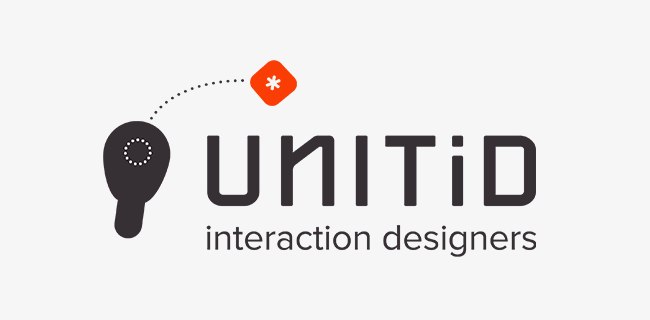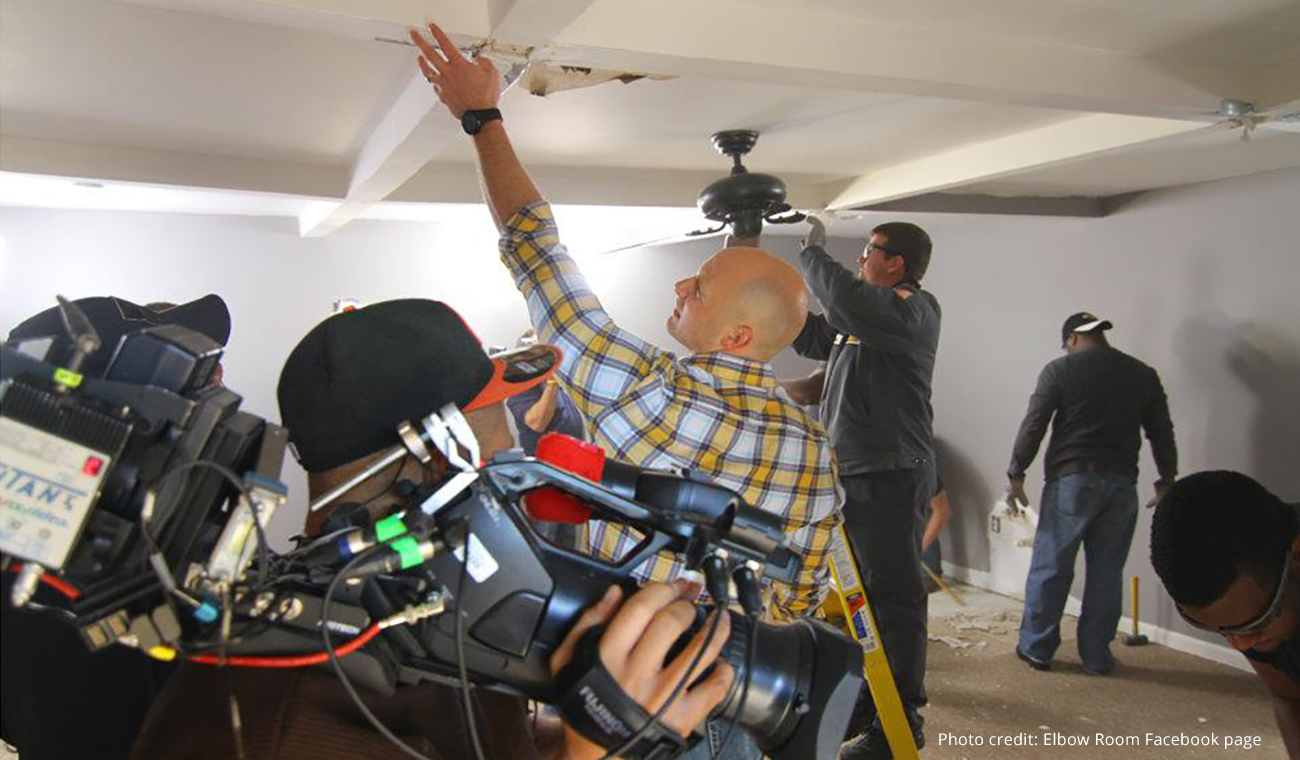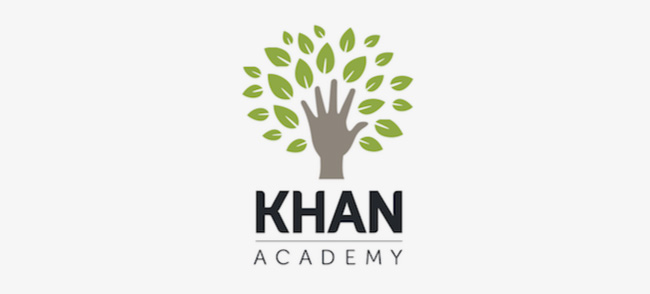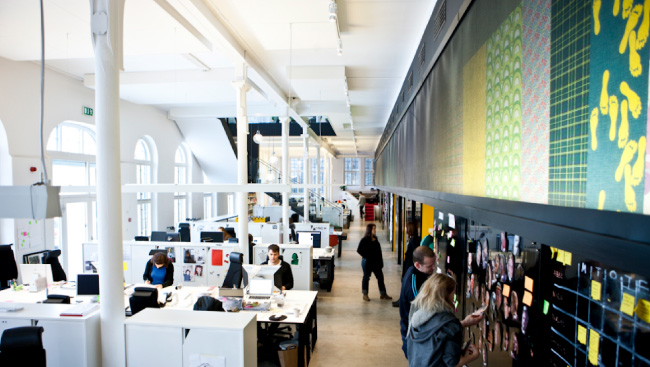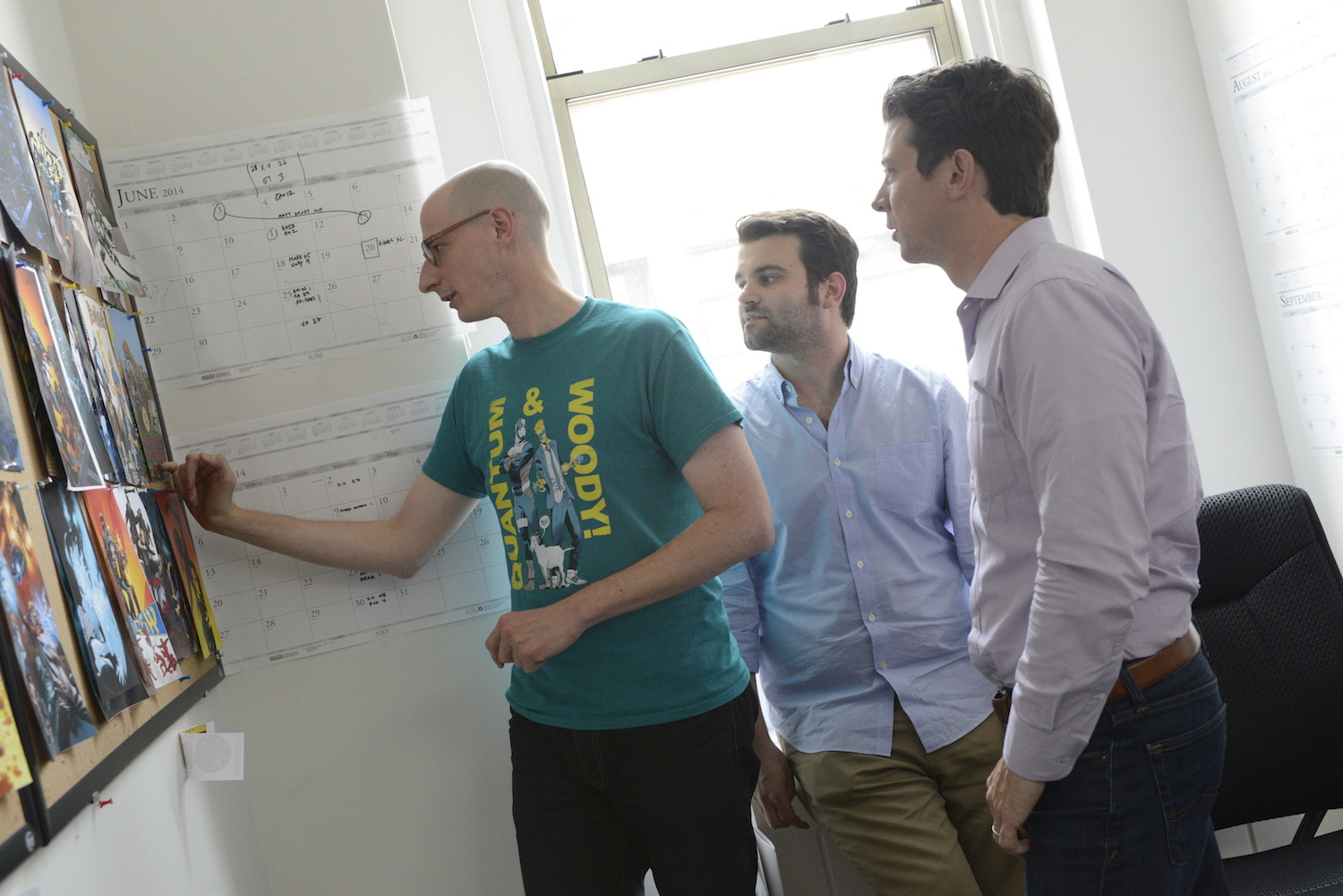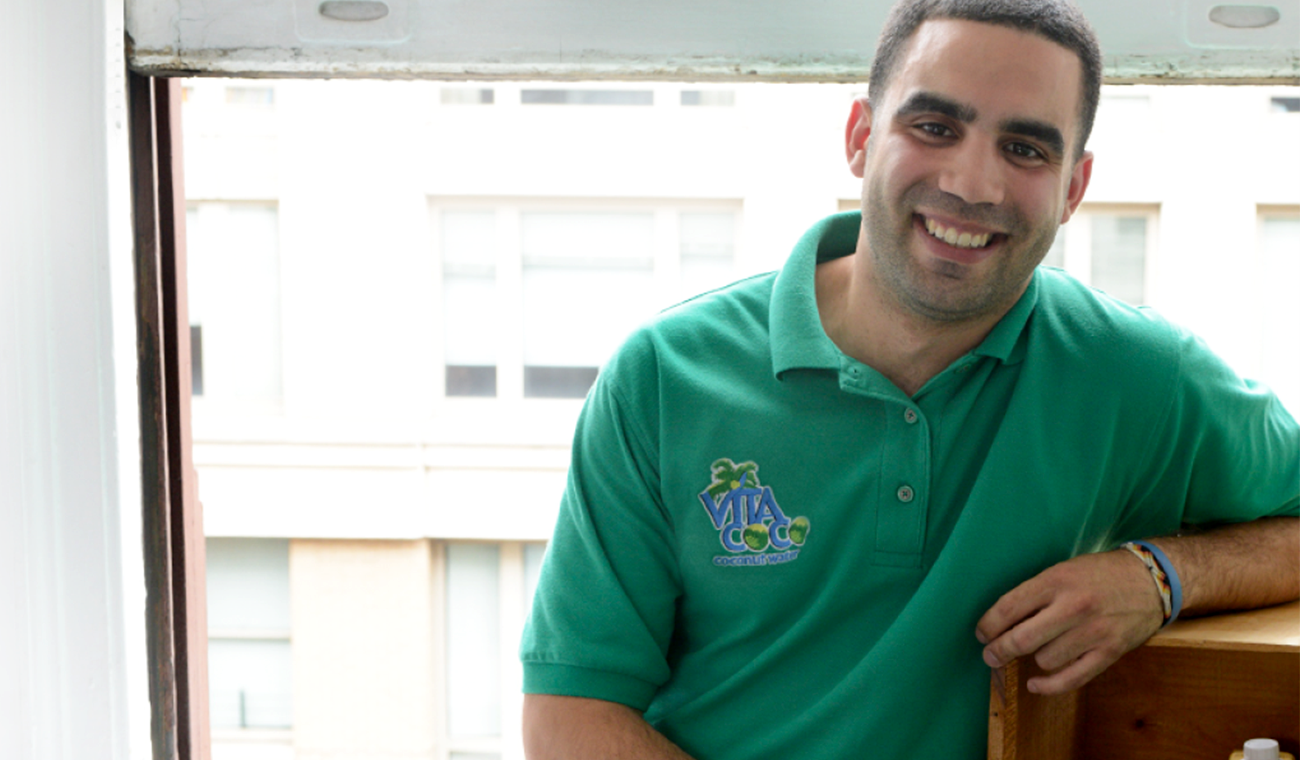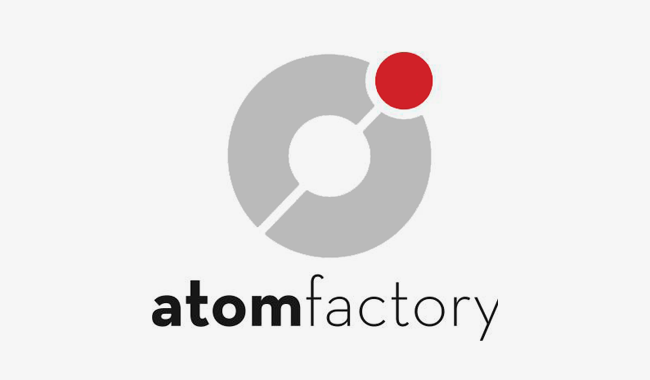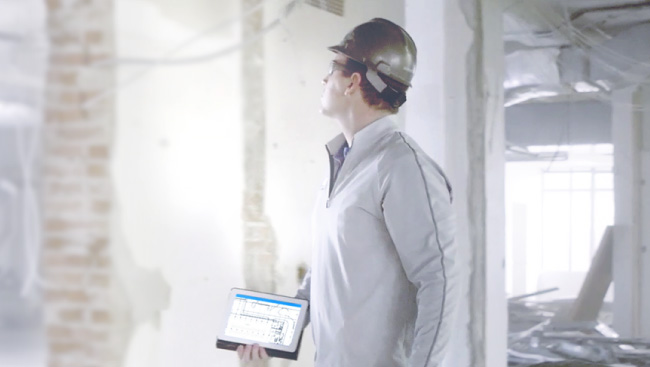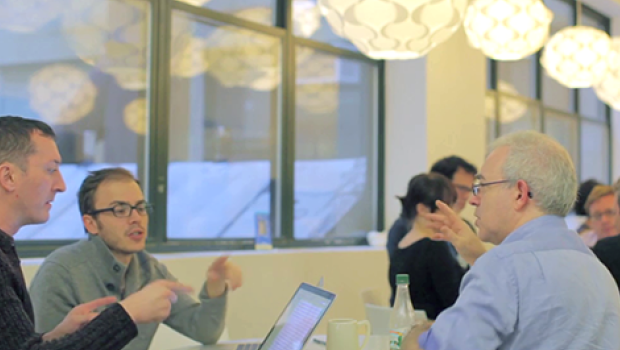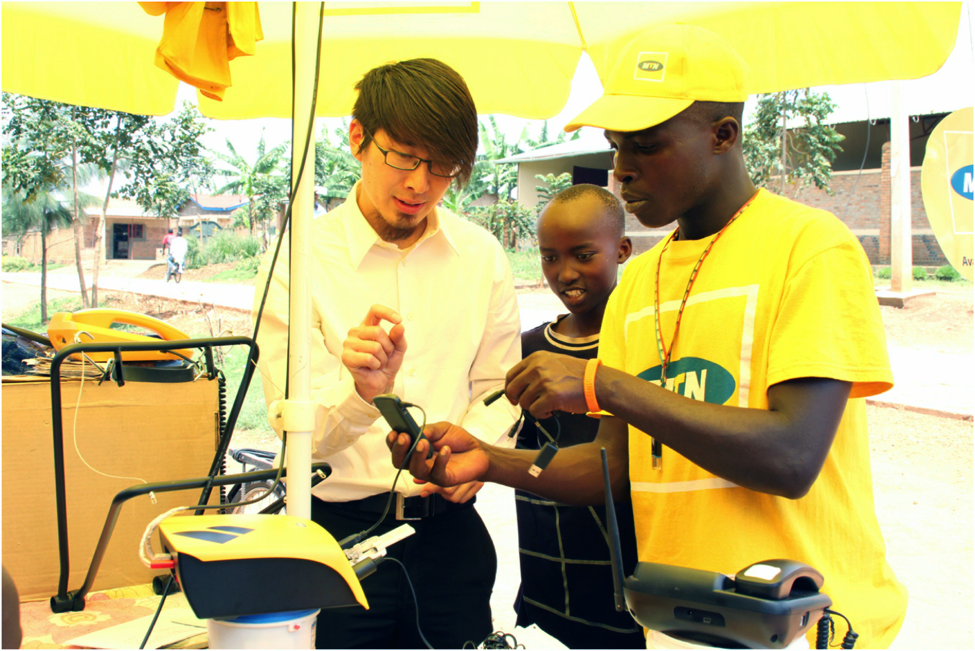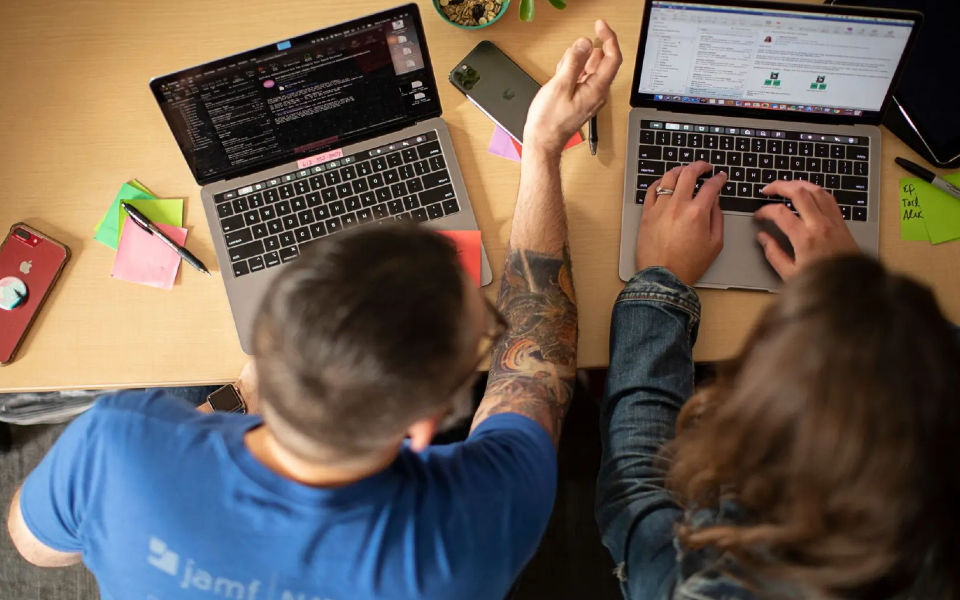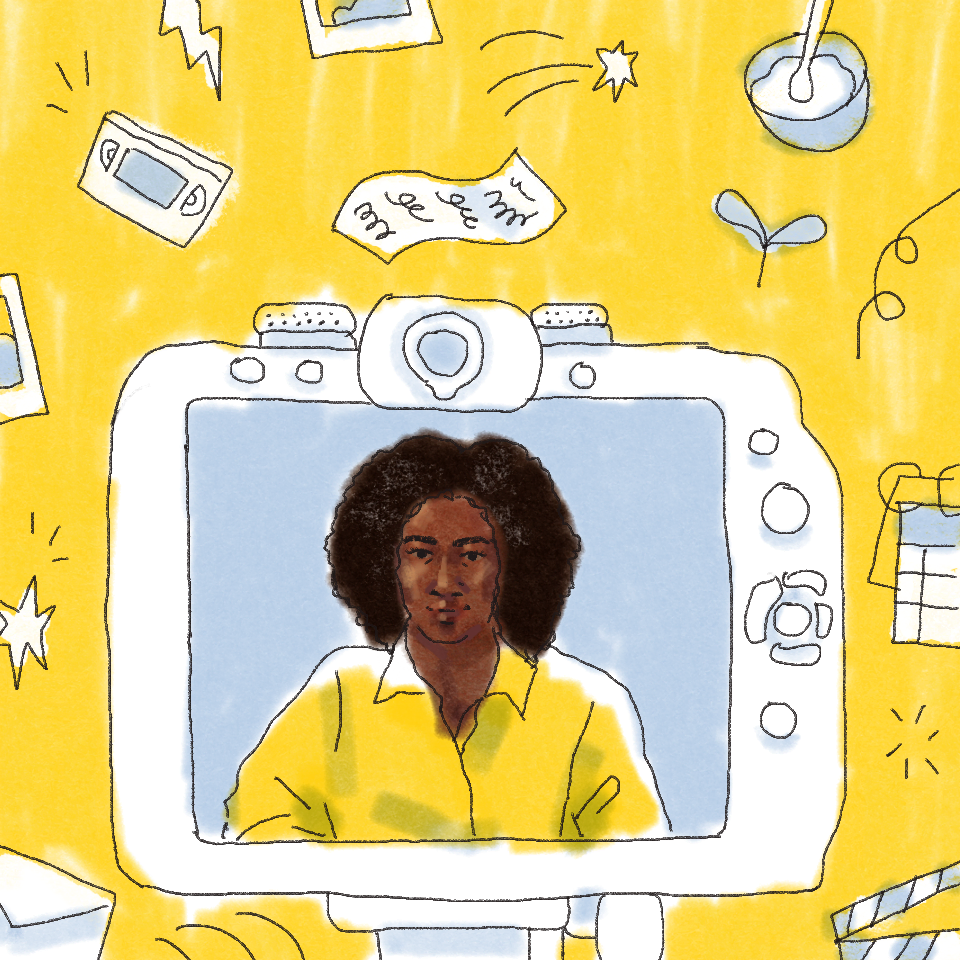
First Draft: What my debut film taught me about taking my time
Published on August 23, 2024
Siraad Dirshe, a multi-hyphenate freelancer, turned to Dropbox and Dropbox Sign as her creative and business partners when she was ready to go solo.
In our First Draft series, creatives look back on their first projects and share what they've learned from the experience.
When her Zoom window opens and the audio connects, Siraad Dirshe tells me she’s in a different state. And she doesn’t mean that literally, even though she’s in Los Angeles and I’m in New York.
“I love to think of my creative process in different phases,” Dirshe, a freelance writer, producer, and brand consultant, says. “Right now, I’m in a hibernation: A quiet time where you’re just consuming and taking in inspiration and jotting things down.”
She’s watching hours of videos on Vimeo, studying movie credits, and bookmarking Insta posts, all in preparation for whatever the next season—and project—brings.
But before there’s a next, there has to be a first. And that’s what I want to talk to Dirshe about: her first project, a short film called How We Remember. As someone who doesn’t like doing things I’m bad at, the idea of seeing your first try as something to grow from, as the beginning and not the end, is fascinating to me.
How do you do it?
For Dirshe, making her first film meant finally answering a long-delayed “call to tell stories.” She spent much of her early 20s working in finance, then transitioned to marketing, PR, editorial, and social media before becoming a freelance brand consultant in 2020. But those jobs didn't quite scratch that itch: Yes, she was telling stories, but those stories didn’t always speak to an audience who looked like her.
So in 2022 she decided to self-fund a project that would be her vision brought to life. How We Remember is a warm reflection on how Black people can honor and preserve their history, with three generations of Dirshe’s family serving as an example. (“I kind of bullied my family to be honest,” she says, laughing. “Like, ‘This is for our family! No one’s gonna see it! Don’t worry!’”)
Dirshe’s late grandmother Melbahu Gibbs was always behind the camera, capturing moments on film or video—you can hear her voice directing relatives in family home movies. Karen Gibbs Clarke, Dirshe’s mom, is the family genealogist, finding ancestors and even the land they used to work on and own. Her sister Asha Dirshe writes down family recipes and, as a farmer, preserves the seeds of plants their ancestors used to grow; their youngest sister, Jasmine Clarke, is a professional archivist; and then there’s Dirshe, documenting stories on camera just like her grandma.
During preproduction, Dirshe needed access to decades of family ephemera—photos, videos, and documents—to understand what the project could be. But she was in L.A., far, far away from her family’s home in Boston.
“Jasmine digitized a lot of my grandmother’s photos and VHS tapes and hosted them on Dropbox,” Dirshe says. “Being able to look at all of those old photos helped me get inspired. I was asking her to upload things constantly, and she was able to make folders where I could easily access them.”
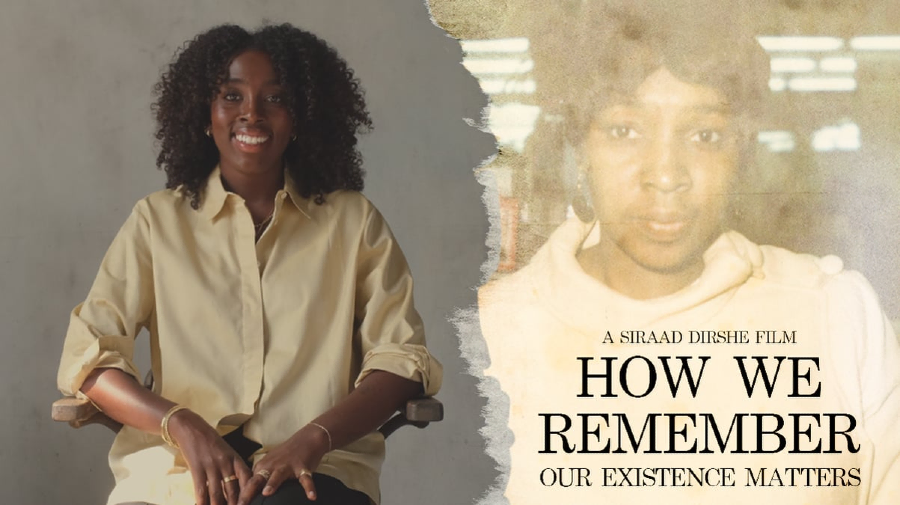
"I’ve operated as a lone wolf, but collaboration can breathe completely new life into something..."
It’s part of why Dirshe now considers Dropbox, and its e-signature platform Sign, to be indispensable to her work.
“Dropbox and Sign were helping in the very beginning with preproduction and inspiration, all the way to practical uses like payment,” she says.
After two days of filming in Boston with her family, and four weeks of postproduction in L.A., How We Remember was ready—and so was Dirshe. Turns out she had to tell her story first, before she could tell others: She’s since worked on projects that “open up the aperture of history” to include Black experiences in popular culture.
“When I look at old things, I’m like, Oh man, I wish I would have changed…” Dirshe says, trailing off. “But I have a lot of love and grace for the two-years-ago version of myself. That’s what I’ve been chasing since then: Trying to get closer and closer to what I feel like my true calling is, you know? That sweet spot where my talents and interests really overlap.”
Dirshe tells us the lessons that she learned from her first project that inform her creative process today.
On finding her why
A lot of our history as Black folks is passed down orally, and when that keeper passes away, that history also dies. In this climate, I felt this really strong call to document our stories on film. Films have a way of inspiring that emotional, visceral connection that you don’t always get with writing. There’s something super powerful about that, that can’t be questioned and taken away.
So when it comes to the stories I like to tell, the through line is Black folks, legacy, and participation—and honestly origination across different kinds of cultural moments and movements. I want to open up the aperture of history so that way we feel like we have a place in those moments.
On building a roster of collaborators
This was my first project as a solopreneur: I had done some producing work, but hadn’t directed anything. My fiancé Joshua Peters—my partner in life and creativity—is a film director, and was super helpful in terms of practical steps. Then through friends of friends, I started to assemble some folks who were down to film my family.
Now I have teammates I will tap for a project. It’s not like I have an agency or full-time production company and constantly have people on retainer or anything like that. I’m always observing and keeping a log—I have an iPhone note of people’s work I really love: directors, cinematographers, or colorists I would love to collaborate with.
If it’s someone new, starting the relationship before you need something is important. You know, organically fostering a relationship. I’m very quick to compliment people’s work that I love. l’ll send them an email, like, “Hey, I love this project you worked on. I would love to grab coffee or have a 10-minute chat.” And if it’s crunch time, I’ll ask people in my network that I’ve worked with in the past and friends whose taste I really trust.
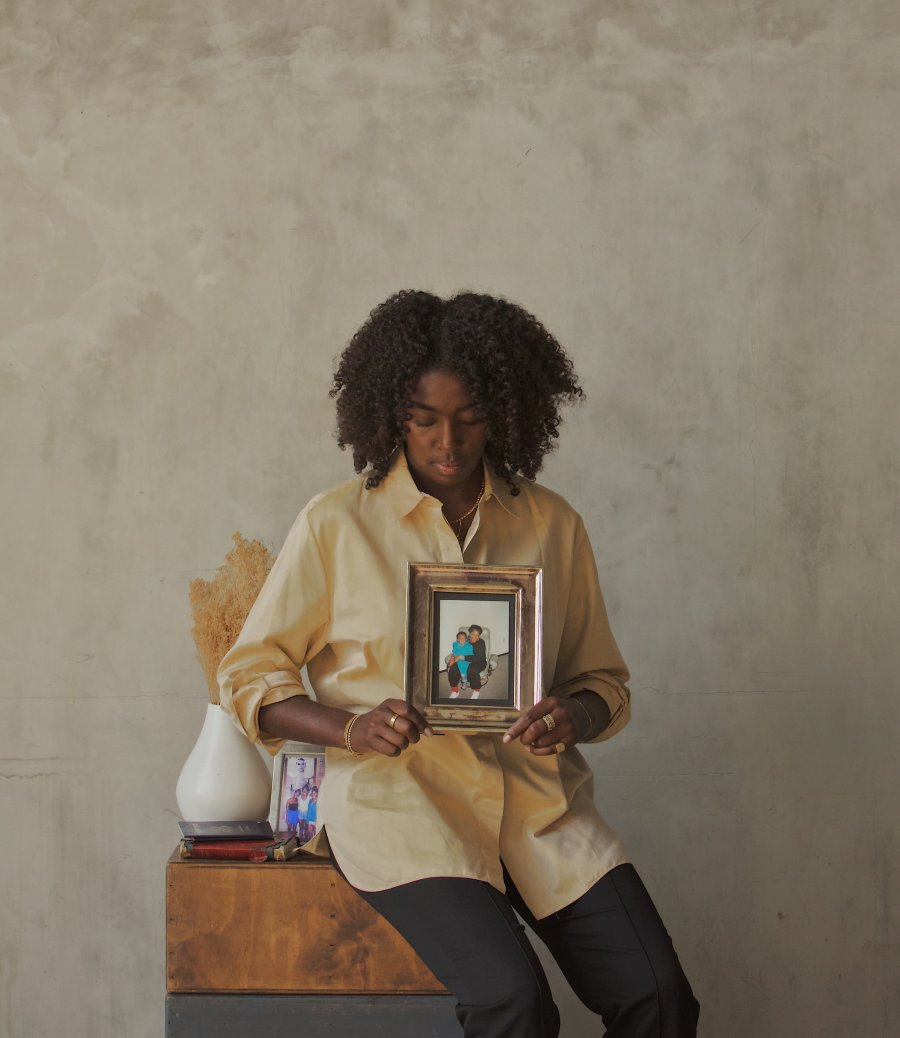
Then if you guys decide to work together, being able to sign things quickly and efficiently electronically is super helpful. And also making sure that it all stays in one place. Josh and I use Dropbox all the time because we have different team members and we’re not all in the same place. It’s easier for people to upload and download things from Dropbox than anything else. I use Sign because there’s so many documents that need to be signed from the very beginning, whether that’s signing an NDA because I’m just starting to engage in some ideation.
On getting and receiving feedback
I’ve operated as a lone wolf, but collaboration can breathe completely new life into something and make your project that much more dynamic. I love when someone’s like, “Hey, have you thought about this from this angle?” But I like to have my own point of view first and get those ideas outside of my head, whether that’s an outline, a deck, pulled images—something that can be a jumping-off point for conversation and feedback. It allows me and them to truly see what I’m building to get us thinking in the same world.
There’s usually an emotional attachment with projects that are my own, so it can almost feel like someone is attacking me and my idea. But I try to remove my ego a little bit. I had a conversation with someone the other day on a project I’m super passionate about, and they had some harsh things to say. I was like, You know what? I gotta sift through it. Like, what’s valuable? What should I incorporate? Then everything else is just an opinion that you don’t necessarily need to take.
On taking your time
Inevitably, you’ll feel like you don’t have enough time, but I do think spending a little bit more time in pre-production can helps the final product. Then you can be a little bit more judicious about your team—really researching and spending time with them. You want them to truly understand your vision as a director as opposed to just getting who is available.
At that time, I was really trying to submit the film to some festivals, so we had a pretty hard deadline we were editing against. But the learning is don’t rush it. It was a real deadline, but maybe you have to push it off until next year or a different festival. Don’t rush the product because it’s just not worth it in the end. But you live and you learn and I’m happy I did it. Your first one is always going to be a learning. I mean, all of them will be… but you’ve got to do the first one.
This interview has been edited and condensed for clarity.
Want to share your story? Email aakitunde@dropbox.com with First Draft in the subject.
 Dropbox Dash: The AI teammate that understands your work
Dropbox Dash: The AI teammate that understands your work
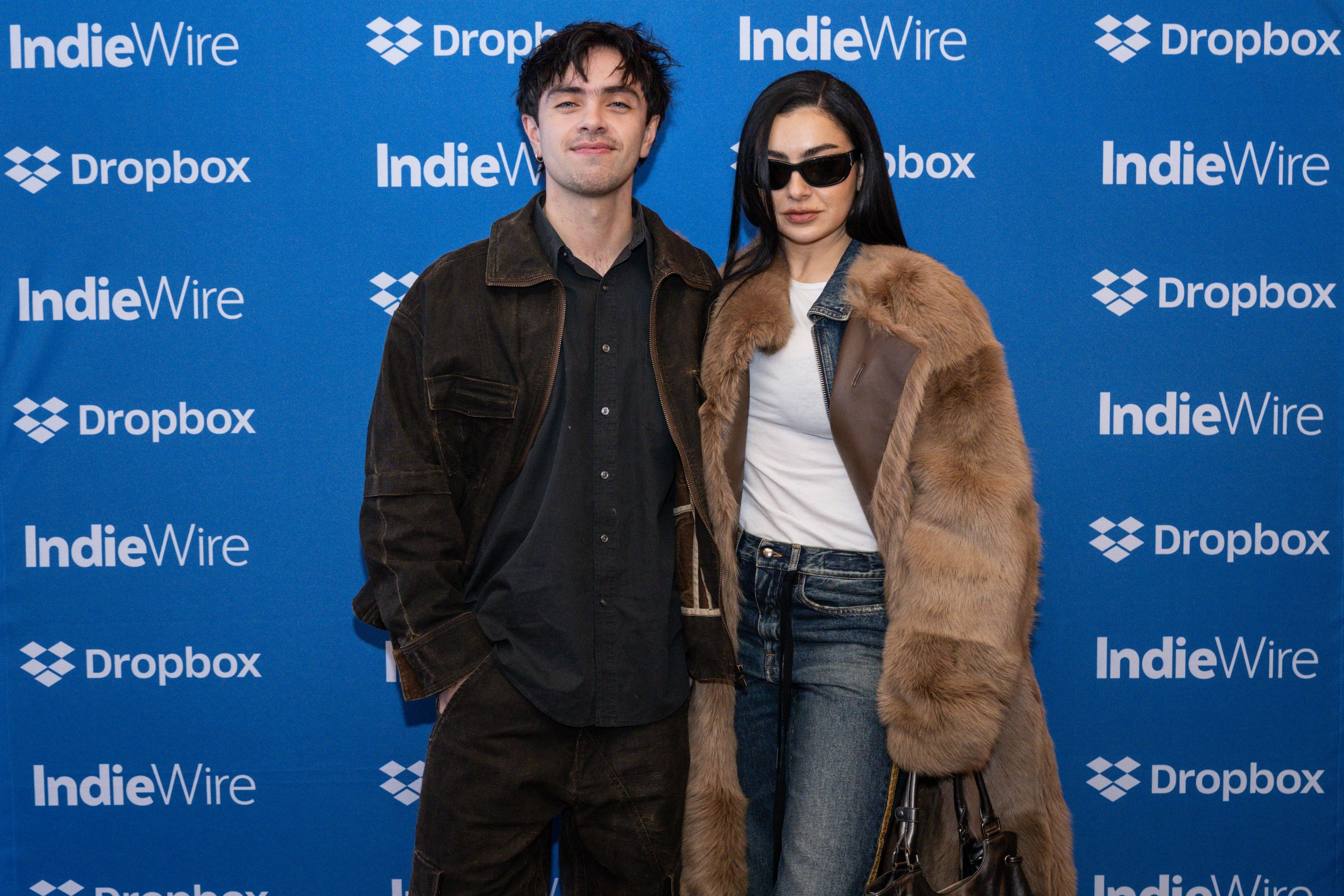
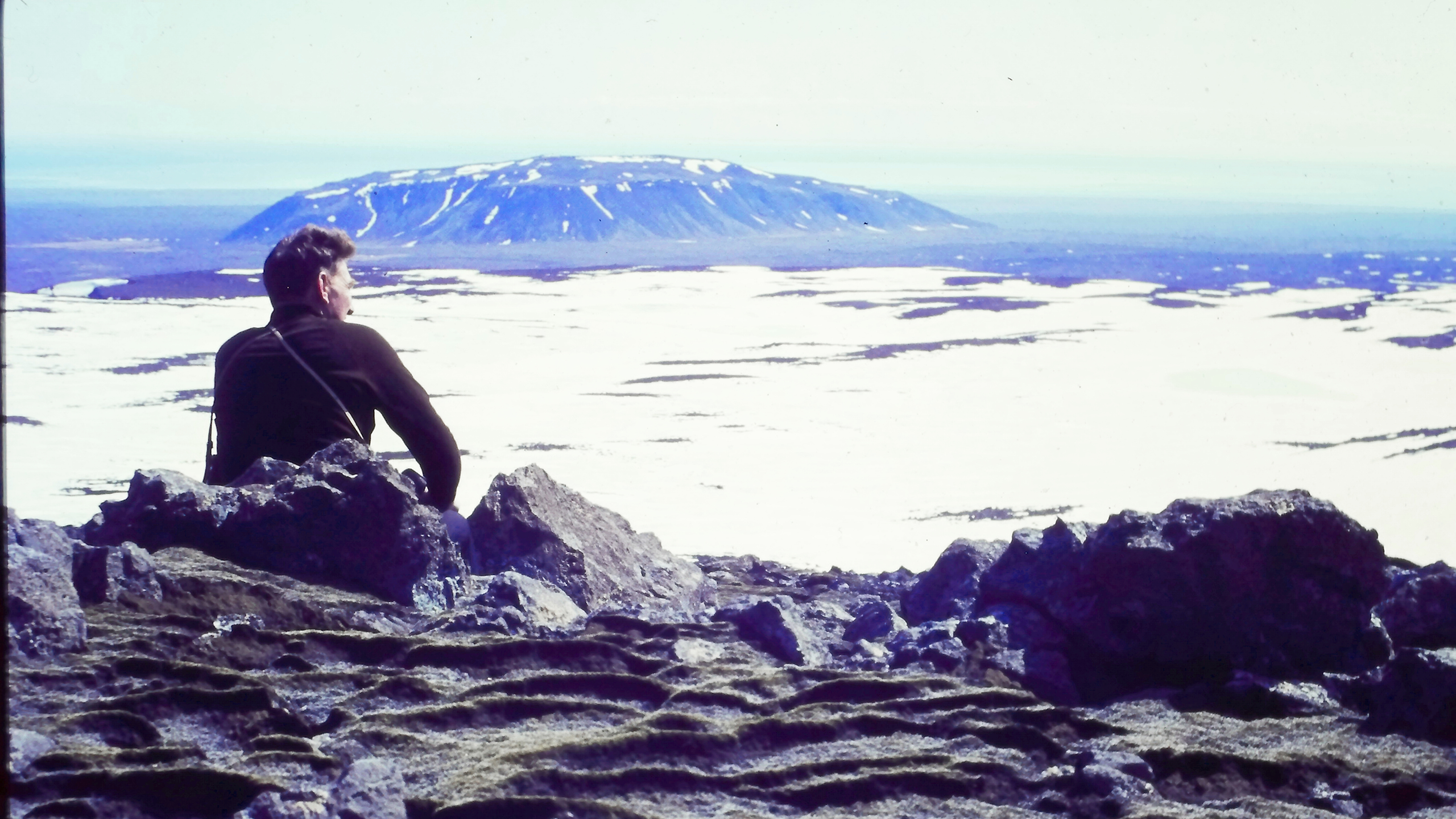
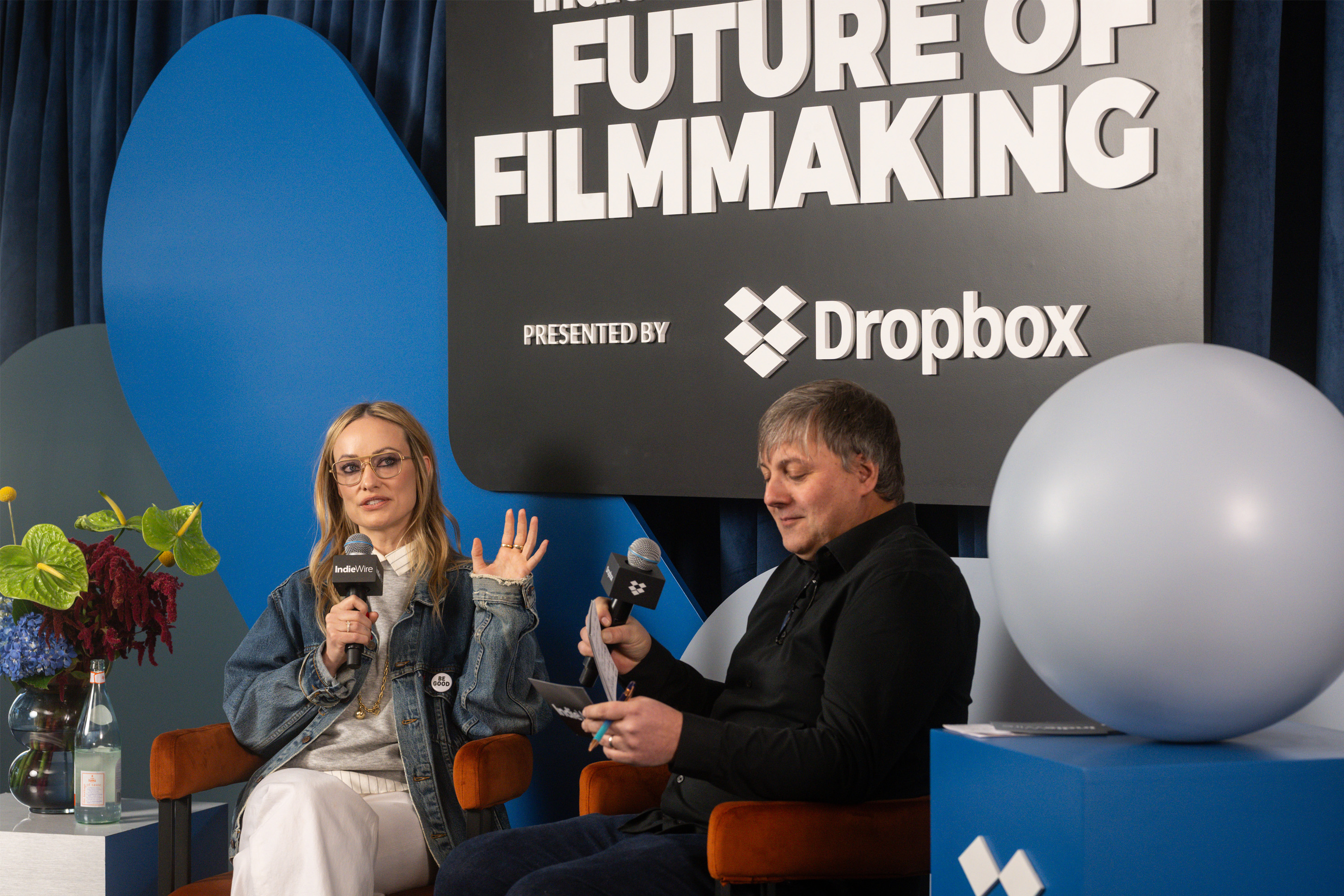
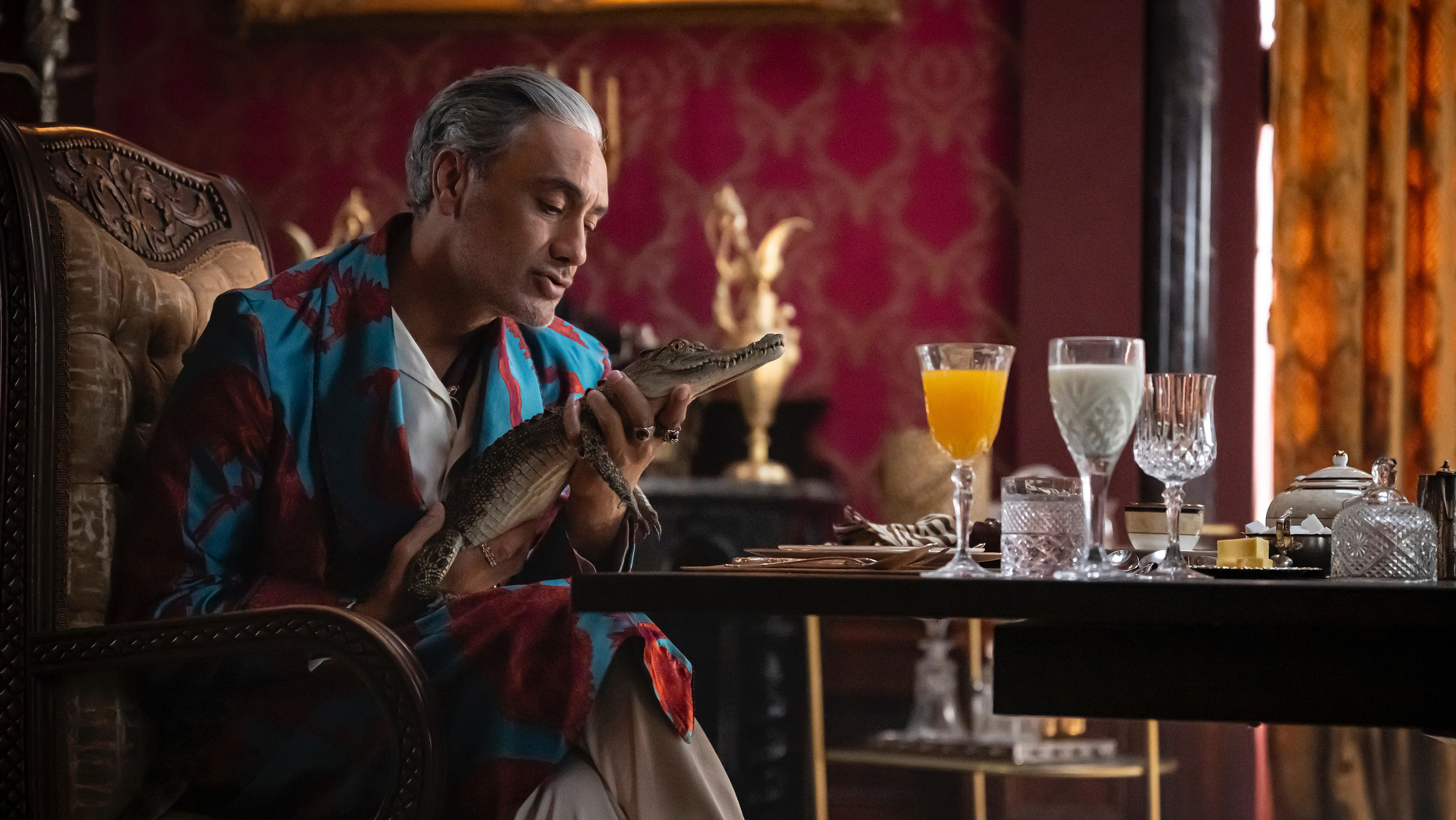

.png/_jcr_content/renditions/hero_square%20(2).webp)
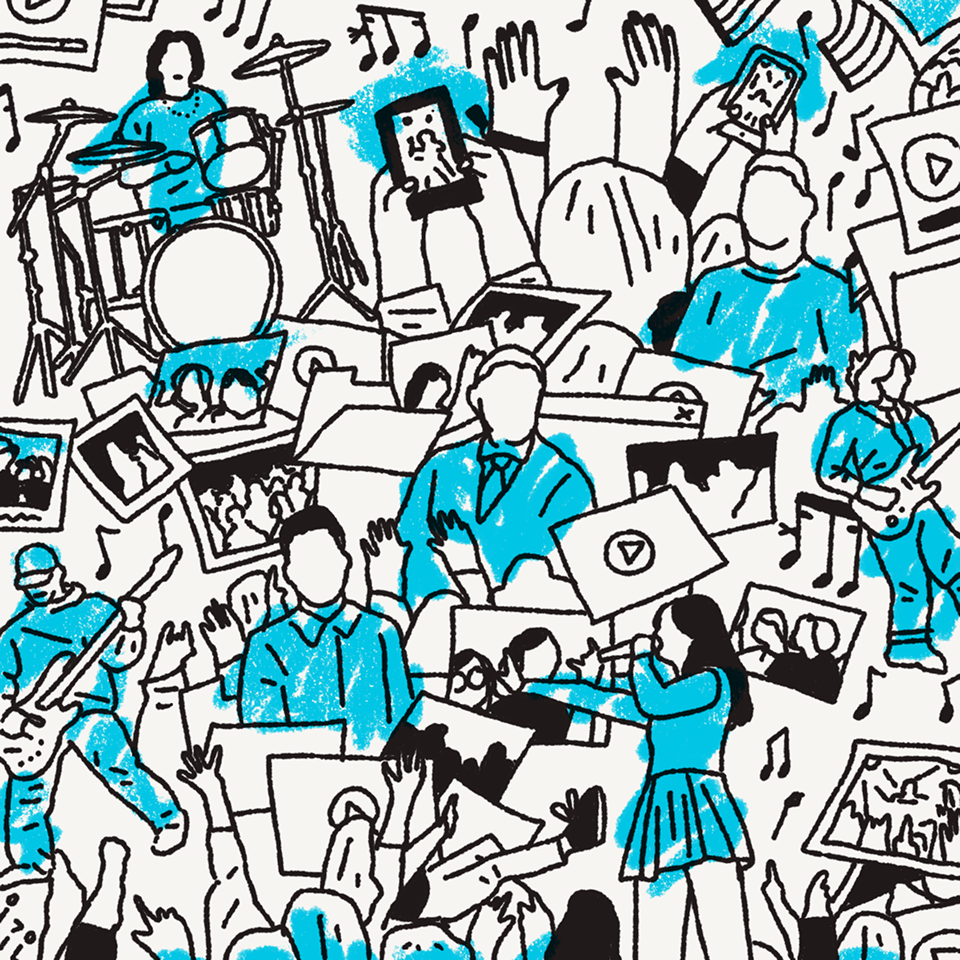
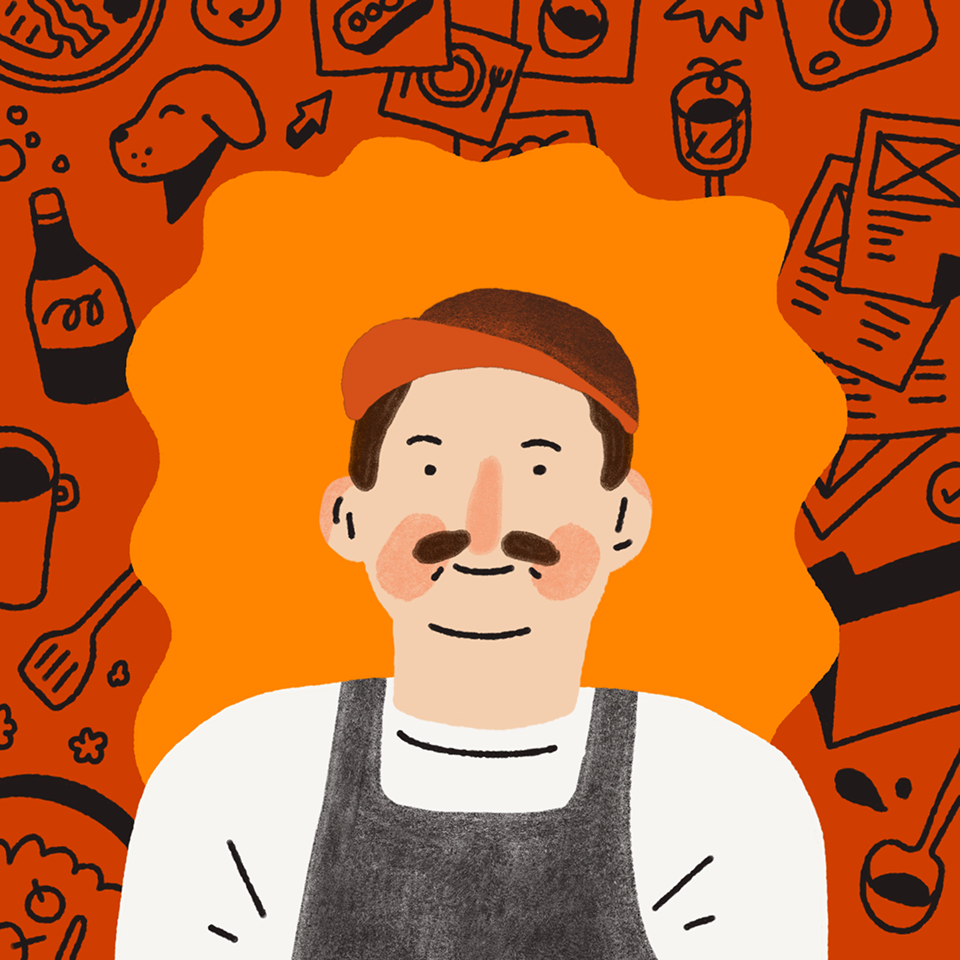





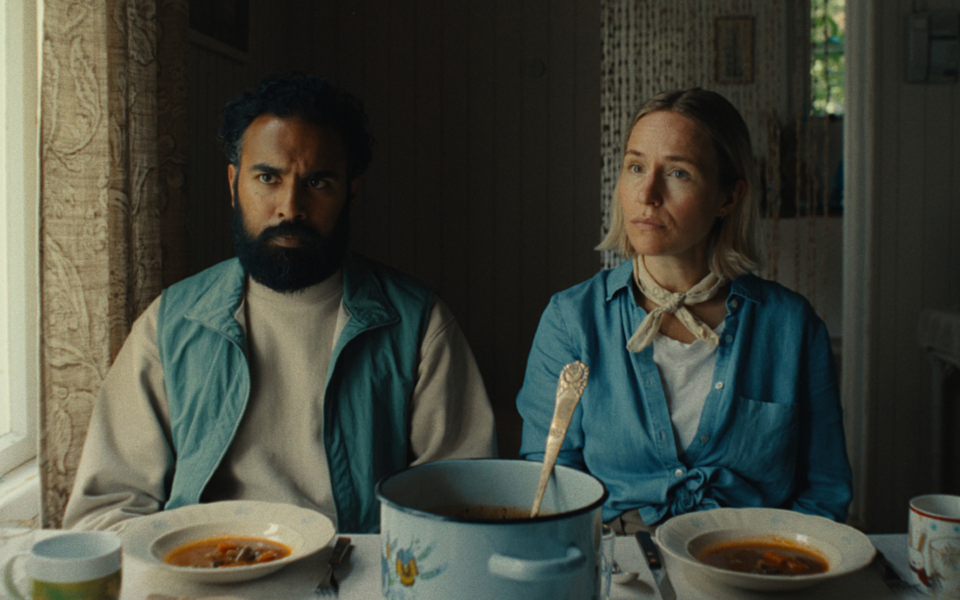
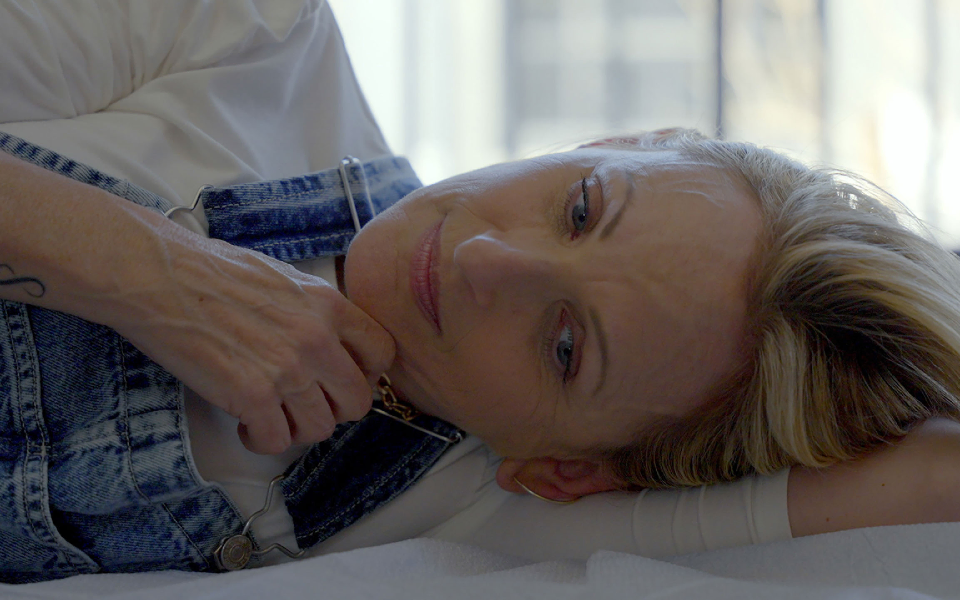




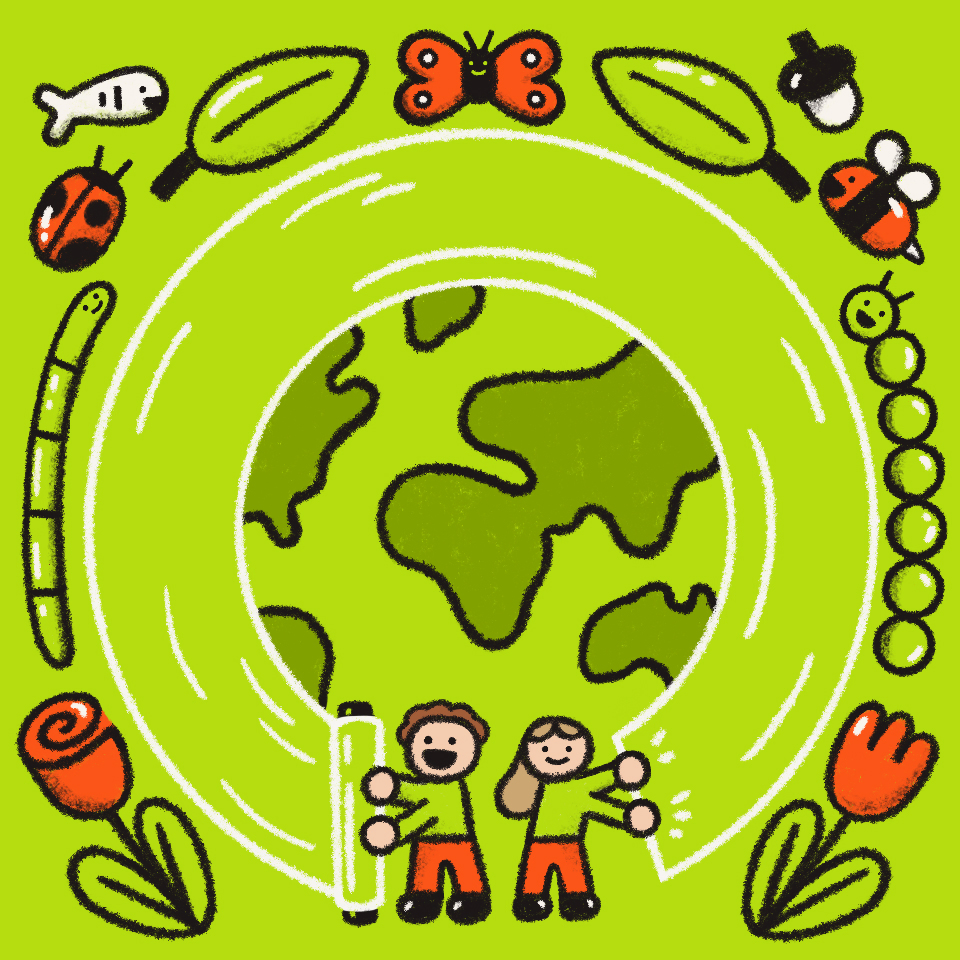
.jpg/_jcr_content/renditions/1200x628%20(5).webp)

